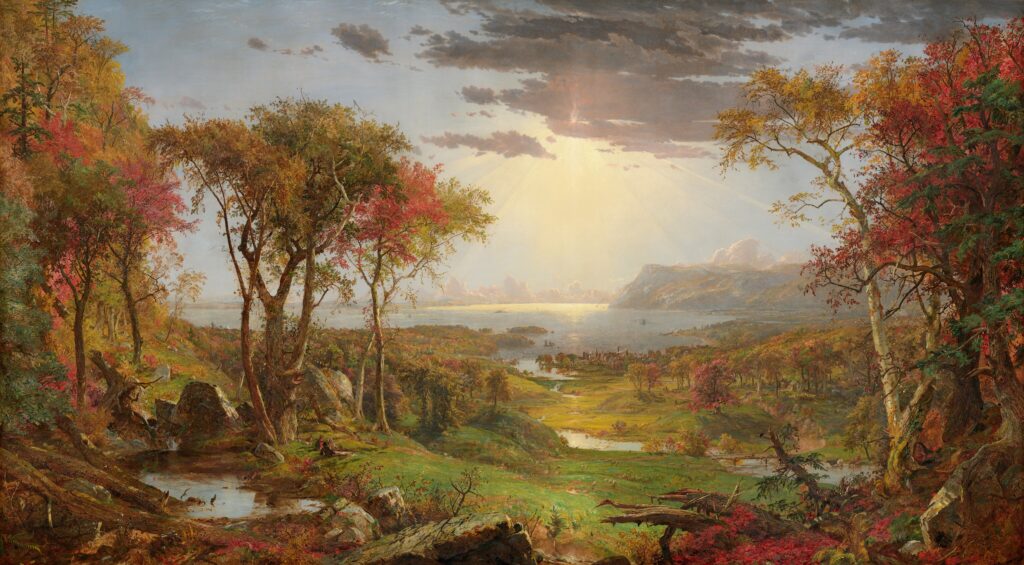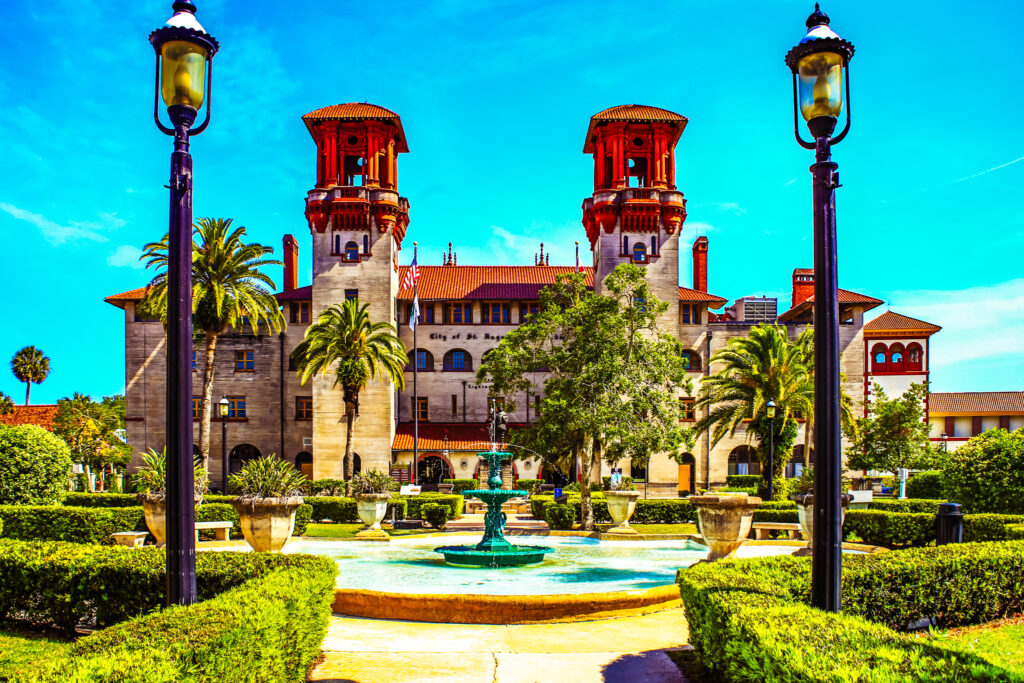
Jerry Grenough is an architectural photographer who truly comprehends the impact that professional architectural photography can make for you in the niches of commercial, residential, interior design and apartment communities, builders and resorts, restaurants and hotels. I showcase the interplay of light and structure and energy in unique still photography. I can wrap up a project before sunset. And a unique selling point –
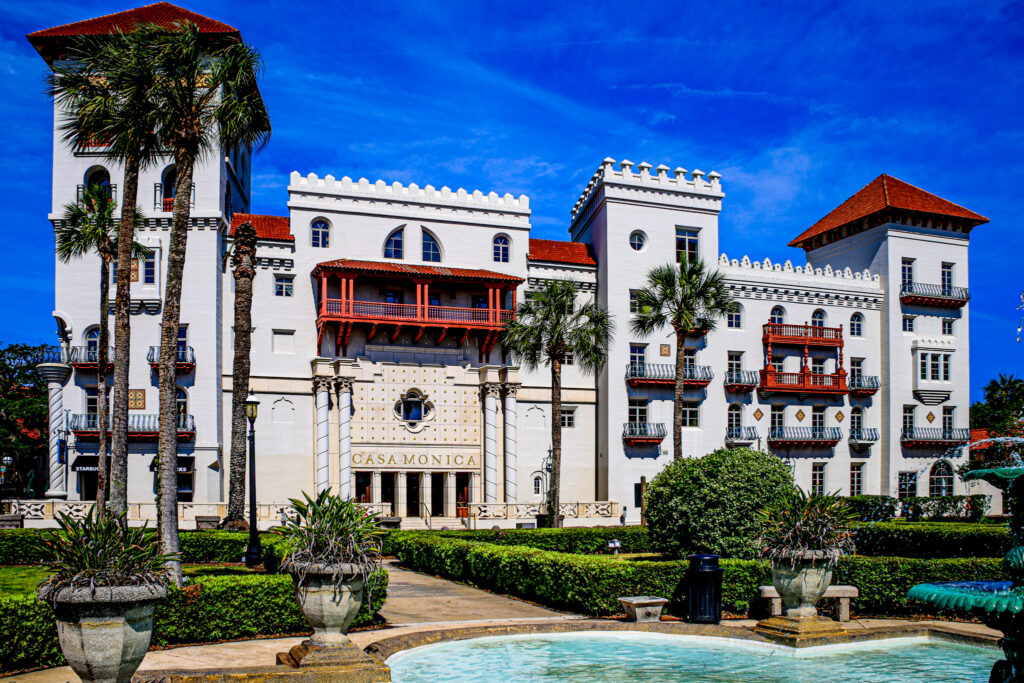
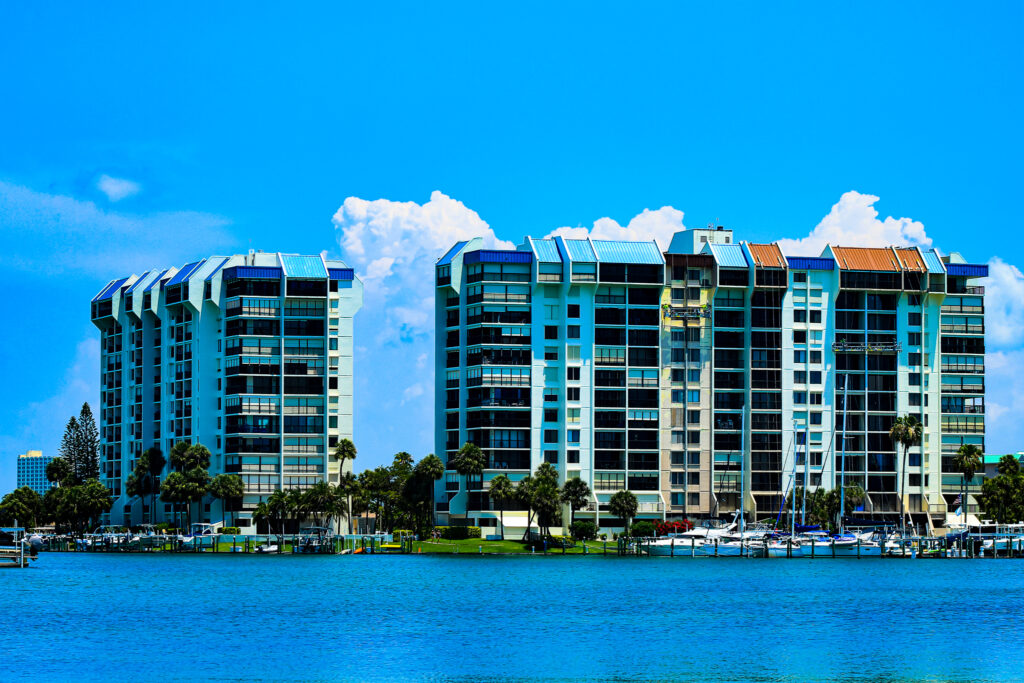
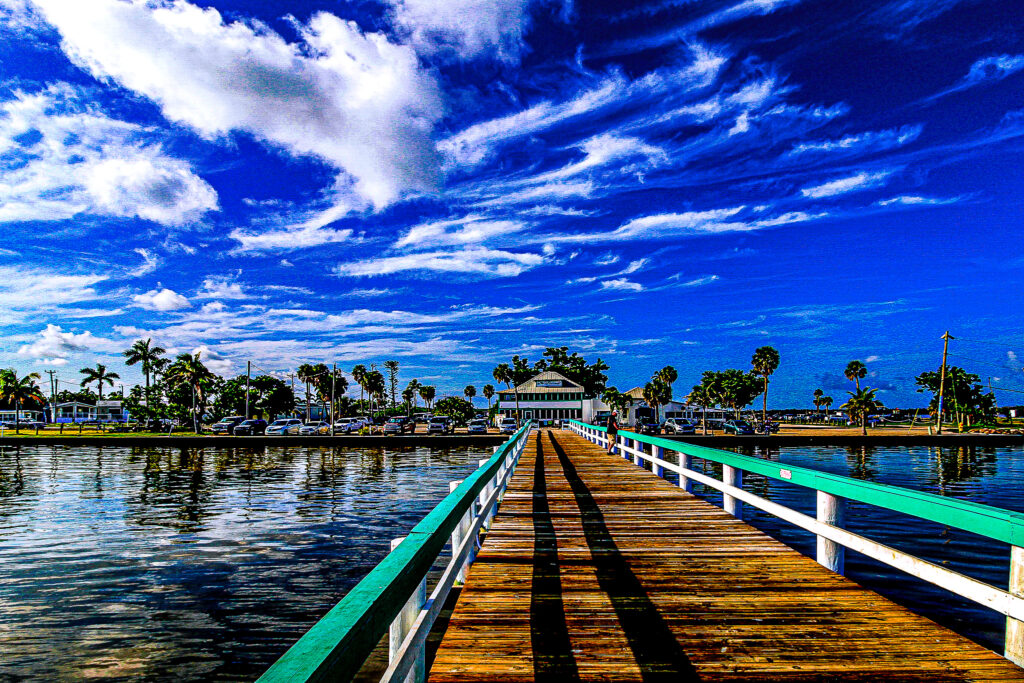
For Architects, HOME Builders, Resort Managers, Hotel & Restaurant Owners, RETAILERS and Interior Designers: In a one-day shoot we create fine-crafted interior images and a minimum of 7-9 exteriors (various angles of the front and rear elevations). We work on the basis of quality over quantity. A normal day is billed at US $199 per hour for the shooting time, and then proofs are delivered afterwards. Each proof approved BY THE CLIENT is THEN offered as a Licensing, in perpetuity. THEREFORE THERE IS THE CREATIVE FEE, FOR THE SHOOTING TIME, BILLED AT $199/HR on a RETAINER basis, AND THEN A LICENSING FEE DEPENDING ON CLIENT PREFERENCES AFTER VIEWING THE PORTFOLIO. The client can acquire two proofs or ten, at their discretion.
We produce spectacular and cinematic architectural photography all over Florida, and also provide some boutique photography services. If you purchase one of our royalty free images, you pay one price for unlimited use of the image with very few restrictions. This means that you can put the image on the cover of 1 million books, if you really want to. You just pay that one price, up front, and the image is yours for virtually unlimited use until the end of time. This is a unique selling point we offer in the market today. That type of generosity in licensing our images may be hard to believe for many, but that’s exactly what it means. The vast majority of photographers use rights-managed licensing contracts, which are a plethora of detail and complexity and restrictions and lead to controversy quite frequently. I have enough lawyers in my family that I know I don’t like to deal with them, so I’ve made it extremely simple for my clients.
MY FEES AND PROCEDURES IF YOU HAPPEN TO BE A CORPORATE CLIENT – Now – having said the above, which is true, it is feasible Post-Production to utilize several software programs in sequence to convert a photograph into 300 DPI, for instance. This is all part of post-production. Post production occurs in every shoot – a variety of editing occurs in both Lightroom and Photoshop. My rule is that if the photographic shoot is 2 Hours, and that’s a minimum per my standards, then the post-production is also billed at 2 Hours. Therefore the professional fee is for 4 Hours – at $199 per hour. That’s $796.00 and that’s how I bill and it’s more than reasonable for the value and end product. In the rarefied world of architecture photography, I normally use a 50% retainer, and then 50% payable on presentation. A 2-Hour Shoot covers the majority of projects. We utilize a full-frame Canon 6D.
THE CREATIVE FEE:
This fee represents the skill and time to complete the assignment. It includes meetings, views prior to photography, and of course actual time on site on the day of the principal photography. But it also includes postproduction time. Postproduction involves image editing and processing – retouching, compositing, color correction et al. It is not unusual for the postproduction work to consume as much time as the photography. If the photography is 8 hours, the creative fee is often based on that time and an equal number of allocated hours for postproduction work, or a total of 16 hours.
Contact: [email protected]
Cell (727) 403-9559 Bokeelia, FL
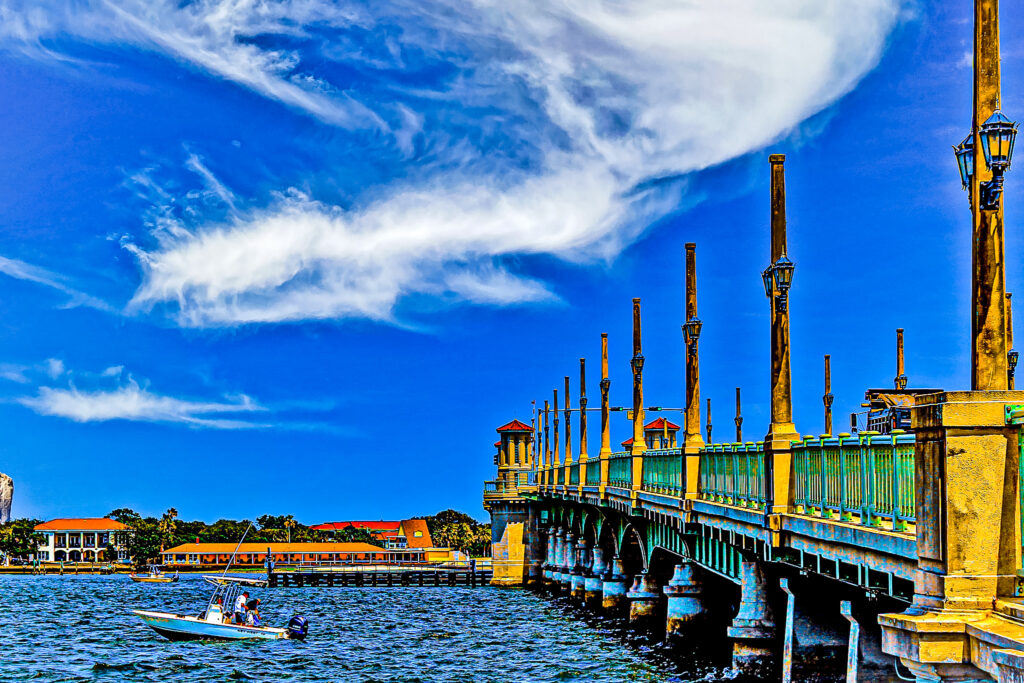
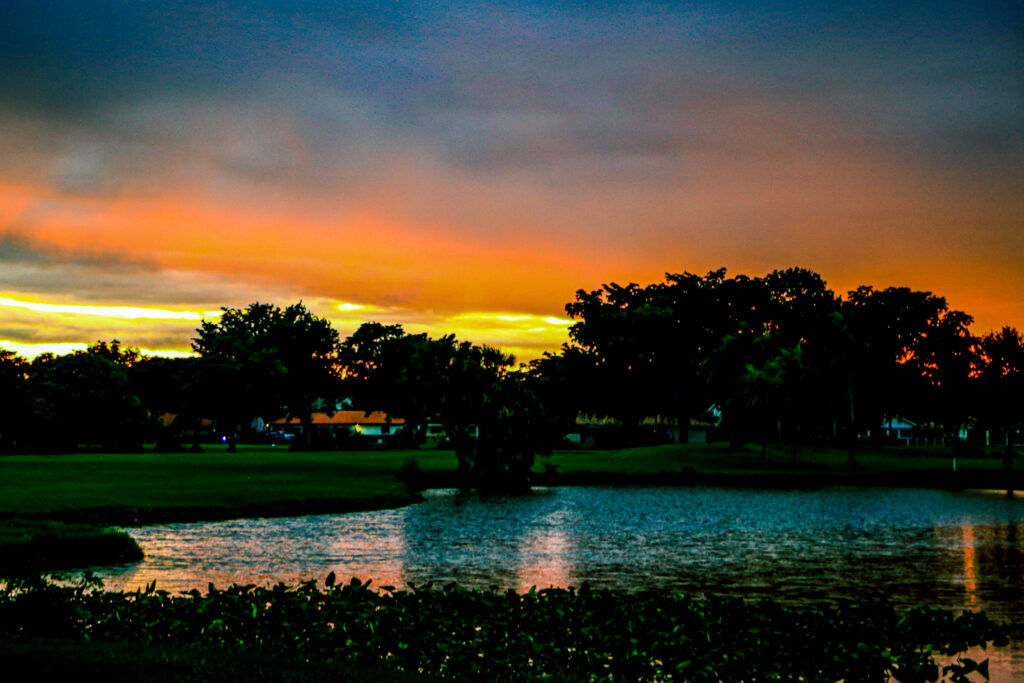
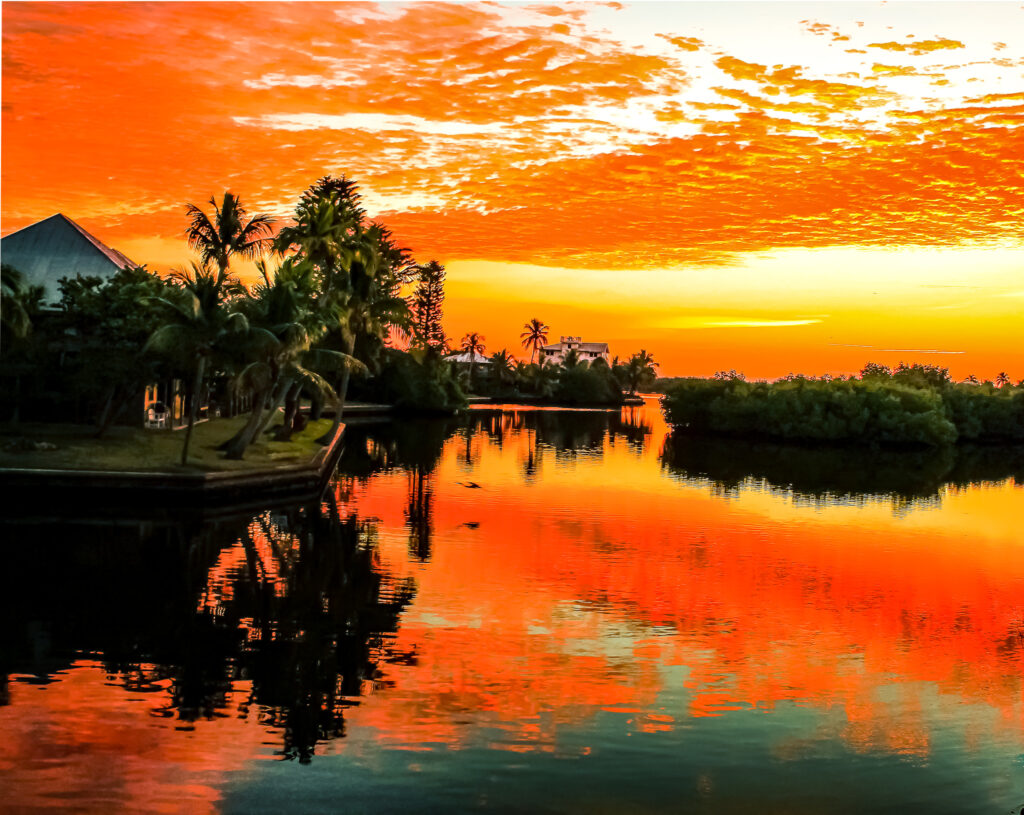
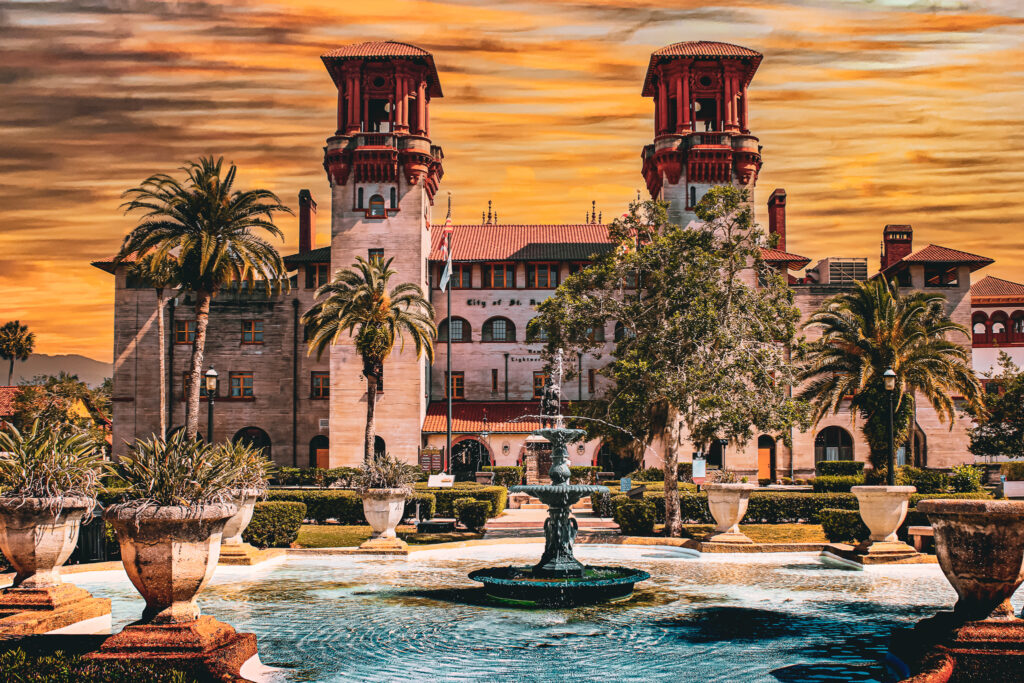
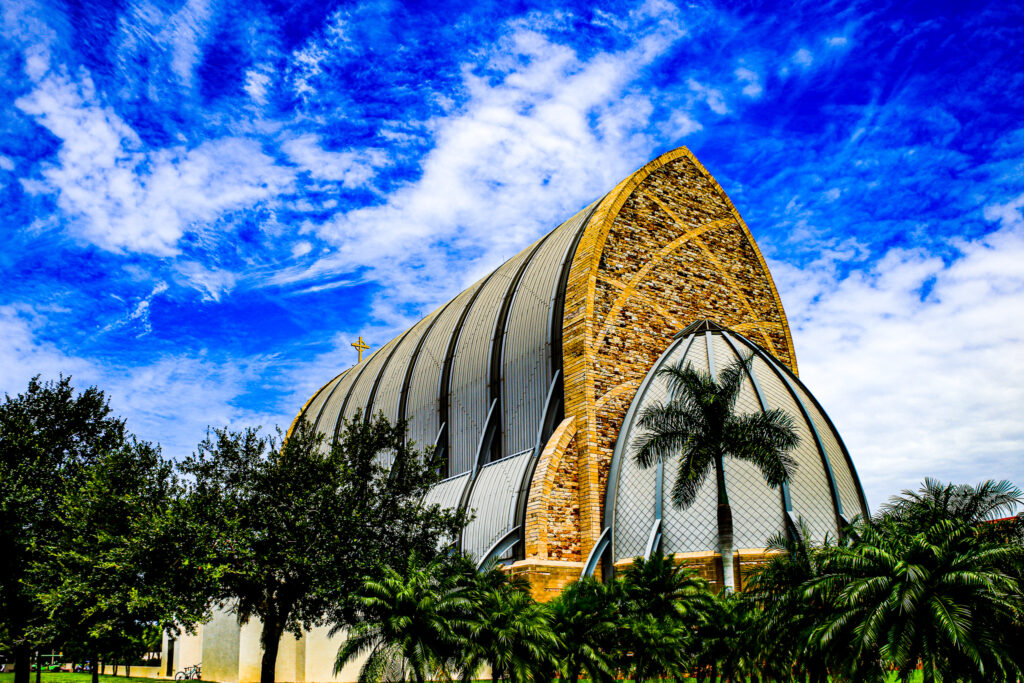
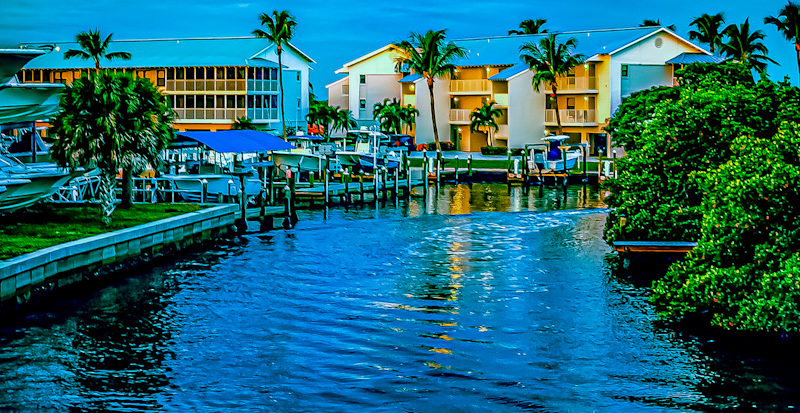
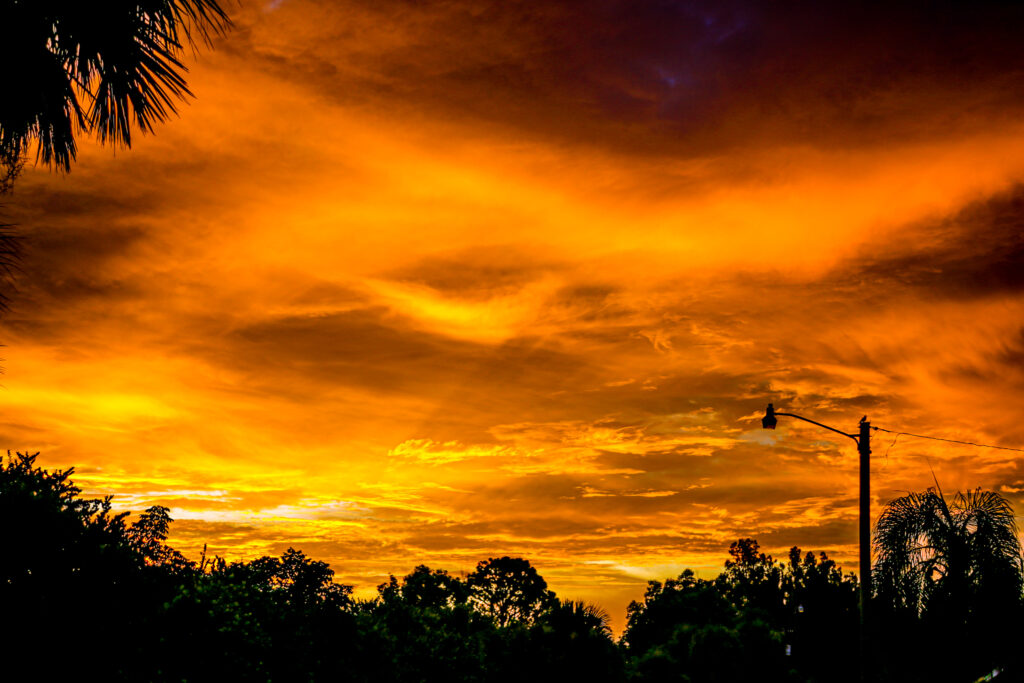
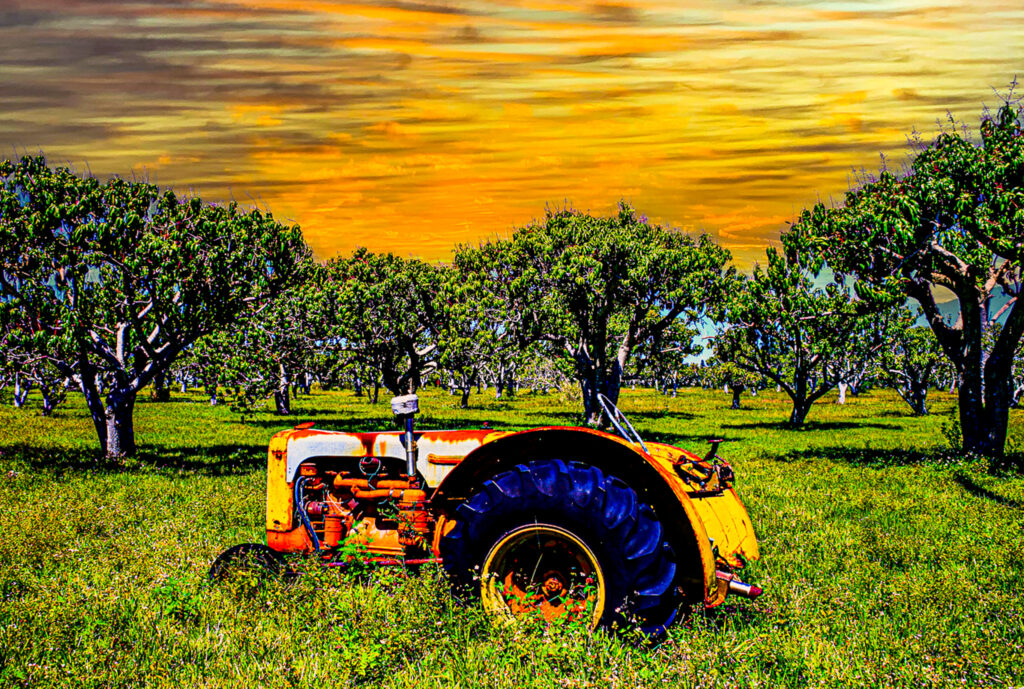
This photograph below is architecturally perfect. However, this would apply to an Architect and their needs. If you are a Developer, you may want very interesting angles and effects for your Marketing Department Brochure. Developers need a wider range of angles and effects. And honestly, Developers are a primary client. They have continuing needs.
The images, artwork, and contents of this website may not be copied, collected, or used for personal or professional purposes without written permission. All images of artwork, sold or otherwise, are retained and held under copyright.
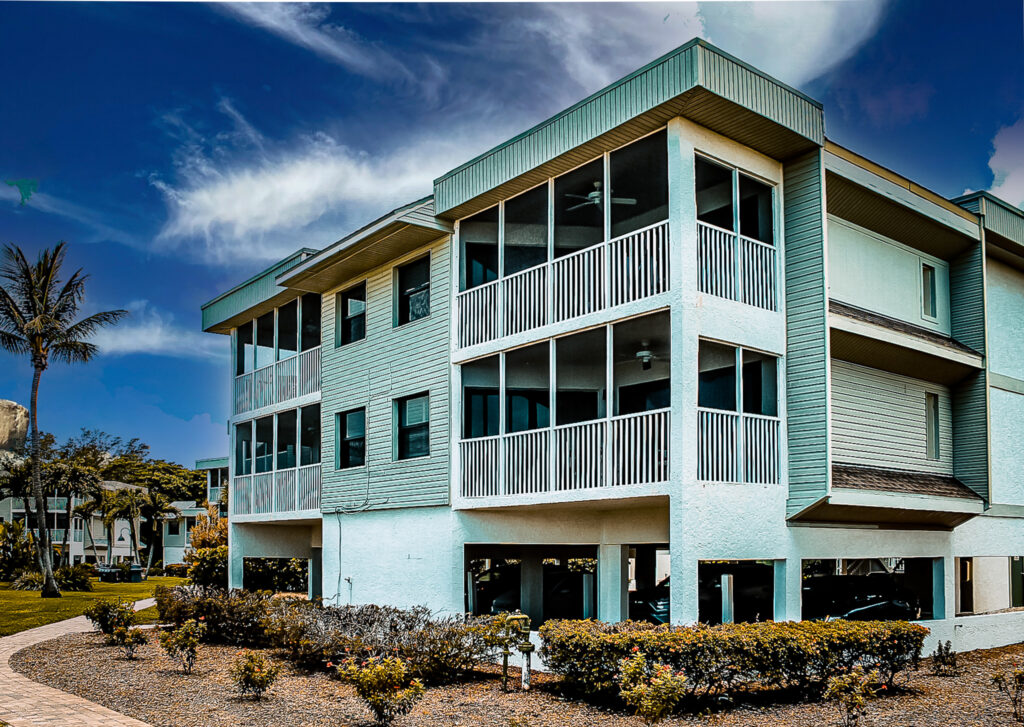
We normally deliver full-resolution photographs after receipt of final payment, and within 7-10 days on Architectural shoots using a File Transfer platform entitled Hightail. Our Photography Services Include post-processing editing, a skill which can take years to develop but we’ll briefly summarize the key points thereof here:
- Professional photography at 20 megapixels
- White balance & color corrections, including sharpness & clarity
- Lens correction & straightening
- Contrast and saturation adjustments
- Photo license: Unlimited use license (Of course Photos and the use thereof may not be transferred or sold)
- We will provide the photographs at any resolution, in JPEG file format
- Special Services are inclusive of:
- Sky Replacement
- Copywriting
- Each of these is a variable add-on with a pricing structure suited to the project.
IF YOU ARE A FINE ART BUYER OR COLLECTOR: We also offer exceptional print quality for our Fine Art Landscape Photography Limited Edition prints. All of the photographs on this page can be displayed on this medium. And additionally, we handle Corporate and Portrait Photography.
It is called True Life Acrylic.
It is called True Life Acrylic.
Limited Edition Prints can be printed in True Life Acrylic – Here are its properties:
True Life Acrylic is a type of acrylic material that offers exceptional print quality and unique features compared to standard acrylic. Here are the key properties that set True Life Acrylic apart:
1. Reduction of Reflections: One of the standout features of True Life Acrylic is its ability to reduce reflections by 80% compared to traditional acrylic or metal prints. This reduction in reflections allows the image to come to life with enhanced clarity and detail.
2. Scratch and Abrasion Resistance: True Life Acrylic is known for its durability, being scratch and abrasion resistant. This makes it a long-lasting option for displaying images without worrying about damage from everyday wear and tear.
3. Easy Cleaning: Unlike some other materials, True Life Acrylic can be cleaned just like glass, without the need for special acrylic cleaners. This convenience makes maintenance hassle-free and ensures that the print retains its vibrant appearance over time.
4. UV Protection: Another significant benefit of True Life Acrylic is its ability to block 99% of UV rays. This feature helps preserve the colors, depth, and clarity of the image by reducing the impact of harmful UV radiation.
5. Vibrant Colors, Depth, & Clarity: True Life Acrylic excels in bringing out the most vibrant colors, depth, and clarity in images. The material enhances the visual impact of the print, making it visually striking and captivating.
In summary, True Life Acrylic stands out for its superior print quality, reduced reflections, durability against scratches, easy cleaning process, UV protection, and ability to enhance colors and clarity in images.
We also handle Architectural Photography and Real Estate Photography – read on for details.
DPI SETTINGS
- This is a frequent question. Canon cameras don’t have DPI settings. Even if it was there, and if the camera set it to 72, it would make no difference because it would just be ignored.
- It is when you print a picture, that you decide and that determines the DPI it will be printed at. There’s nothing in the camera that can affect it. The images the camera takes just have however a fixed amount of pixels; how those pixels get mapped to inches is all about your page setup when you print.
- I normally set my file size to the maximum when taking photographs.
- Example: If your goal is to generate a 16.6 by 11 inch print with exactly 300 DPI, this would mean you need your image to be 4992 by 3328 pixels. That’s 16.6 megapixels. Note: only if you are a print magazine would you have need for 300 DPI. Landscape and architecture photographs can be viewed at a normal viewing distance and printed at 100 to 150 DPI. I’ve seen the Canon 6D take photographs which can be blown up to 40×60. It has a 20.2 Megapixel Full-Frame CMOS sensor. Below is a link to one of the few charts in existence that serves as an excellent guide – the world’s only digital camera photography chart that lists: true megapixels, pixel dimension, raw file size, AND dimensions at 300 dpi.
- Once you or your graphic artists department have the photo ready for printing in your editing software, like DPP4, you can set the DPI to 300 or wherever you choose. The 72 DPI you see in the Exif file info is merely a place holder and is meaningless.
https://unlikelymoose.com/more/cameras/megapixel_converter.html
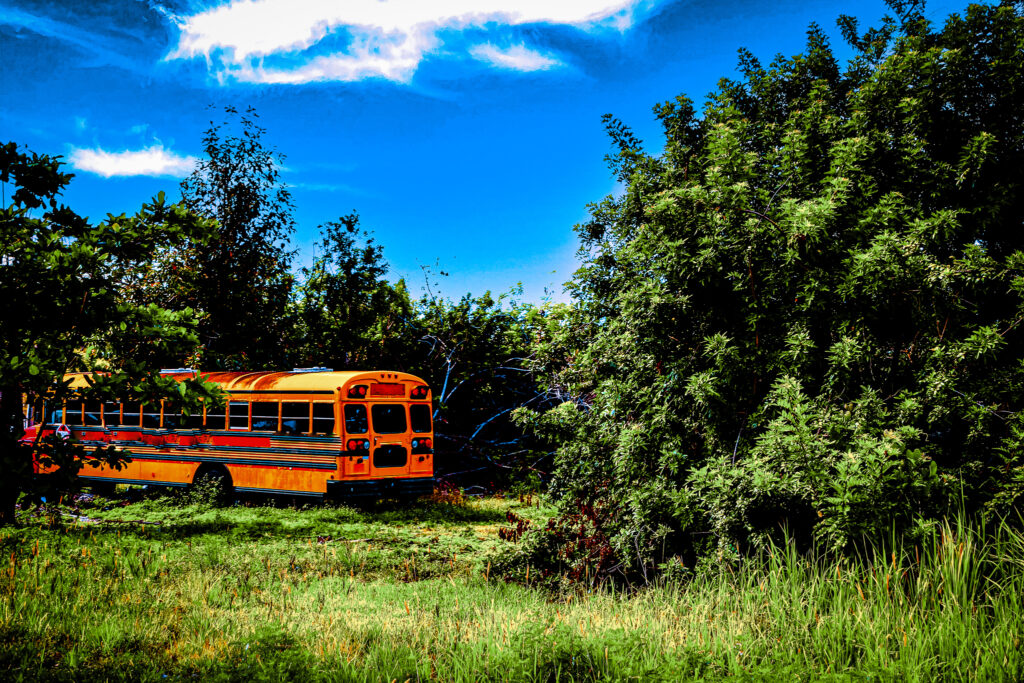
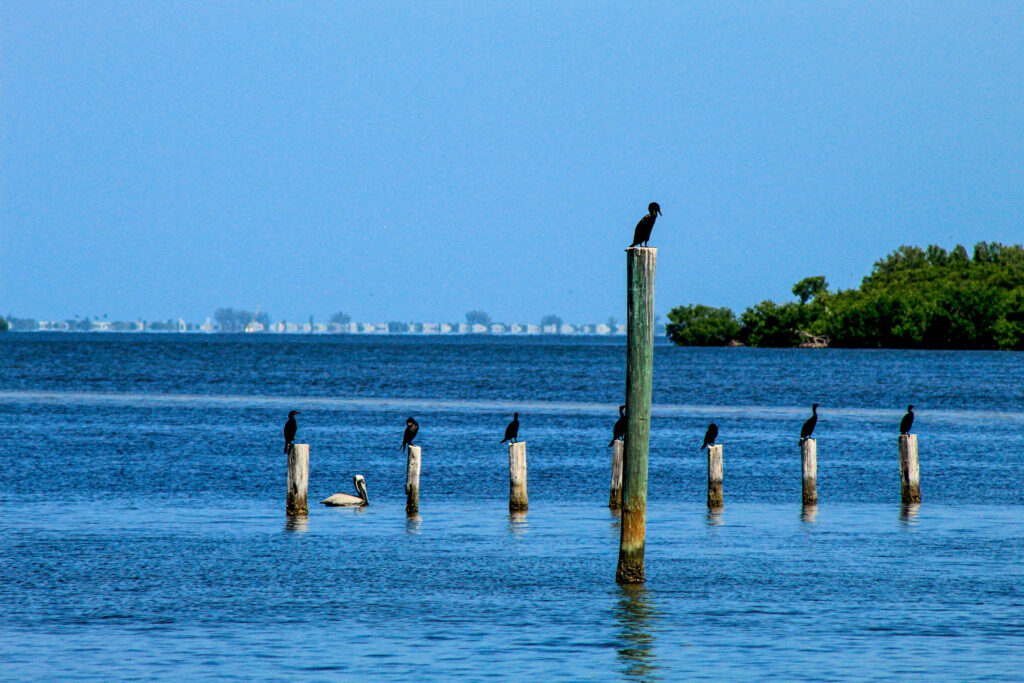
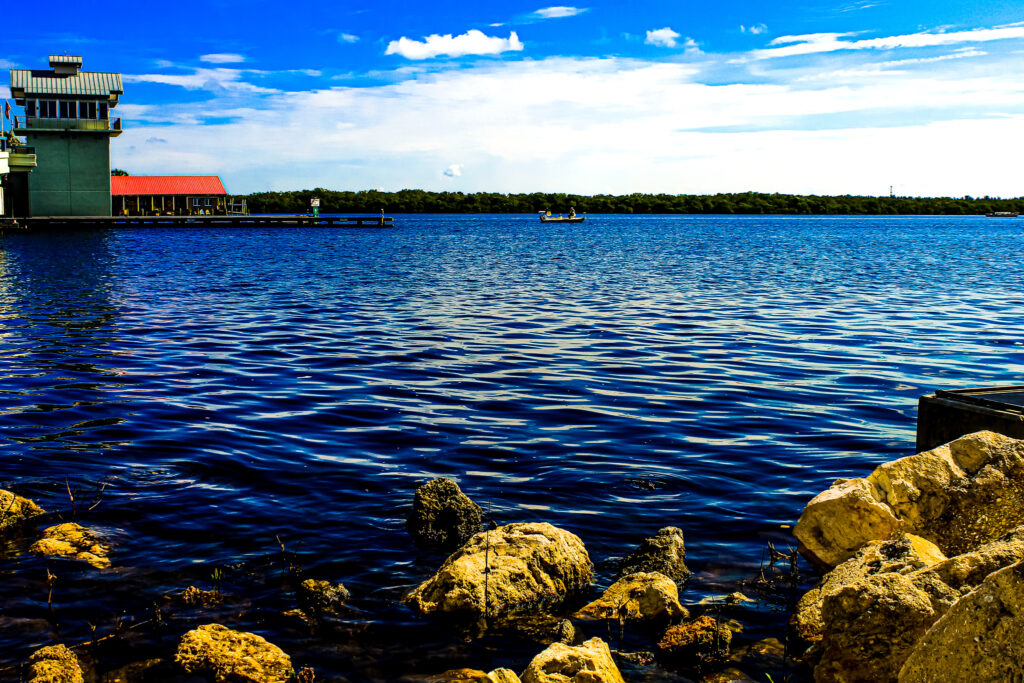
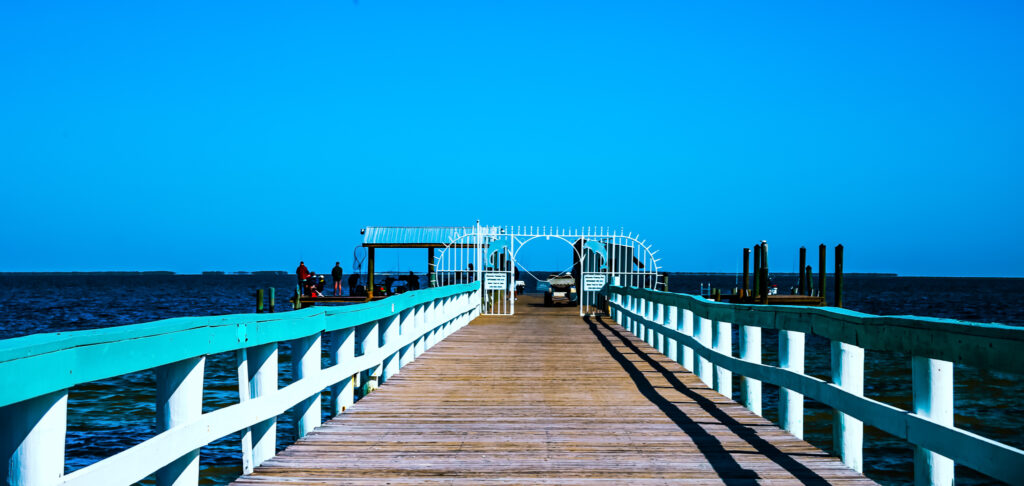
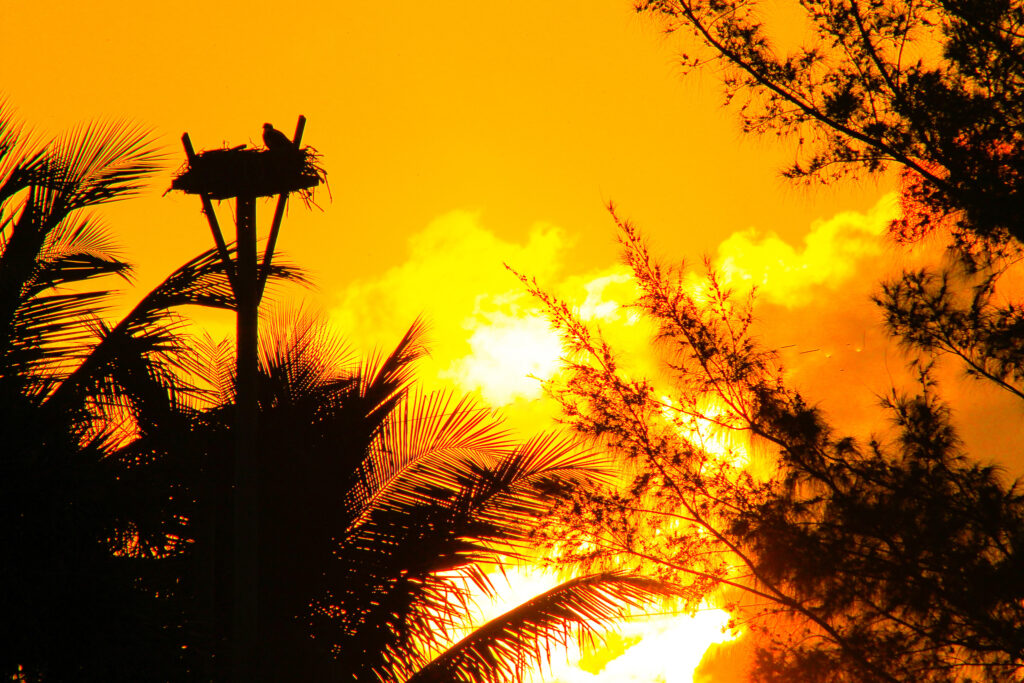
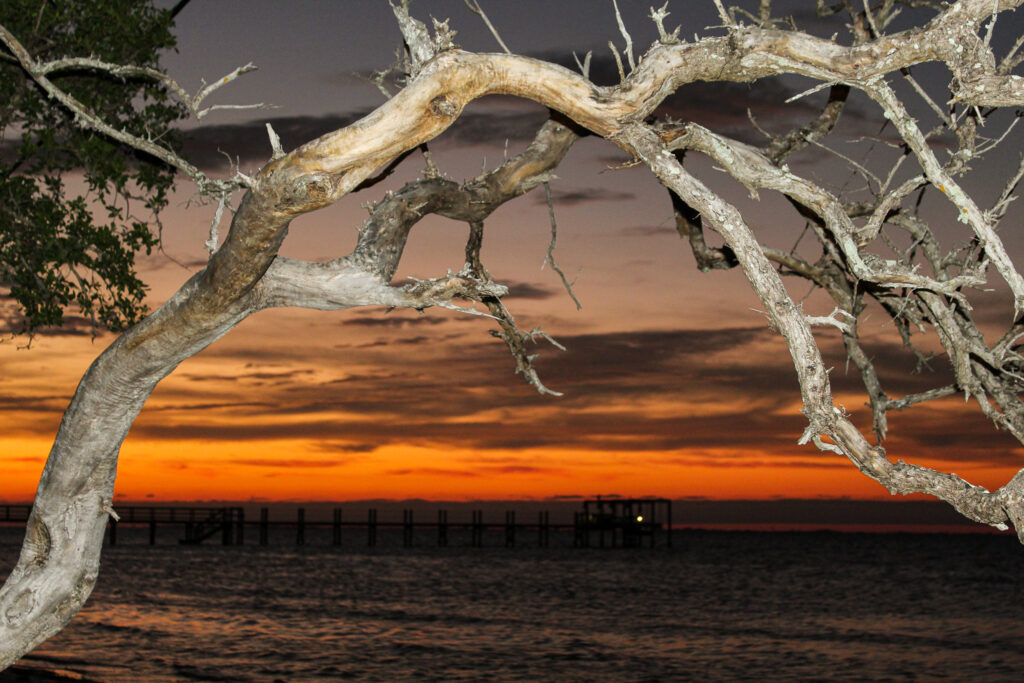
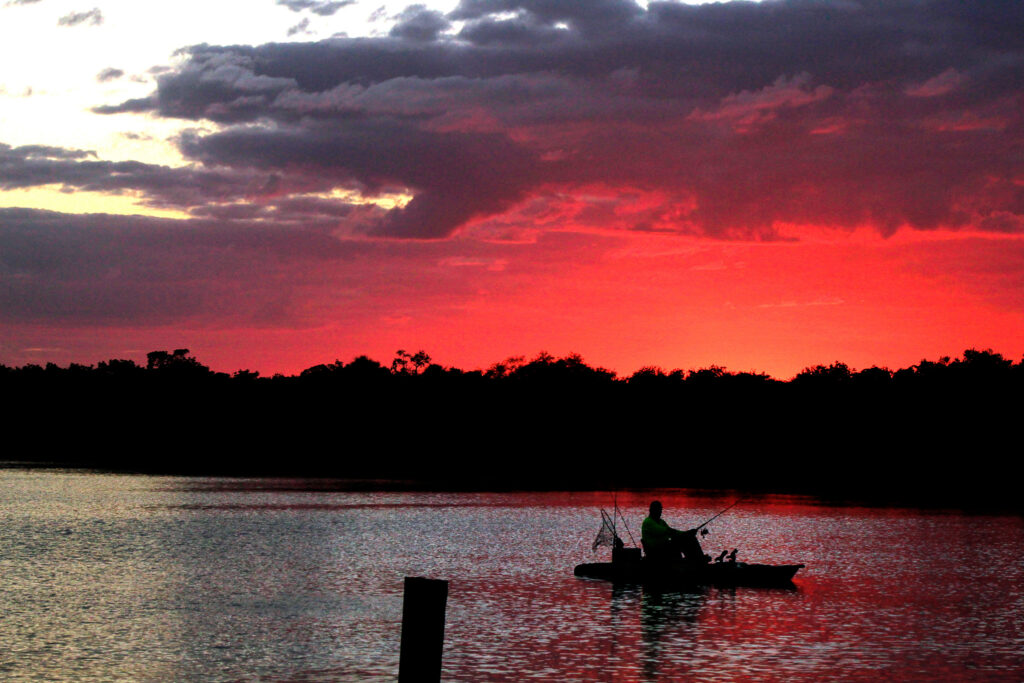
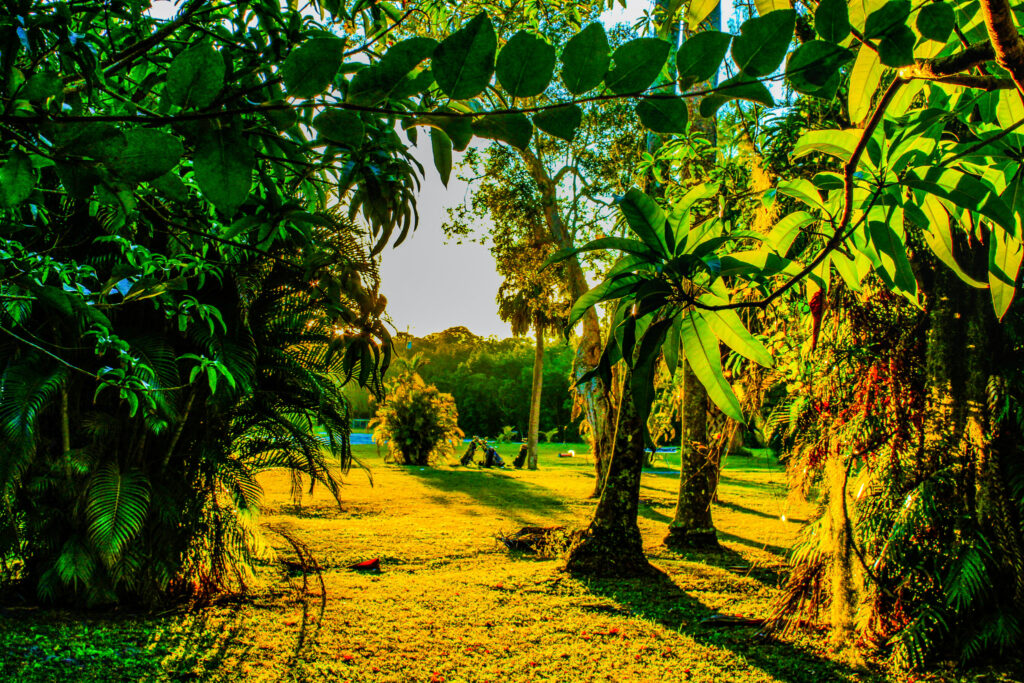
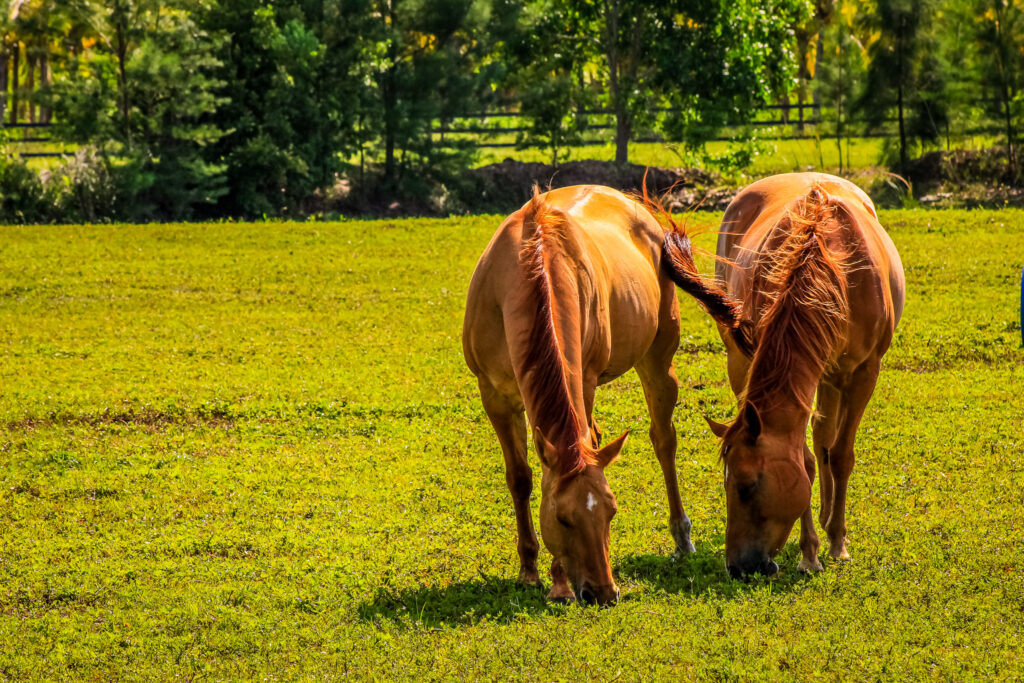
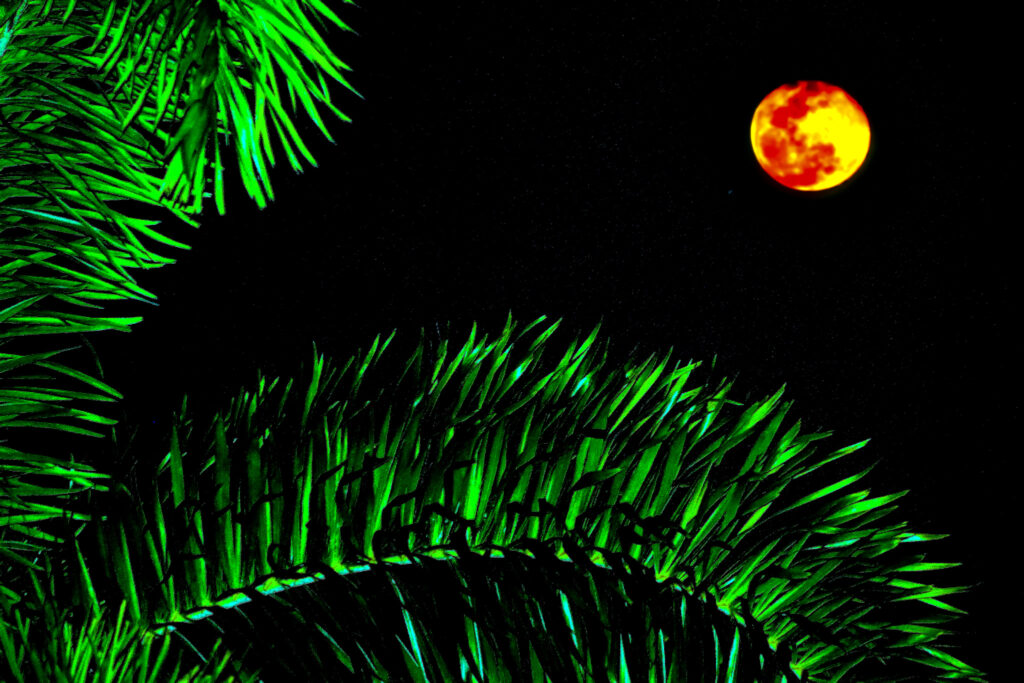
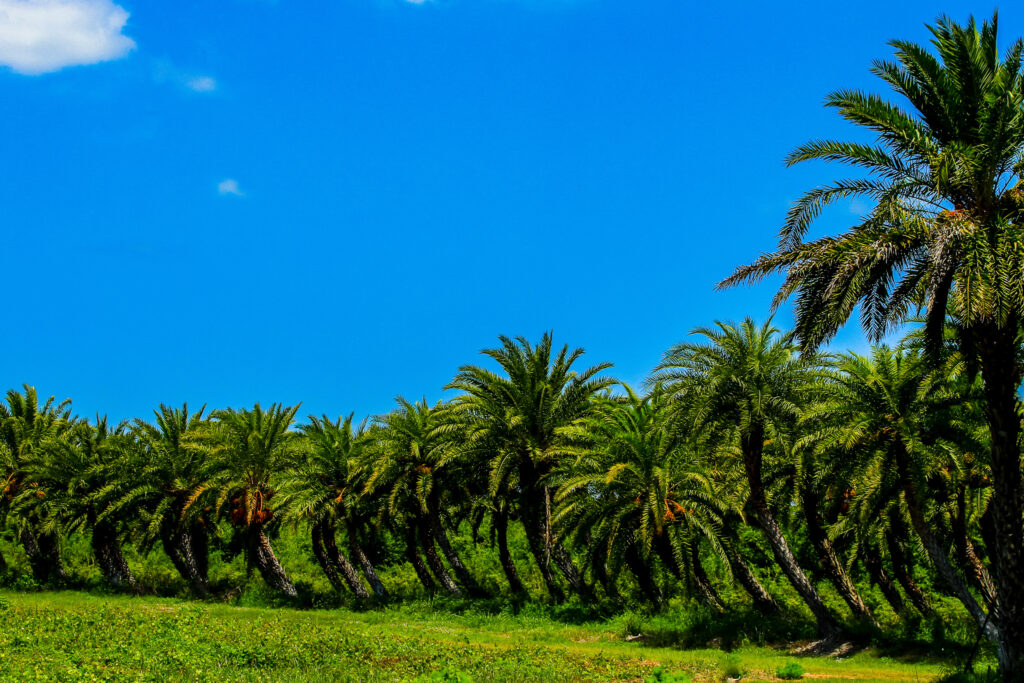
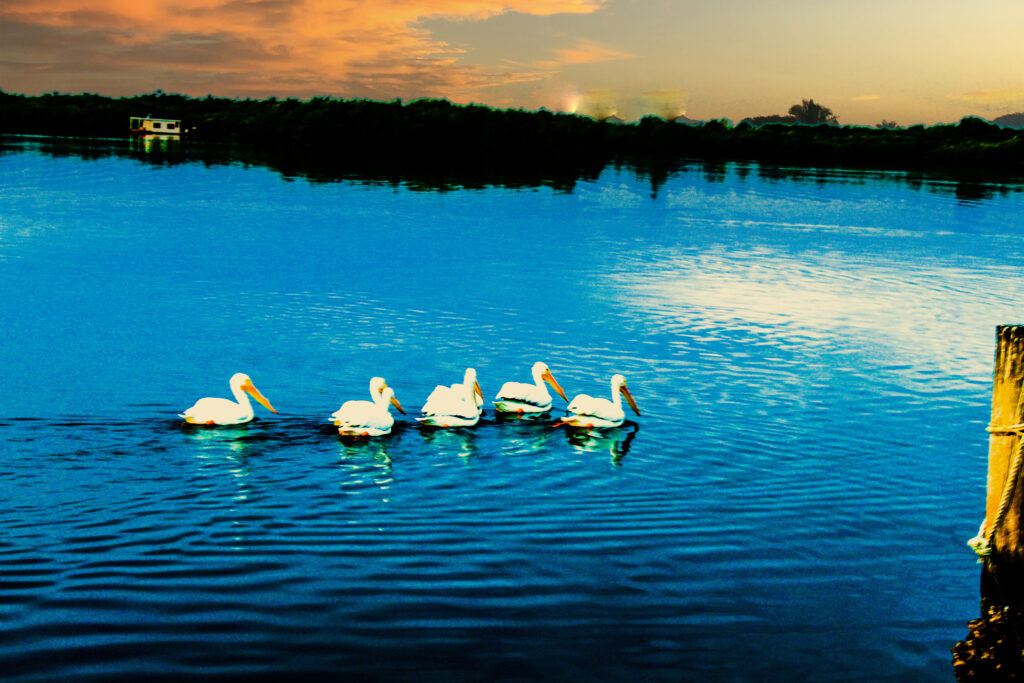
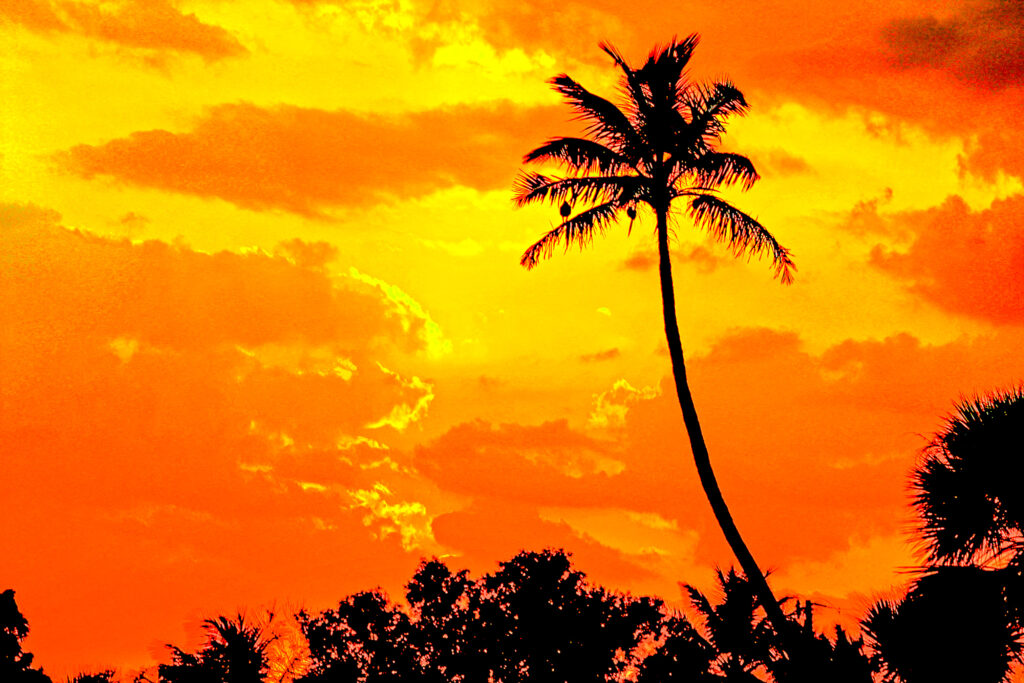
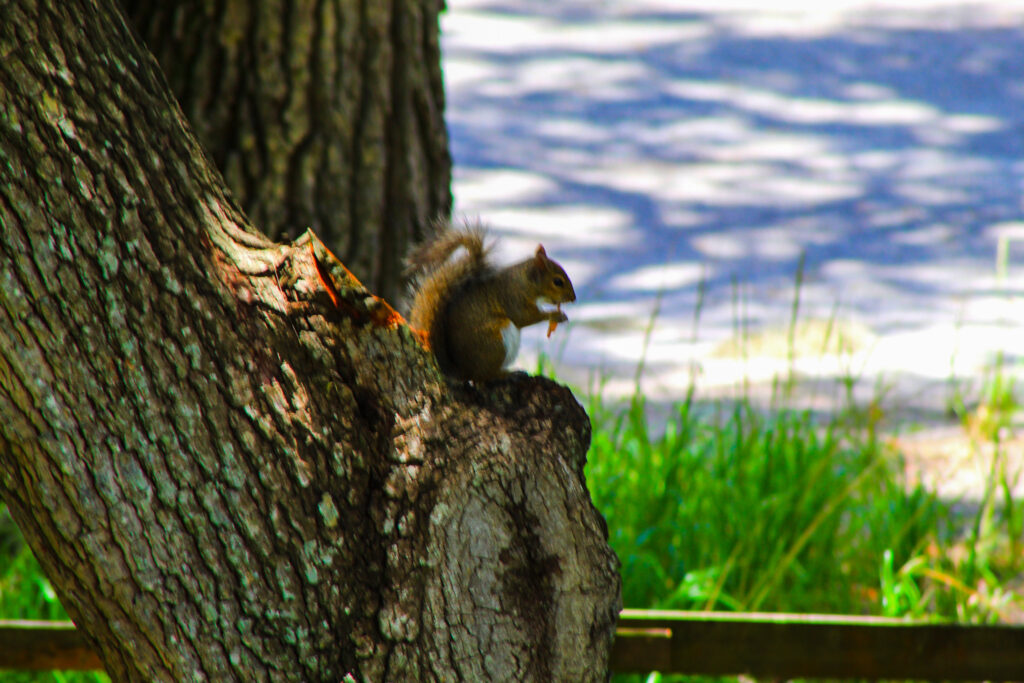
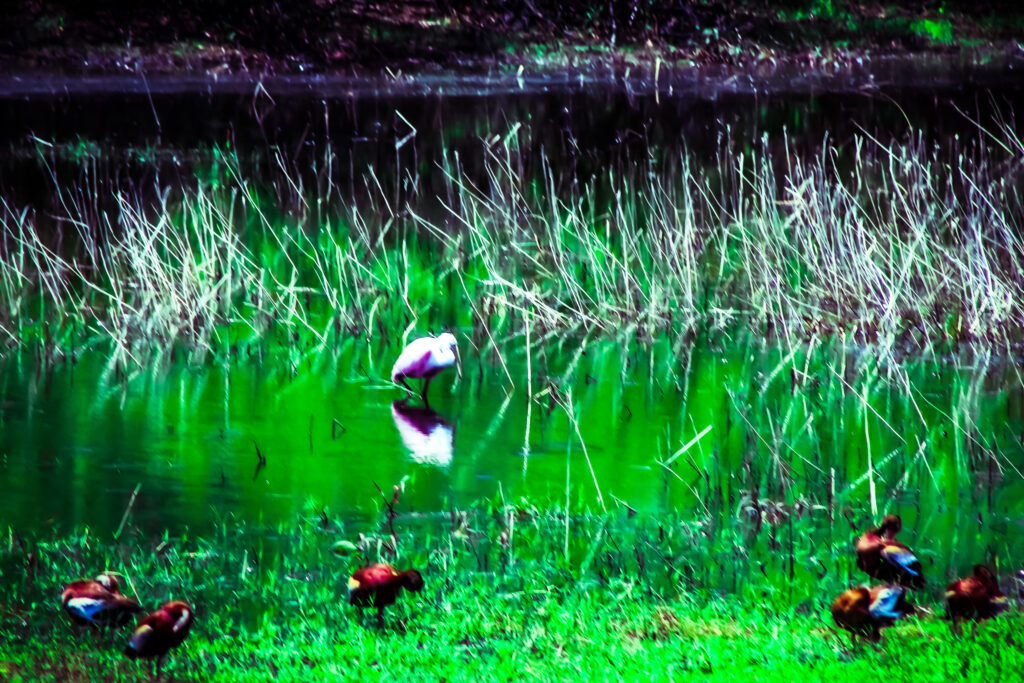
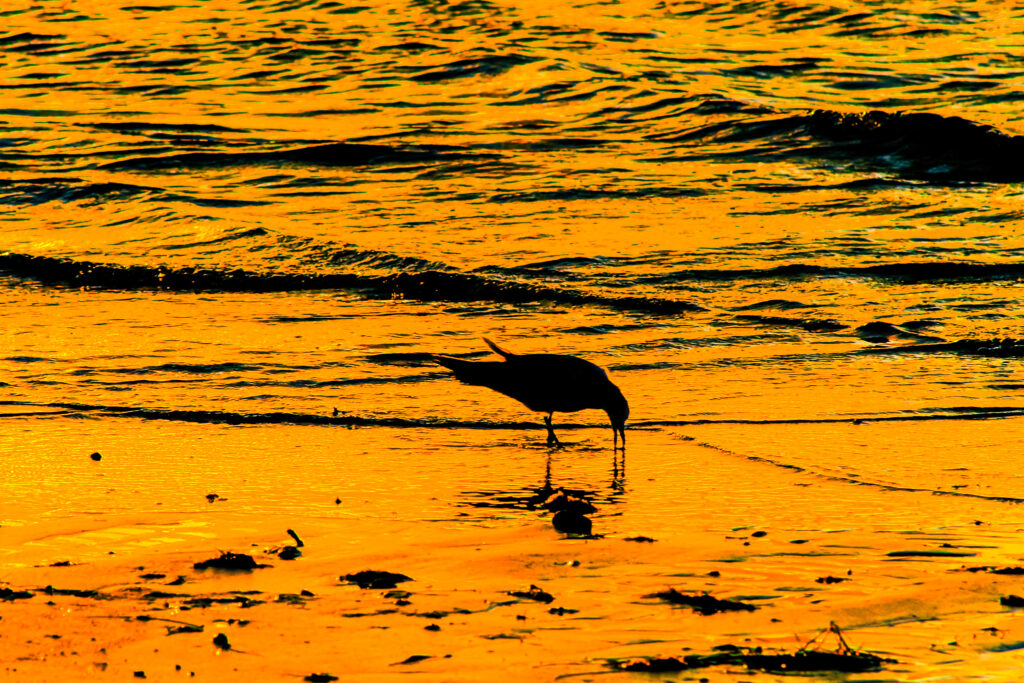
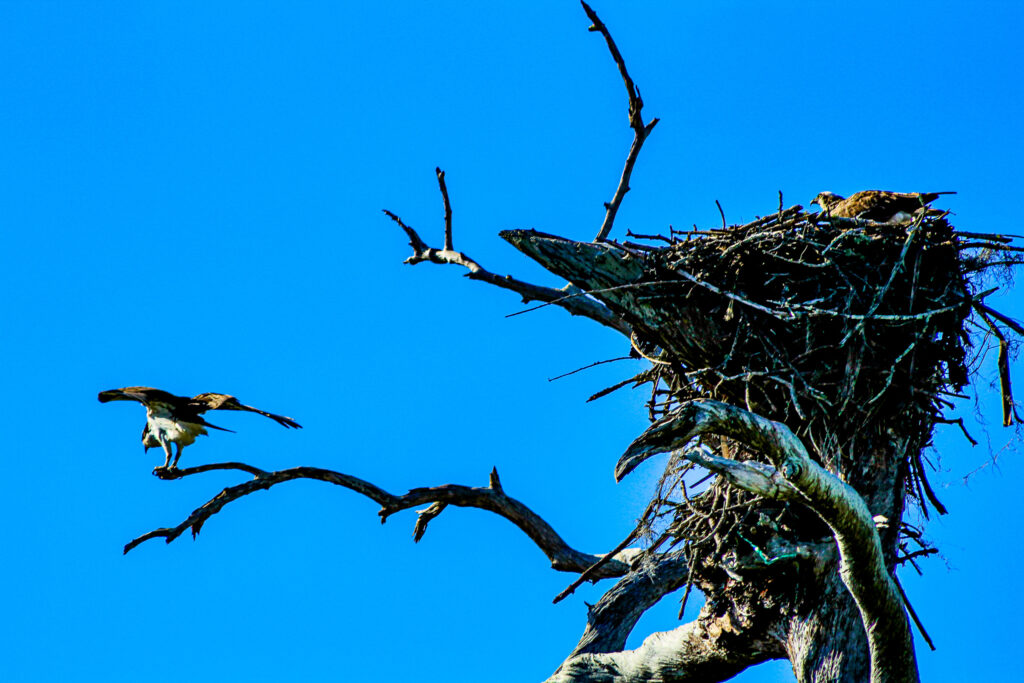
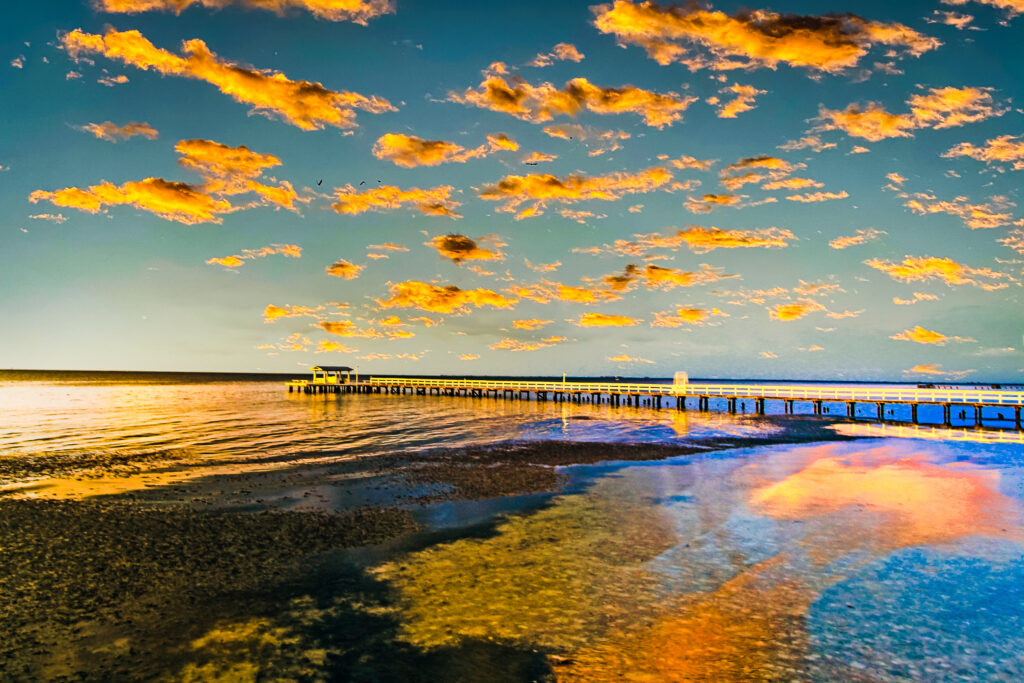
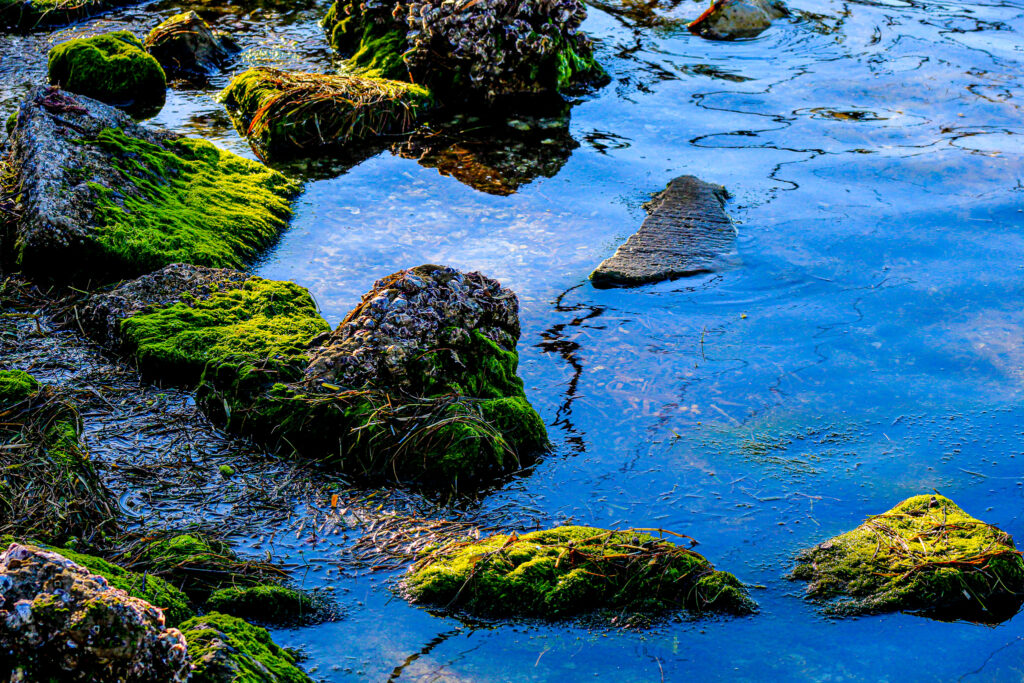
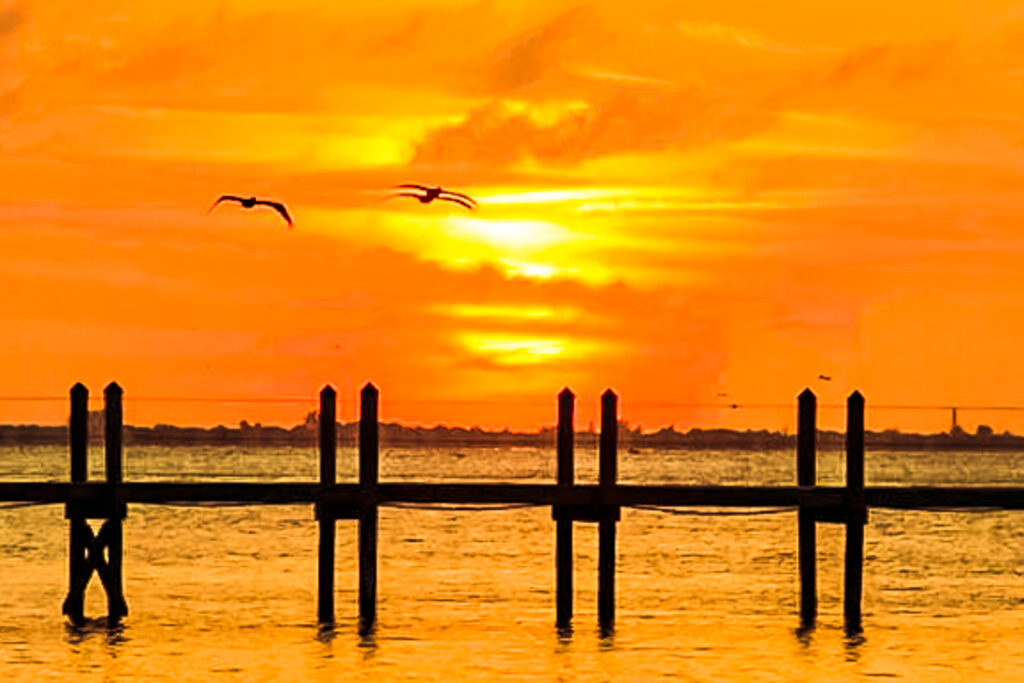
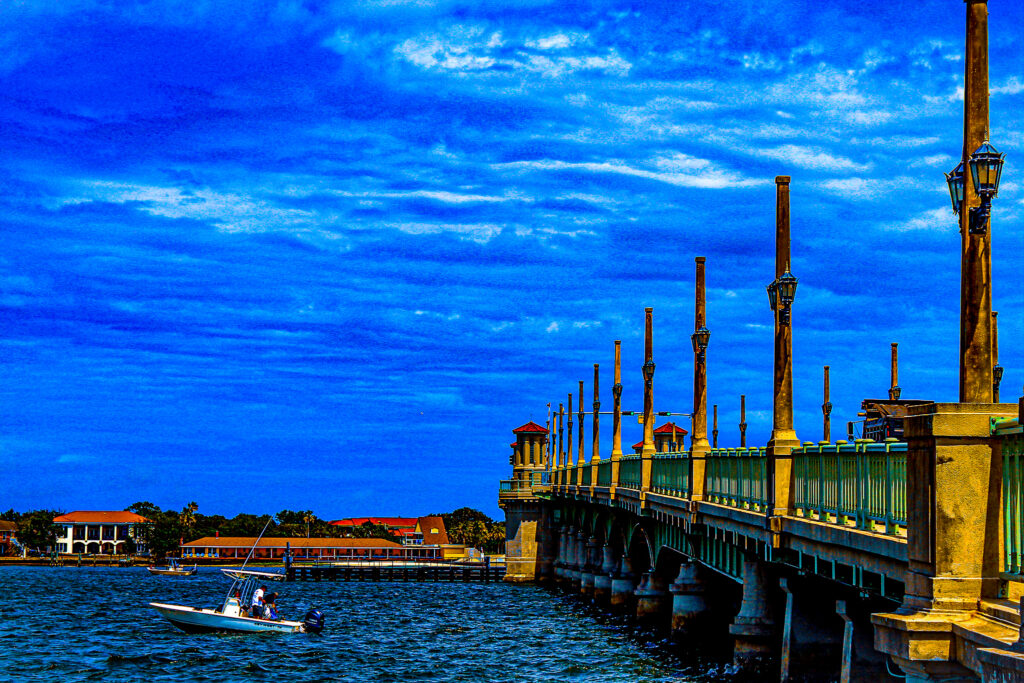
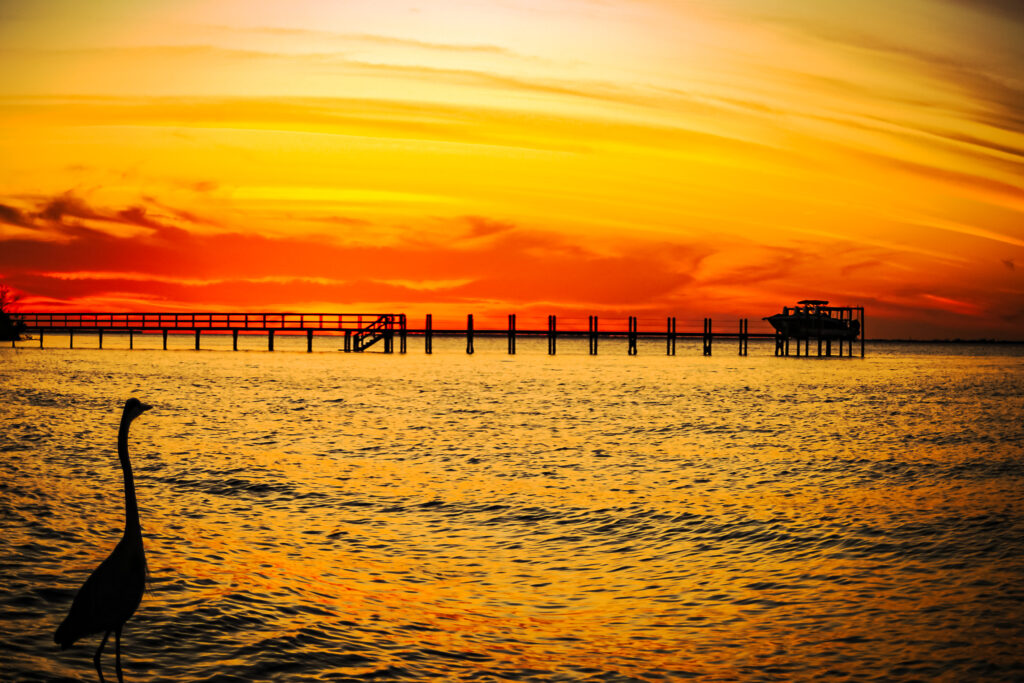
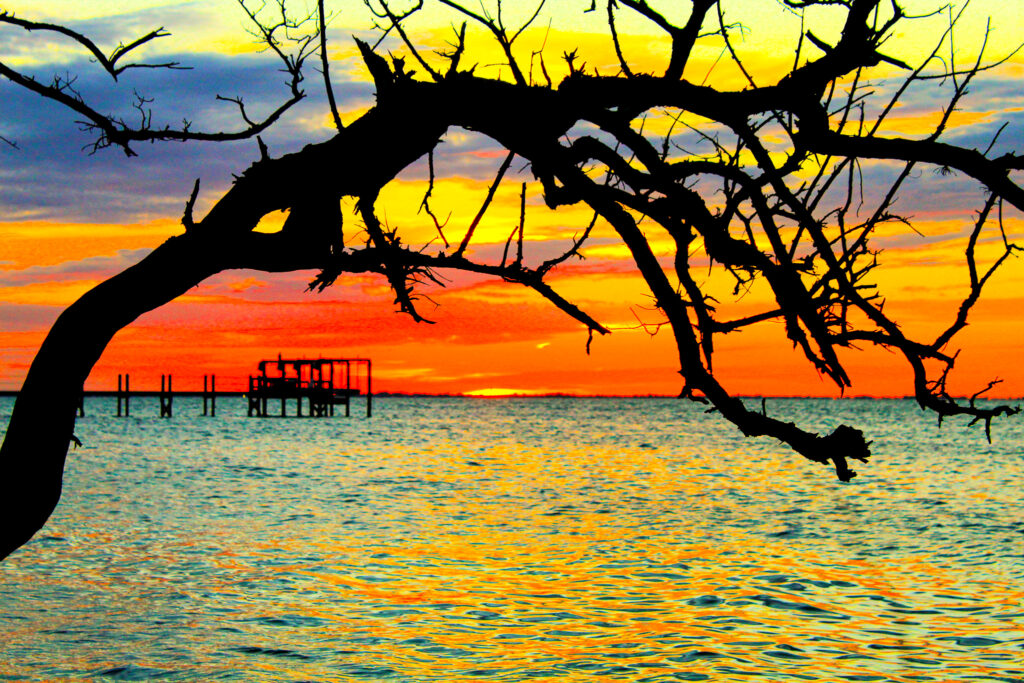
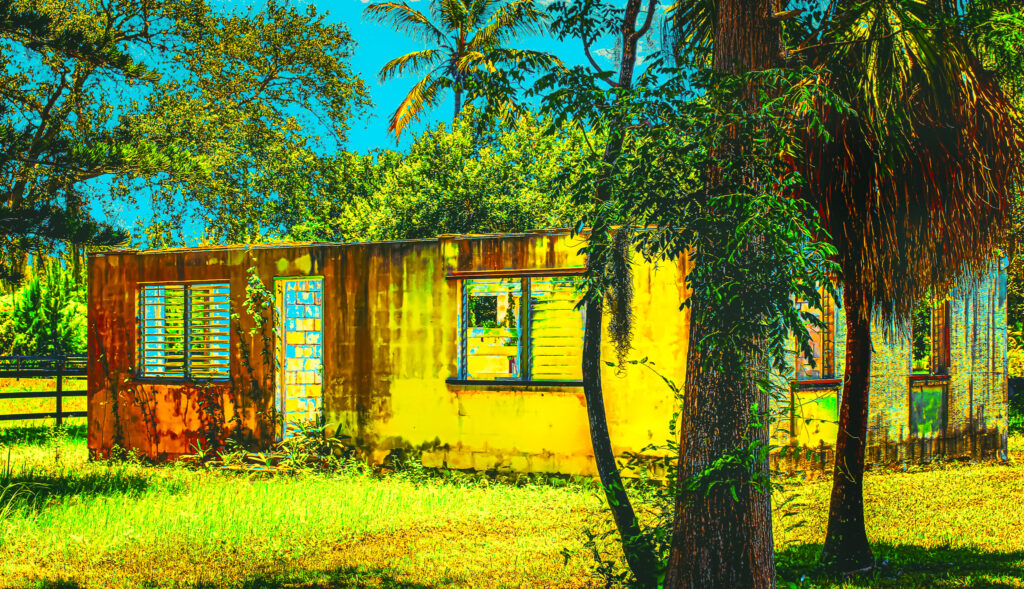
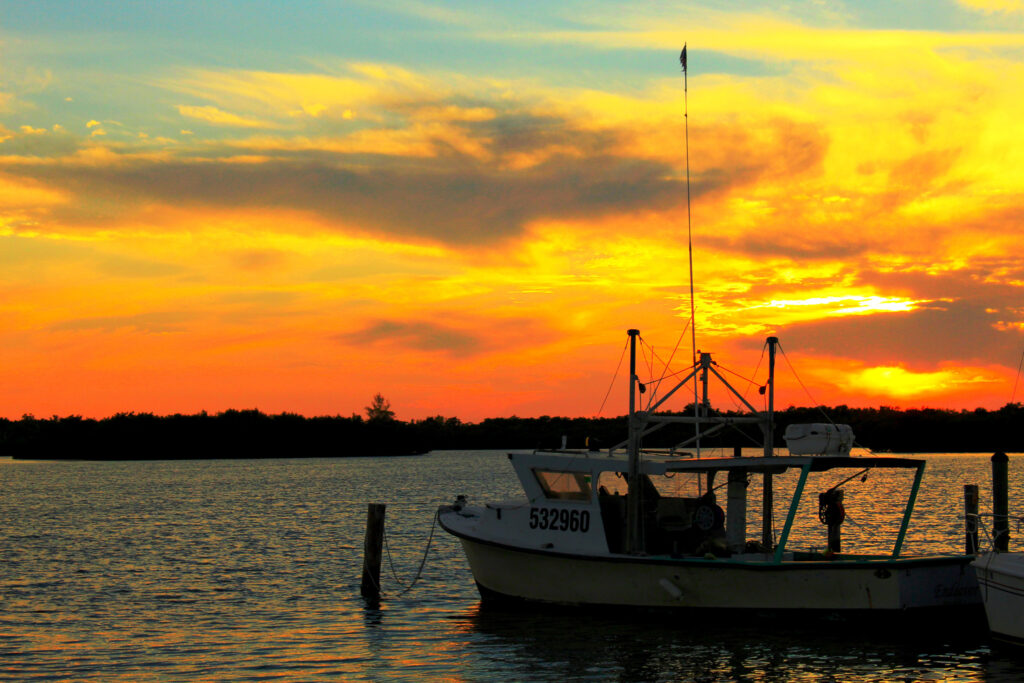
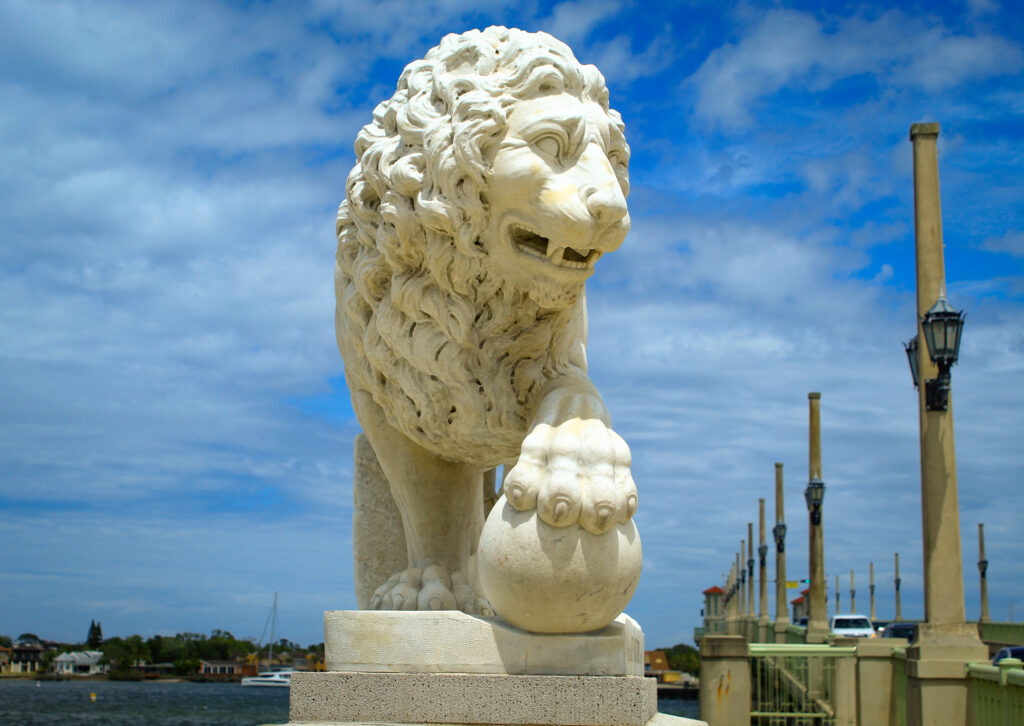
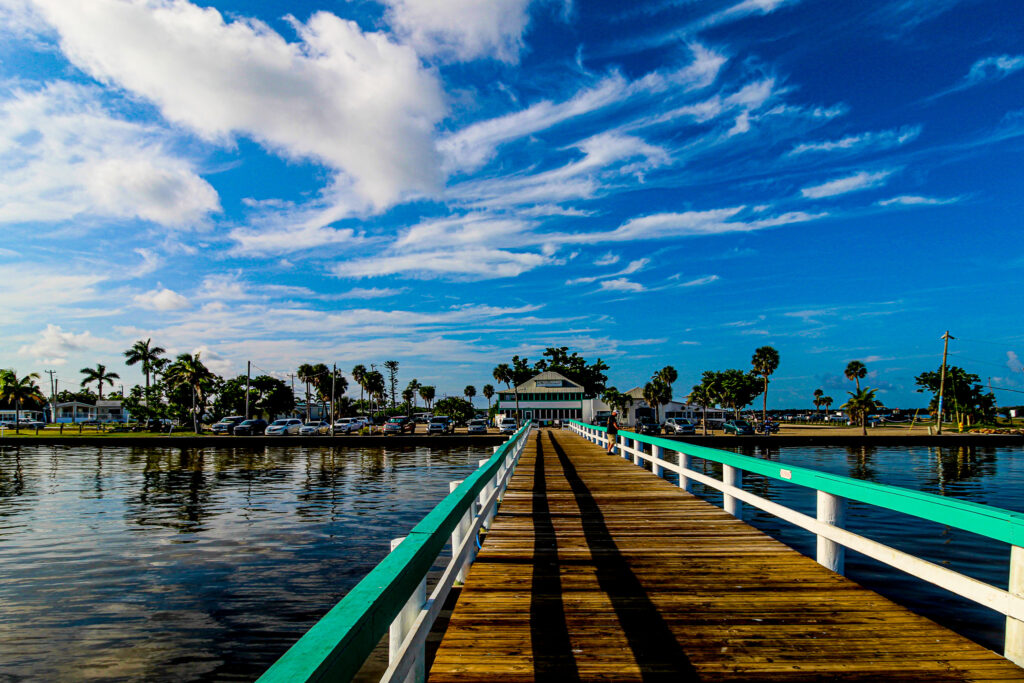
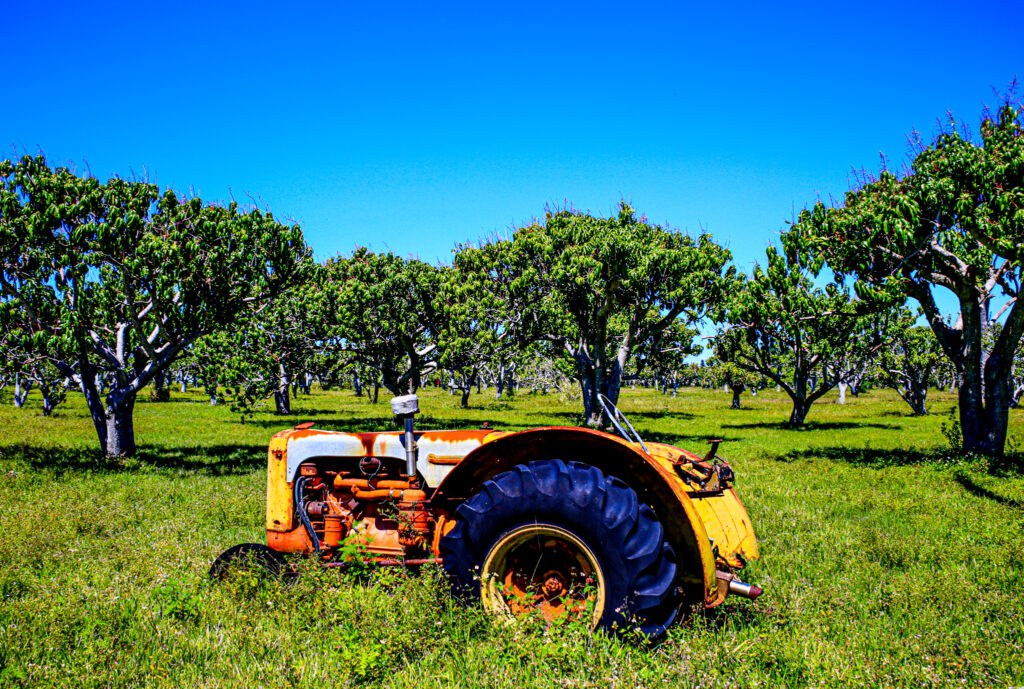
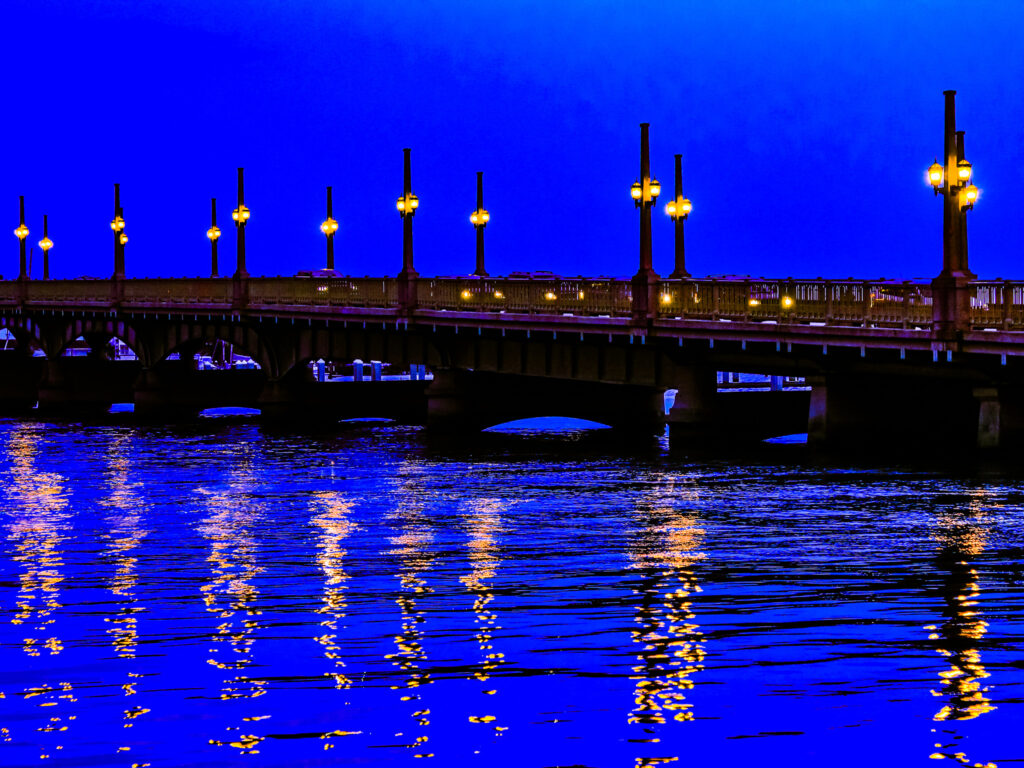
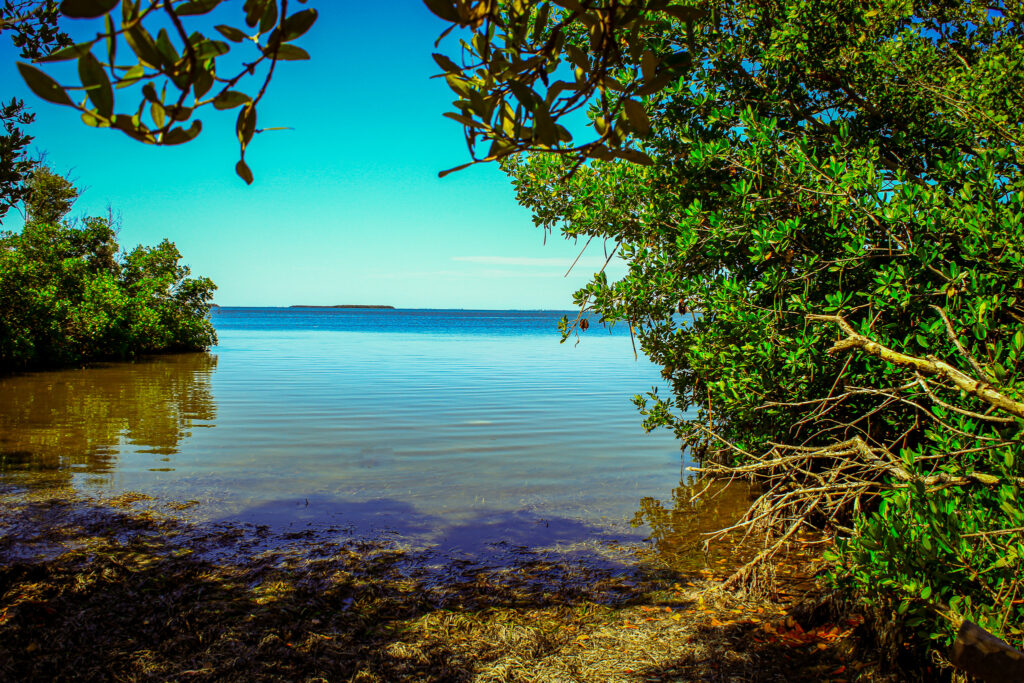
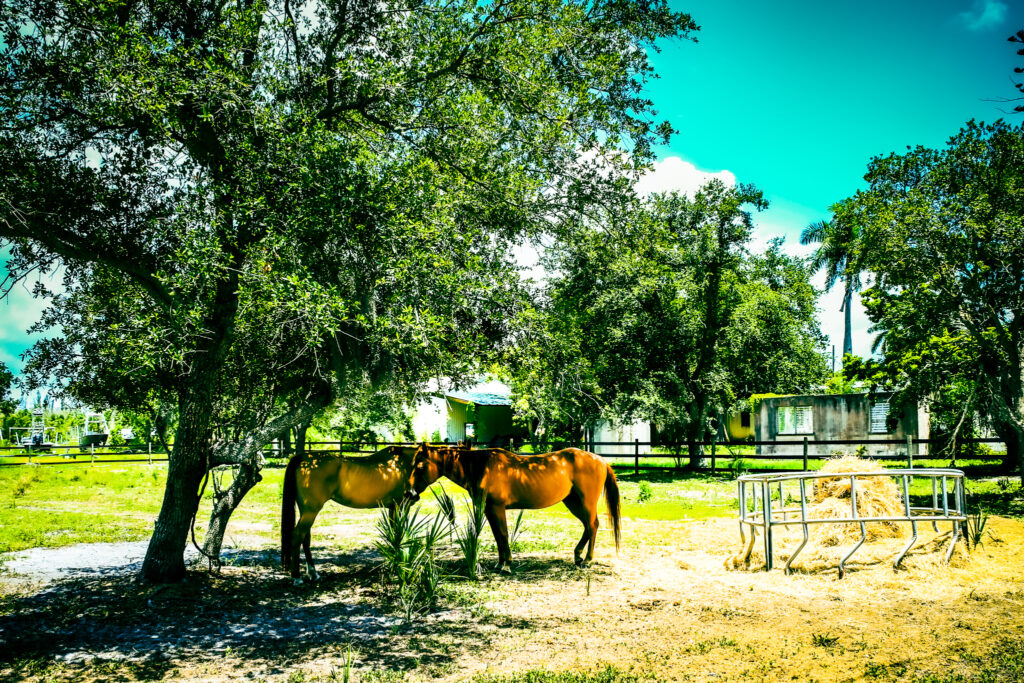
What is Fine Art Licensing?
Fine art licensing involves partnering with photographers and artists to license their unique and original photographs, artworks, or designs for commercial use. This can include advertising, editorial, and marketing materials, as well as consumer products such as calendars, greeting cards, and home decor. The goal of fine art licensing is to provide a revenue stream for the parties based on unique imagery while also allowing brands and businesses to access high-quality, distinctive imagery that sets them apart from their competitors.
Tropical Fine Art Photography & Prints
WE PROVIDE FINE ART PHOTOGRAPHIC LICENSING TO GALLERIES, CURATORS, CORPORATIONS AND COLLECTORS WORLDWIDE

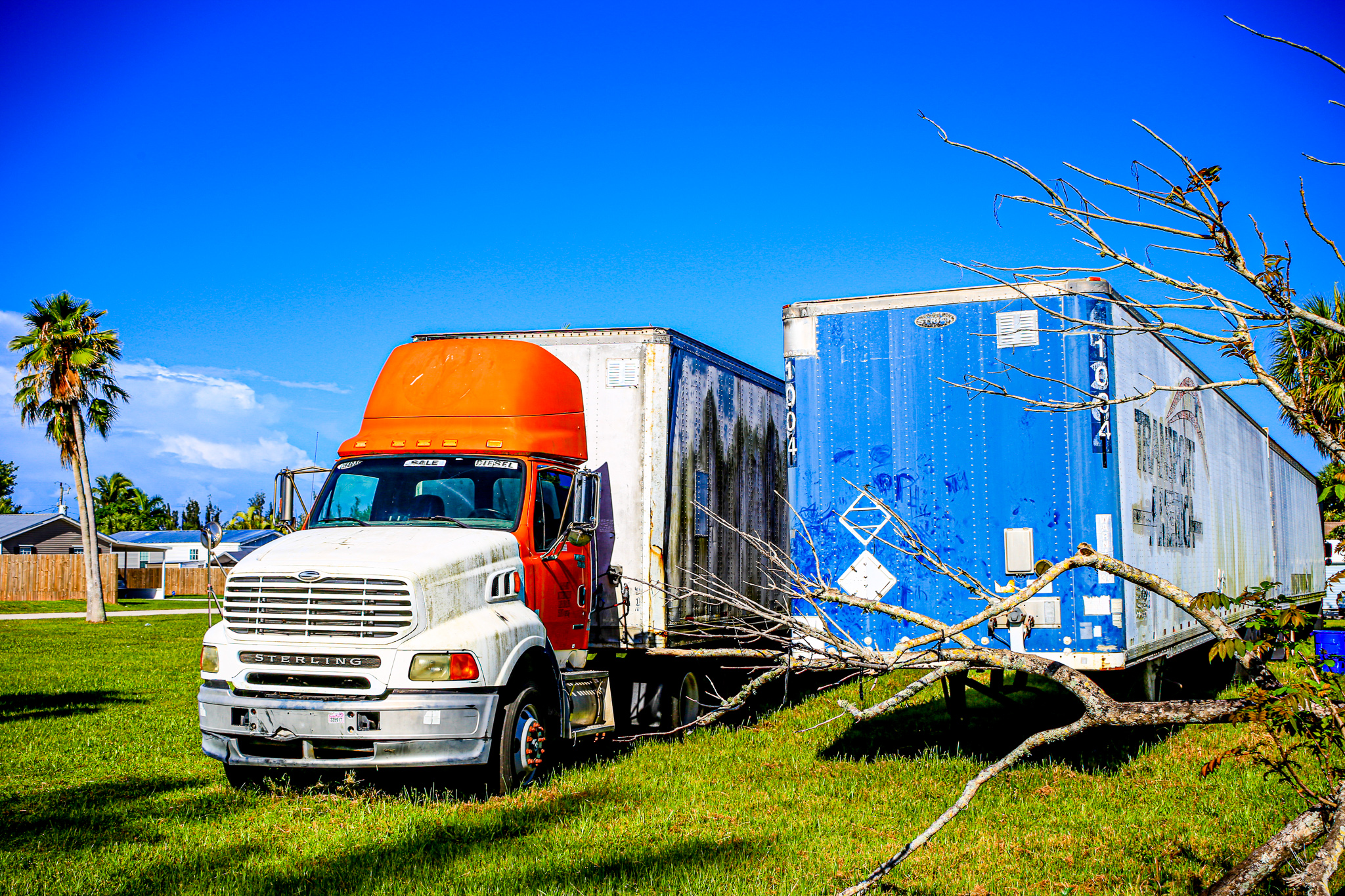
A large orange Big Rig is attached to a white trailer with blue accents, parked on a grassy area under a blue sky.
THROUGHOUT FLORIDA – WE PROVIDE quality Visual StorytellinG – WE ARE A FORT MYERS-BASED AGENCY SPECIALIZING IN PHOTOGRAPHY FOR BUILDERS & DEVELOPERS
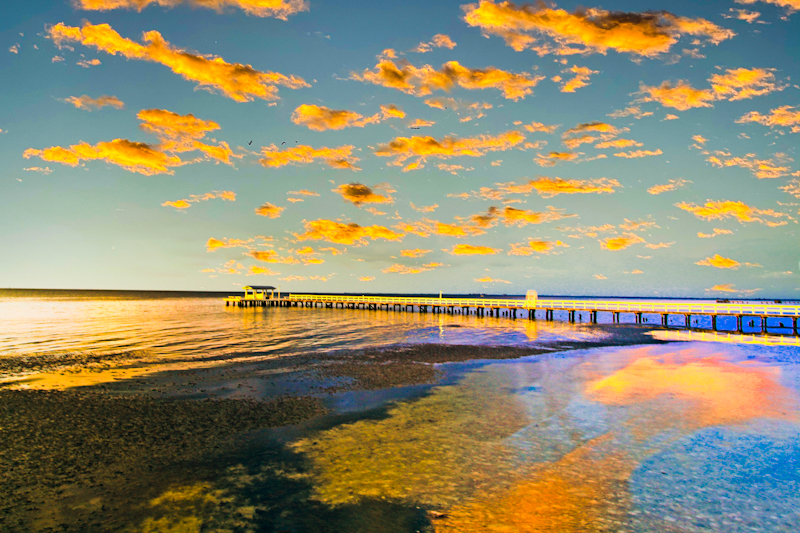
This website which we have written utilizing our extensive and comprehensive research talent is over 8,000 words long. It has achieved #1 status on Bing and other search engines for the key words “Architectural Photography, Florida and Southwest Florida.” It is of course close to seven times the size of an average website. The photography itself is an additional testimonial to the quality of the work that I do. I am available throughout the state as needed for photographic projects.
AND IF YOU ARE A FINE ART COLLECTOR JUST SCROLL DOWN TO THE BOTTOM half OF THIS PAGE FOR OUR GALLERY OF OVER 100 FINE ART PHOTOGRAPHS AND tropical art photography wall art LIMITED EDITIONS
MEDIA & WEBSITE DESIGN GO HAND IN HAND – WE PROVIDE BOTH THE COPYWRITING AND PHOTOGRAPHY YOU NEED FOR YOUR WEBSITE.
I use a Canon 6D camera – it has a full frame sensor. Photography with this camera produces spectacular results! The colors and depth of the photographs are unparalleled. It also captures intricate details in extreme low-light performance.
- I consider the Canon 6D to be the finest full frame camera on the market due to its impressive low light performance, dynamic range, and detail, all of which make it an excellent choice for professional photographers.
- The Canon 6D features a 20.2 megapixel full frame CMOS sensor with an ISO range of 100-25600, expandable to 50-102800. Its resolution is 5472 x 3648 pixels, and it offers continuous shooting at 4.5 frames per second (fps). The camera also includes a 1080p30 video recording capability with stereo sound and an EV-63 zone metering system.
- One of the most significant advantages of the Canon 6D is its exceptional low light performance. It boasts a dynamic range of up to 13 stops, which allows for capturing images with rich detail and accurate colors even in challenging lighting conditions. This makes it an ideal choice for photographers who work in various environments, from dimly lit interiors to outdoor scenes with harsh contrasts.
- Another key feature of the Canon 6D is its autofocus system, which consists of eleven AF points, including one center cross-type point which has extreme accuracy.
- In terms of image quality, the Canon 6D delivers professional-grade results with excellent sharpness and color rendering. Its full frame sensor allows for superior background separation and isolation, producing beautiful bokeh effects that add depth and dimension to images. Furthermore, its high ISO performance is impressive – perceptible noise levels do not exist below ISO 3200.
Look at the outstanding textures on these images, taken with my Canon 6D:
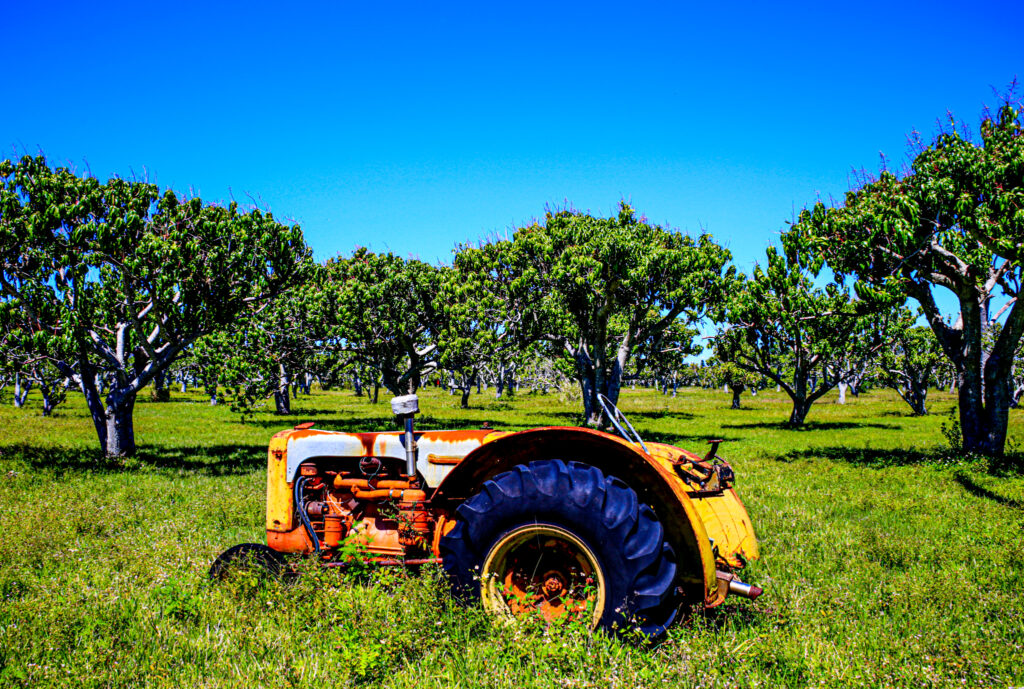
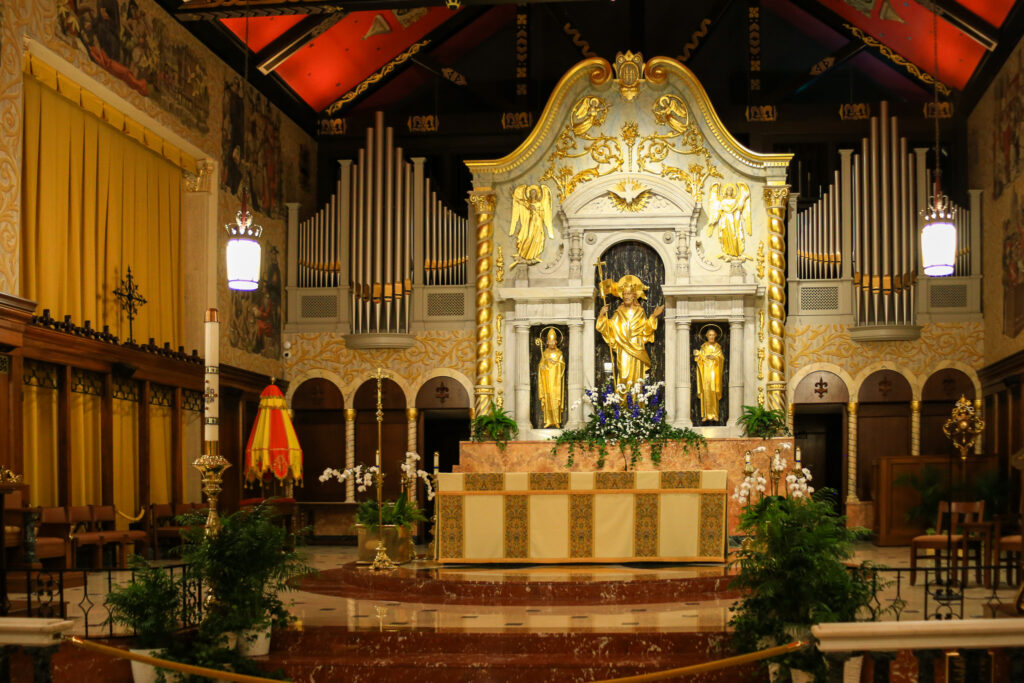
- Event Photography: Event photography captures special occasions like weddings, parties, and celebrations to provide a visual record of the event.
- Traditional Portrait Photography: Traditional portrait photography involves formal poses, commonly used for online business marketing.
- Lifestyle Photography: Lifestyle photography focuses on creating authentic images that capture real moments and memories.
- Product Photography: Product photography is used for commercial purposes to showcase products effectively.
SW Florida Website Copywriting Services – We are a Ft. Myers, Florida Advertising Agency
Whether you are a builder or a developer, or have any other type of retail, professional or trade type of business, I write website copy. Read through this website to see a superb example of my professional copywriting skills. This website has achieved #1 page SEO on the search engine Bing for the keywords – Architectural Photography, Southwest Florida, as well for a variety of other keyword searches. Website copy is a critical tool for improving search visibility, directing website traffic to your site, and increasing your site revenue. I’ve written dozens of websites for a wide variety of clientele. I do professional SEO writing, inclusive of website copy and press releases. I’ve written more than a dozen books, and one on the topic of Research, which is the basis for all types of professional writing services. I am also a photographer and can produce real estate and product photographs to complete your website marketing plan. Contact me at [email protected] for particulars on any project.
PROJECT DETAILS
The scope of the work is critical. In order to properly prepare an estimate, a photographer must have a detailed description of the assignment.
PROFILE INFORMATION FROM THE CLIENT should identify:
■ The requisite deliverables.
■ Licensing rights
■ The project description – with any specific concepts, architectural elements, or design features to be emphasized.
■ How the images will be utilized: portfolio, editorial, advertising, websites and so forth.
■ Other parties such as contractors who may have need for the photographs.
These represent major parameters which we need to know in order to frame a fair, accurate and balanced estimate. Photographic estimates include the assignment description plus additional components:
■ Creative fees
When we License an Image it is a Royalty Free Image
So my fee, if we are retained as an Architectural Photographer, is a daily rate times the number of projected hours, as a retainer, and then you only owe additional monies based on the exact number of photographs you decide to acquire licensing rights to. If travel is involved, that is billed as well in advance. There’s a Creative Fee (the Retainer) and a Licensing Fee. On the other hand, if you are buying one of our existing images there is only one Fee – that is the Royalty Free Image fee, one price for unlimited usage.
Here’s how we handle royalty free images:
“Homes in Paradise Photography, LLC grants to Licensee (i.e the buyer) a perpetual, non-exclusive, non-transferable, non-sublicensable, worldwide right to Reproduce the Licensed Material (i.e. the purchased image) an unlimited number of times in any and all media for all purposes other than those uses prohibited under this Agreement. Under US Copyright Law the Photographer is the sole owner of the copyright. “
Copyright in photography means that the Photographer owns an image he created. Copyright law says you created that image as soon as the shutter is released. It’s been that way of course since the last century.
Under the Copyright Act of 1976 and the Berne Convention for the Protection of
Literary and Artistic Works, photographs (like designs and drawings) automatically
receive copyright protection immediately upon their creation. Copyright is assigned to the creator of the images (the Photographer) and gives the Photographer
the exclusive legal right to control how the image is used.
The United States copyright law is contained in chapters 1 through 8 and 10 through 12 of Title 17 of the United States Code. The Copyright Act of 1976, which provides the basic framework for the current copyright law, was enacted on October 19, 1976, as Pub. L. No. 94-553, 90 Stat. 2541. So the Photographer legally owns the Copyright in perpetuity.
Now – there are of course those prohibited uses I mentioned above, several short but necessary logical exceptions:
1. The buyer (client) can not attempt to resell the image, itself (i.e. upload it to another image licensing website).
2. The buyer can not attempt to resell the image as “print on demand” products via websites such as FineArtAmerica.com, Cafepress.com, etc.
3. The buyer can not imply that he/she is the owner of the image.
4. The buyer can not use the image in a corporate logo.
Naturally, in the special case of magazine and book publishers, contractual arrangements for photo credits and editorial licenses are subject to negotiation due to the high value of same. It is our normal practice to register all of our acquired photographs with the US Copyright Office within 3 months of publication. Registration is considered notice to the world of our copyright claim.
Contact: [email protected]
Cell (727) 403-9559 Bokeelia, FL
Florida Architectural Photography
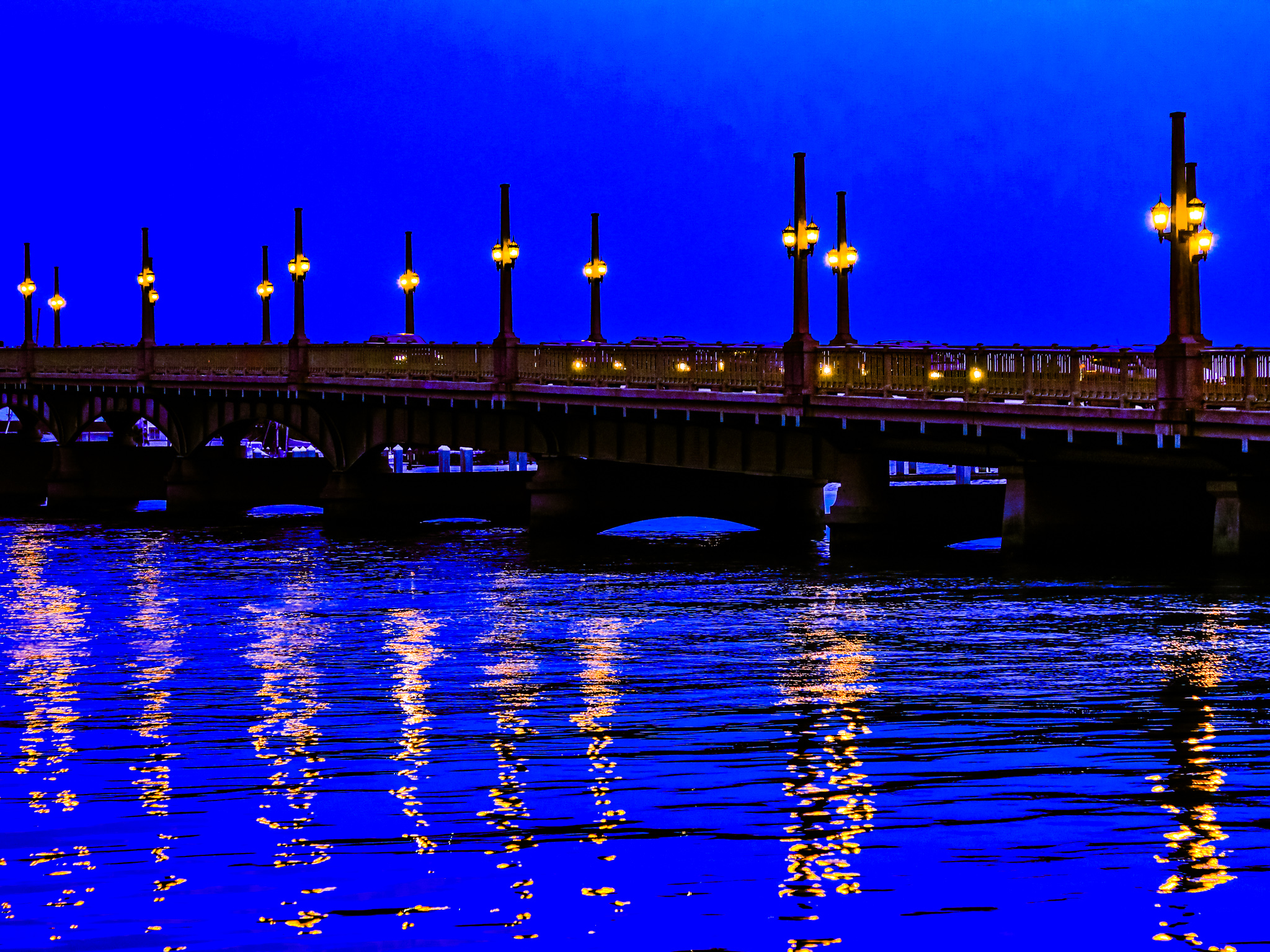
Commercial Real Estate Photography
I am A Fort Myers Real Estate Photographer & Writer based on Pine Island and also specialize in creating museum quality works of art for collectors and interior designers. We provide professional commercial real estate photographs, with a DSLR camera with a wide angle lens. We usually work from a tripod for maximum stability. Following the shoot, expert Lightroom & Photoshop enhancements improve your images to their maximum potential, inclusive of Virtual Blue & Twilight Skies. Take a look at a couple of these photographs below. If you like them, just send me an email telling me your preference: size (dimensions) of the photograph, and the means of presentation: canvas, metallic or print. [email protected]
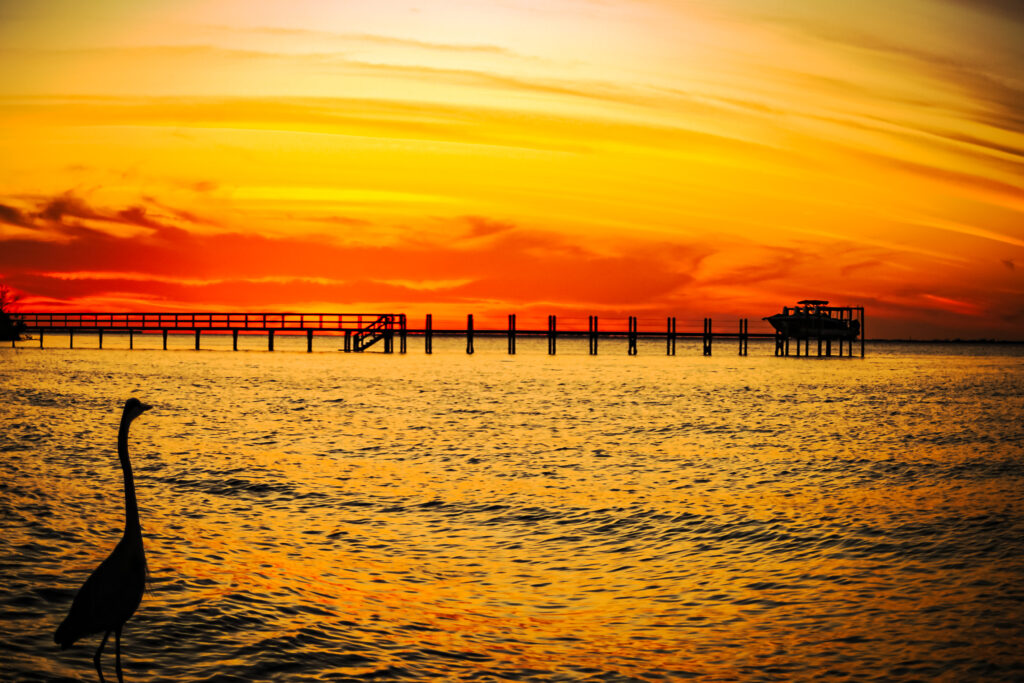
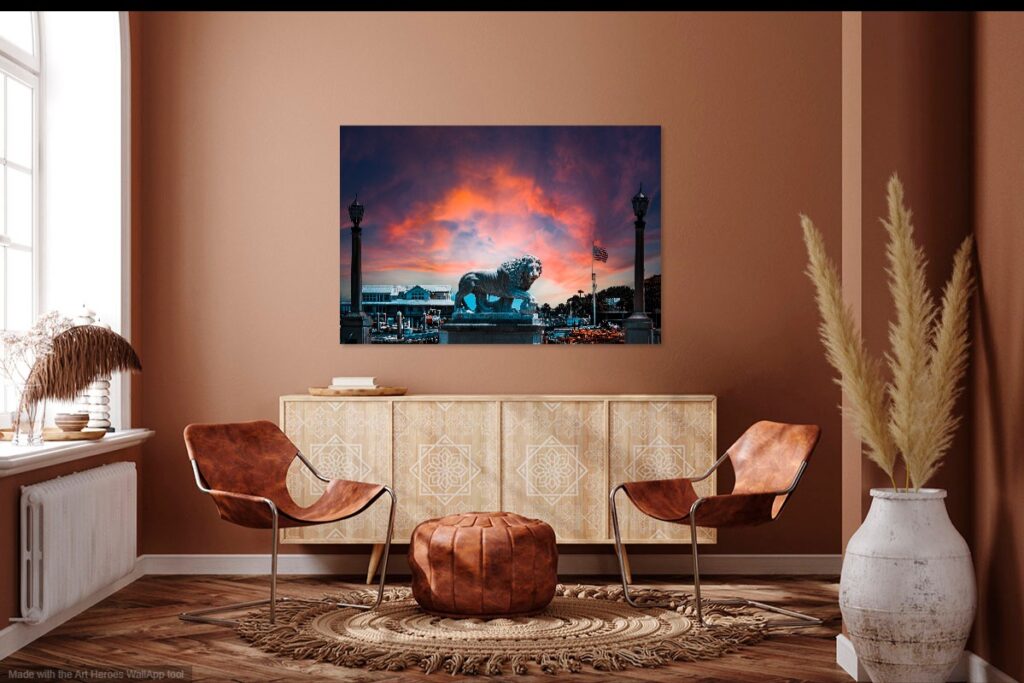
THE LESS VISITED PARTS OF THE EARTH – PHOTOGRAPHIC ART ON A REMOTE ISLAND
Aligning verticals is a key element in architectural photography. The most straightforward way is to edit the photograph in Lightroom or Photoshop.
If you attempt to use a tilt-shift lens, you are likely using manual focus which means unless the photographer is spot-on with regards to focus, the shot will be spoiled. Also the problem of chromatic aberration, color fringing, appears around edges with significant contrast, which is normal with tilt-shift lenses since the glass is actually moved around in the front of the image sensor.
THE BALANCE OF THIS WEBSITE IS DEVOTED TO ARCHITECTURAL PHOTOGRAPHY
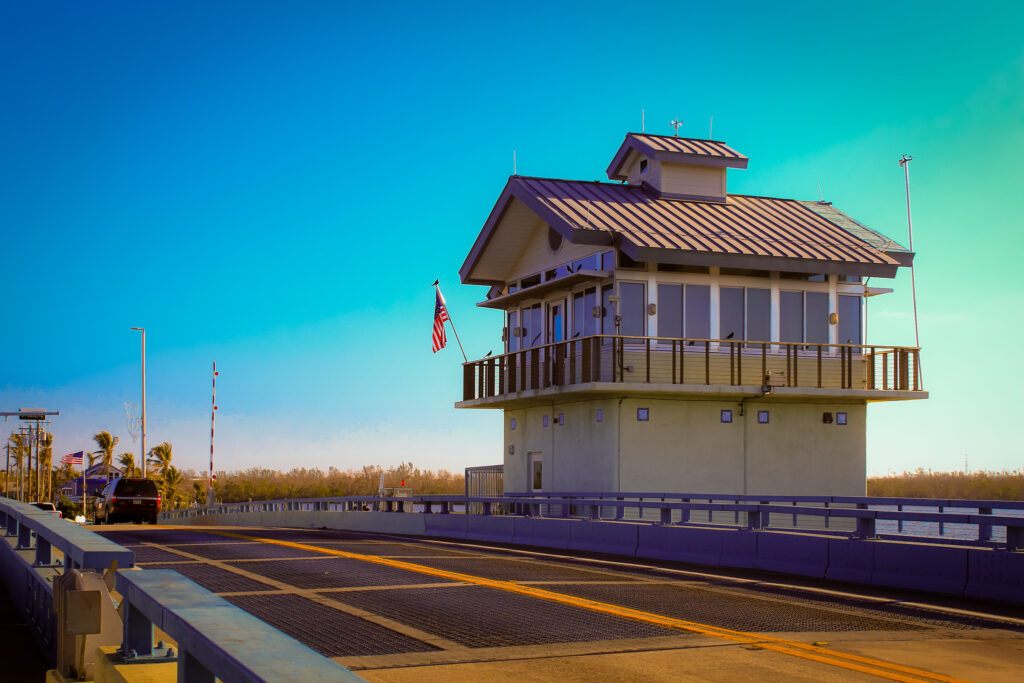
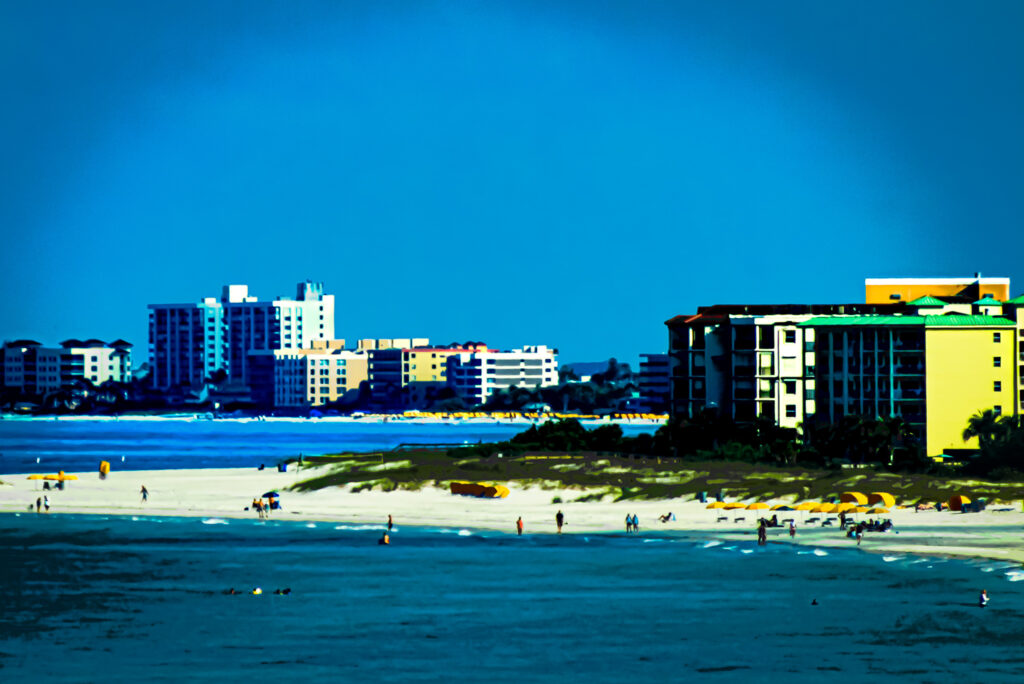
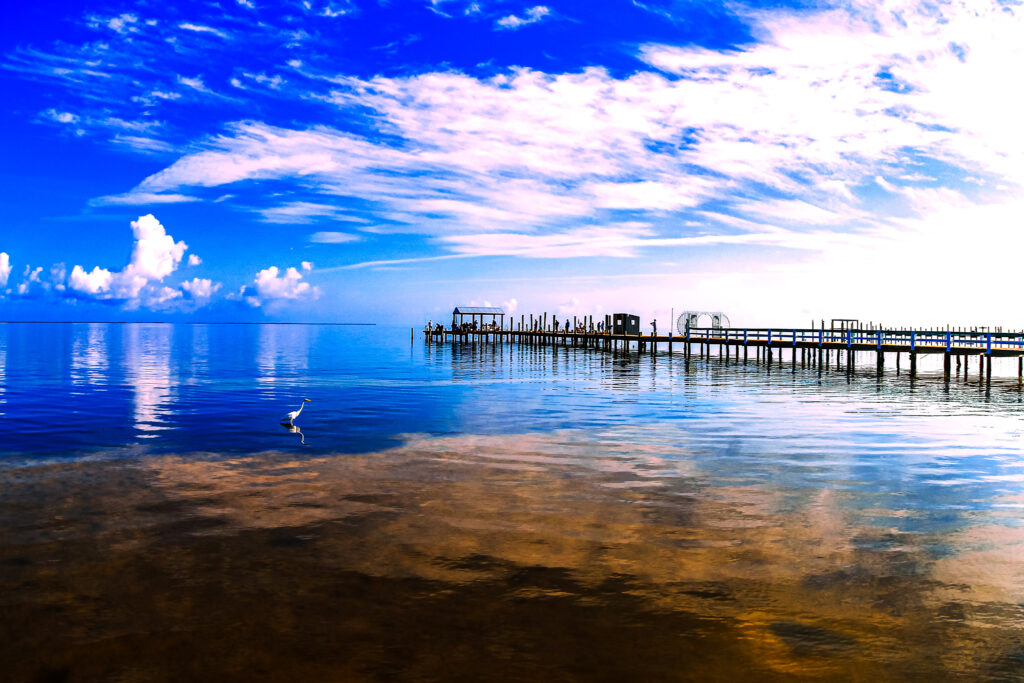
HOMES IN PARADISE PHOTOGRAPHY LLC – I am a Real Estate Photographer for the Islands of Sanibel, Captiva and Pine Island. I operate throughout Southwest Florida as well, inclusive of Naples.
Here is a sample video utilizing the Canon 6D, my full-frame camera, taken in California – by a professional photographer. Notice the quality of the video. I’m often asked my opinion of medium format cameras. They are often utilized in high fashion photography. They are effective with ISO ranges of over 12,800. That’s one of their main advantages. However, unless you are taking photographs of astrophotography or an abandoned Colorado ghost town, you likely don’t need that benefit. Full frame is more than sufficient for everything else. There’s no material difference in my personal opinion on a website photograph or a large print viewed at a normal viewing distance. In fact, the Canon 6D handles focus down to light levels of -3 EV. That’s the equivalent of moonlight. It is an awesome low-light performer!
We offer still photography, of interiors and exteriors, in the daytime, and at twilight, from the ground.
Niches we cover include residential, rental apartment communities, commercial / office, retail, hotels & resorts, restaurants, interior design, landscape design, and public / educational buildings.
Cell (727) 403-9559 Email: JTGrenough@aol.com
Artist Statement
“Color! What a deep and mysterious language, the language of dreams.” ― Paul Gaugin
I specialize in the realm of the imagination. I use DSLR cameras, LED Lights, Advanced Lightroom and Photoshop Skills and Flash Photography to bring the viewer into the scene. My photographs are dramatic and yet natural – that in itself is an extraordinary accomplishment. For example, take a look at this next photograph – of land. Notice the extraordinary high definition and tonal quality of the scene and the sky. This is all done in post-production.
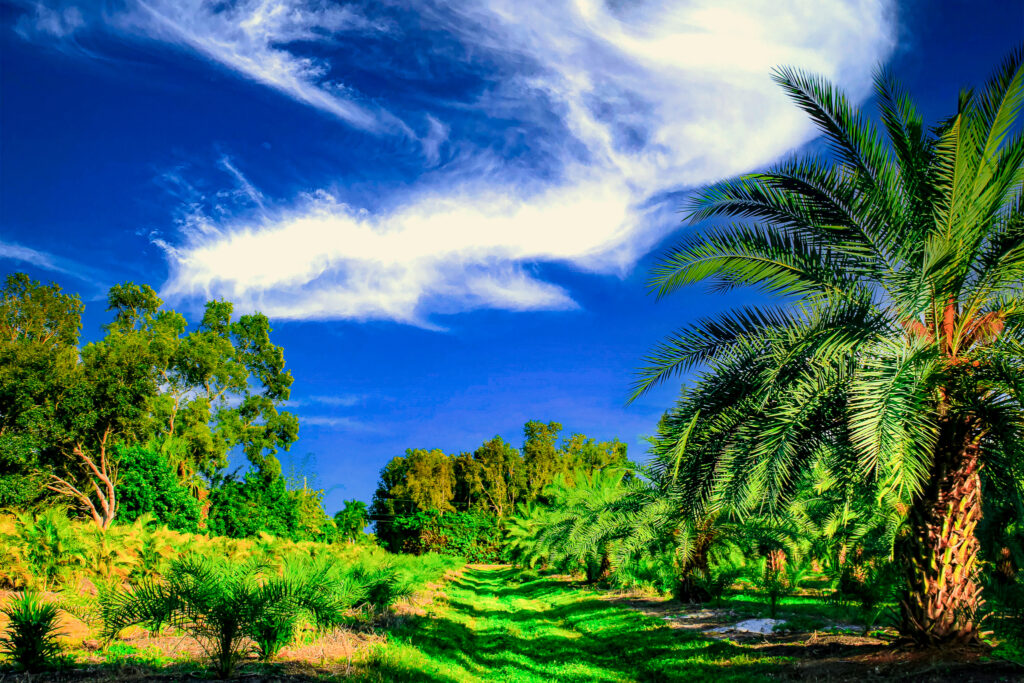
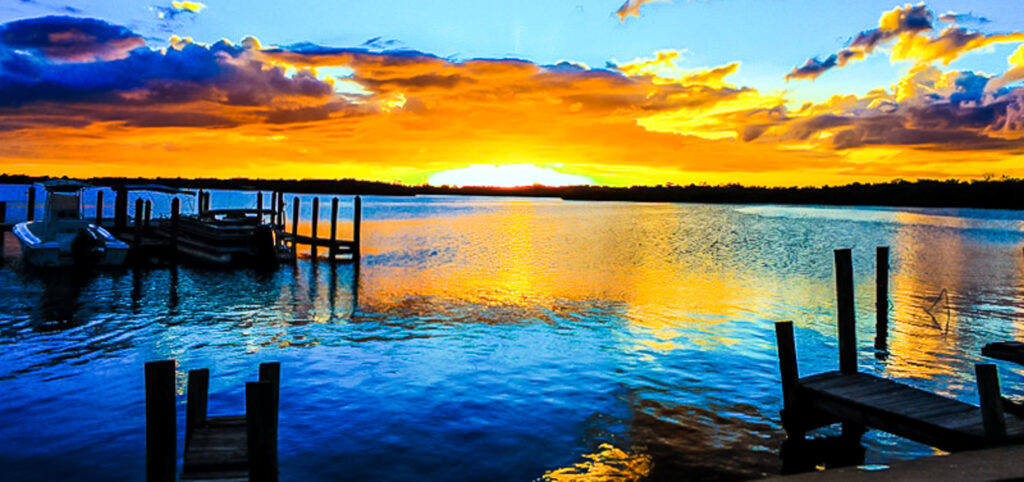
Real estate photography Key Statistics:
It’s a given fact that you must produce the highest-quality photos you can if you want to maximize your chances of selling residential or commercial properties. I believe the traditional property portfolio shot from the ground perspective shows the grandiosity of a property, whereas those shot from above often show a compressed view. A frontal exterior angled view of a property is usually a signature shot. If it was shot only ten feet higher, the grandiosity would be lost.
Did you know that most property buyers (83% of them) believe that photos are crucial in helping them reach a buying decision? This is the finding of Jacky Teplitzky, Executive Vice President of Prudential Douglas Elliman Real Estate in New York.
Homebuyers spend approximately 60% of their time just looking at listing photos online. The rest of the time (40%) is spent reading the agent’s description and listing details.
We shouldn’t underestimate the power of a great photo in drawing attention. An excellent picture can command up to 20 seconds of attention, compared to only two seconds for a poorly-shot photo or no photo at all.
Real estate listings with professional photography sell 32% faster than those without photos.
72% of realtors use professional photographers, 80% upload 30 photos per listing and 43% are interested in twilight photography.
Areas of Service: We handle real estate photography in Cape Coral, Pine Island, Naples, Fort Myers, SANIBEL & CAPTIVA ISLANDS and all of Lee County, Charlotte County and Collier County
If you are an Interior Designer or an Architect, we can provide an estimate, once we have profile information from you to determine the scope of an assignment. We will need to know what specific architectural elements or design features you would like to highlight, how the images will be used, and deliverables needed, such as digital files or prints.
Here is my rule of thumb on wide angle lenses: I try not to go below 24mm in a wide angle lens unless there are unusual circumstances like a small powder room or an important room that I need to shoot but just cannot do it without going lower. 24mm is the standard for photographic work within Architectural Digest Magazine.
Real Estate Photography Agreement
We have designed our real estate agreement to be the best available, and it has major beneficial points. First, it provides a detail listing of what is expected and the related timing. For best quality work, a period of time is necessary for production and post-production. Twilight photographs may require further enhancement.
Second, it provides the highest level of protection for all parties. Liquidated damages, that is, the highest liability that can exist for either party to the contract, are only $125. That tends to reduce disagreements to nil value.
The Photographer takes the photographs, edits them and delivers them in low-resolution format. From that point the client approves, says yes – reflects approval by payment.
Southwest Florida is an art photographer’s paradise, and that’s where I live – on an island off the coast in the Gulf of Mexico. I’m JT Grenough, Managing Partner of Homes in Paradise Photography, LLC and you can contact me at [email protected].
For fine art and photography giclee printing, we need a minimum of 120 dpi (resolution) at the size you intend to order. The math involved in coming up with that size print is to first divide the number of pixels in the width of the file by the 120 DPI. (5184/120=43). Next, divide the number of pixels in the height of the file by 120. (3456/120=29). So there you have it. Therefore a file size of 5184 pixels X 3456 pixels (18 Megapixels) can be printed to make a good quality 30×40 photo when printed at 120 DPI. Note also: DPI is dependent on viewing distance. An image viewed at 3 feet or more needs a DPI of at least 100. A resolution of at least 72 dpi should be good enough for online use, and for most printing 240 dpi is recommended, although as explained, is not always necessary. Ken Rockwell: “So long as you have 100 to 150 DPI (dots or pixels per inch), you have plenty for a sharp print viewed at arm’s length.”
Enjoy reading this Web page. I wrote it – JT Grenough – and it’s written similar in format to an Intelligence Briefing. I’m a graduate of the University of Louisville and have written some high-level books.
As an interesting aside, my stepfather was a photographer for the Navy for 26 years – John Stringer. Among other assignments, he took the JFK autopsy photos at Bethesda Naval Hospital on the night of November 22, 1963.
FULL FRAME VS. APSC: APS-C cameras are the sweet spot in the world of cameras. Modern APS-C sensors capture tons of detail and work well in low light conditions. APS-C cameras have the benefit of being smaller and lighter. Do full-frame cameras offer any distinct advantages? Perhaps in noise levels if you are freezing action in a fast-moving sports photography context. Other than that, nothing on a practical basis.
You must view this video:
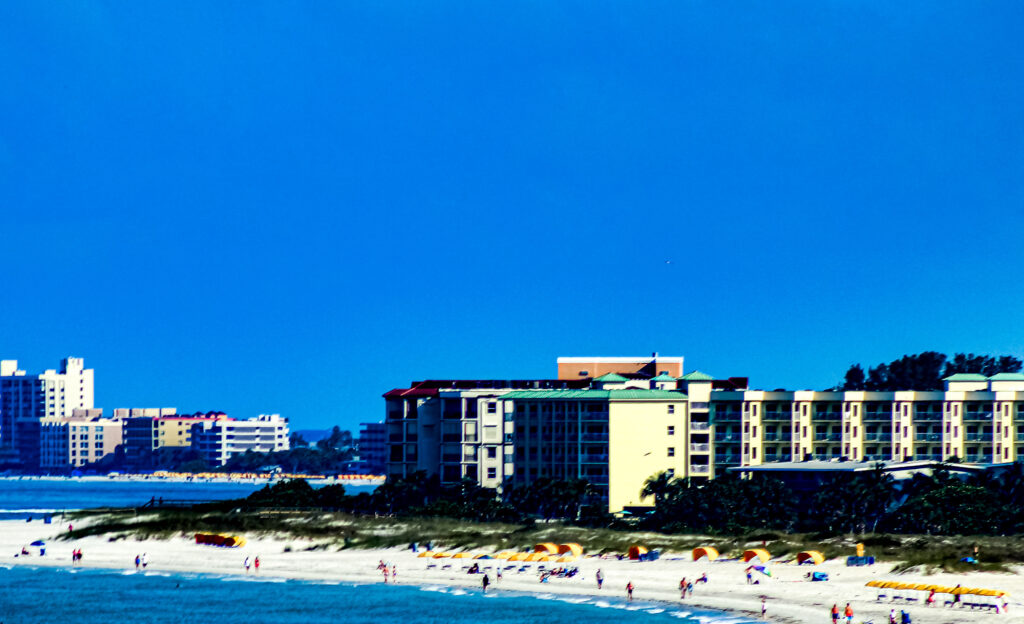
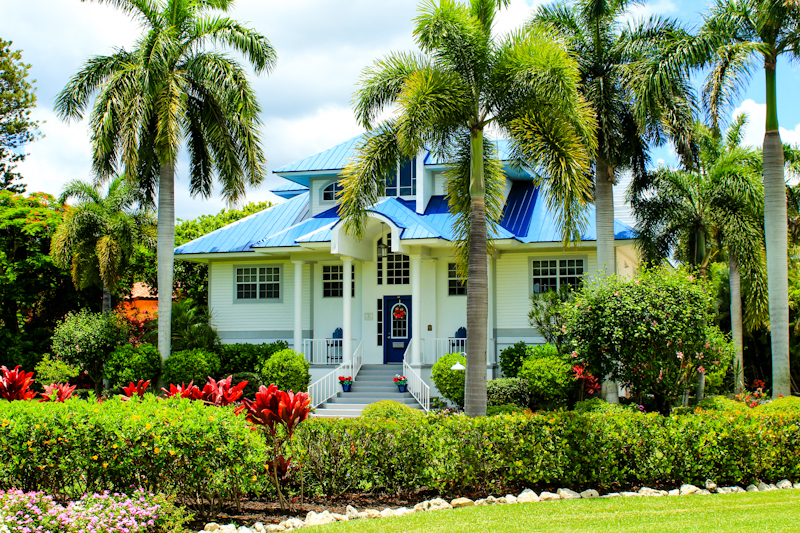
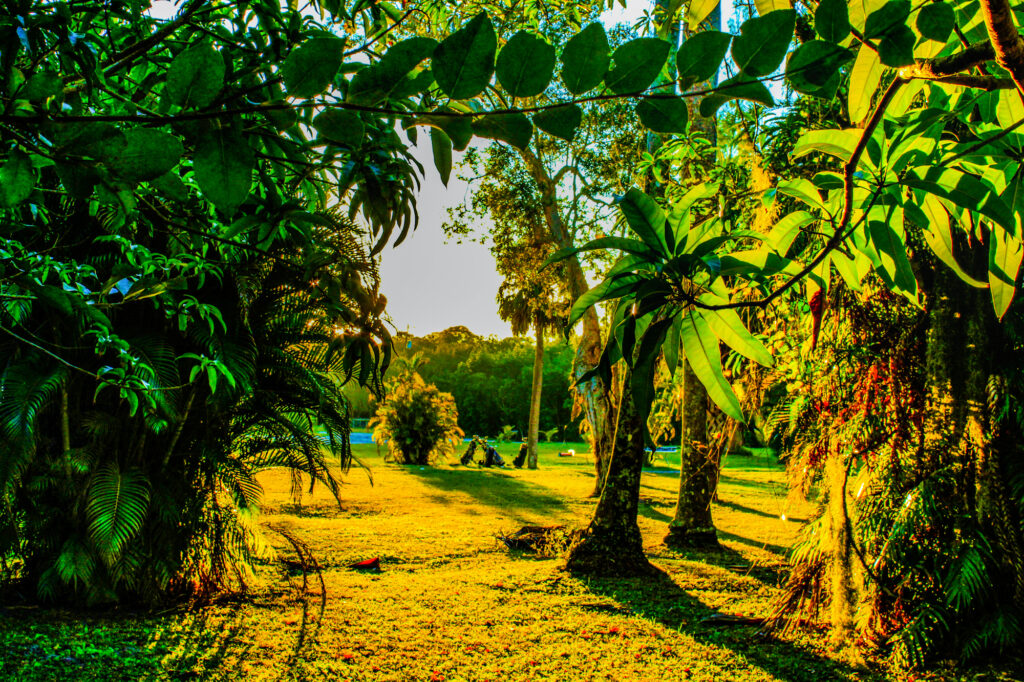
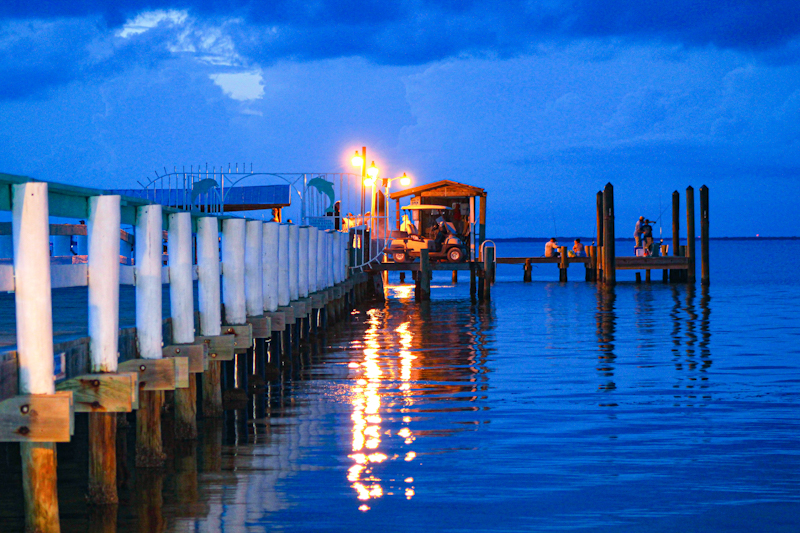
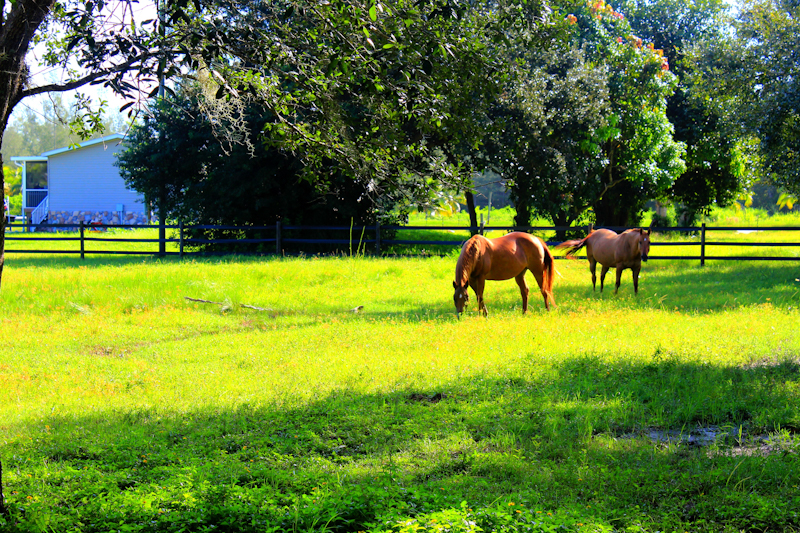
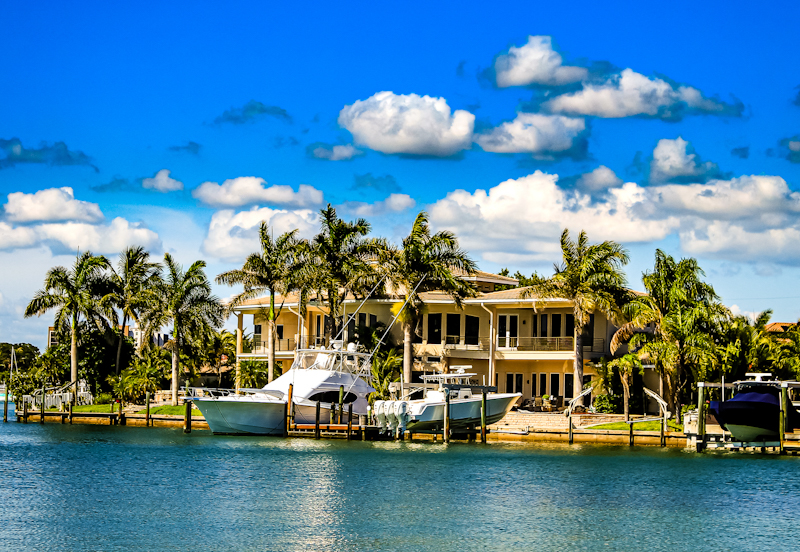
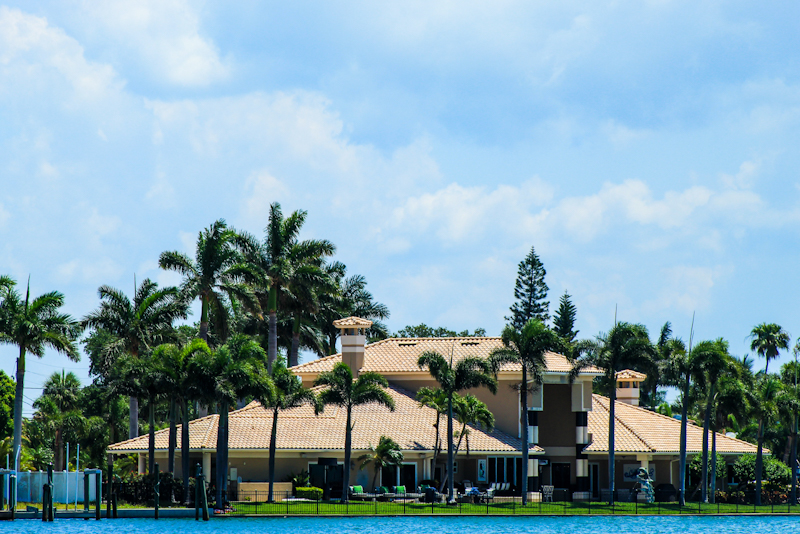
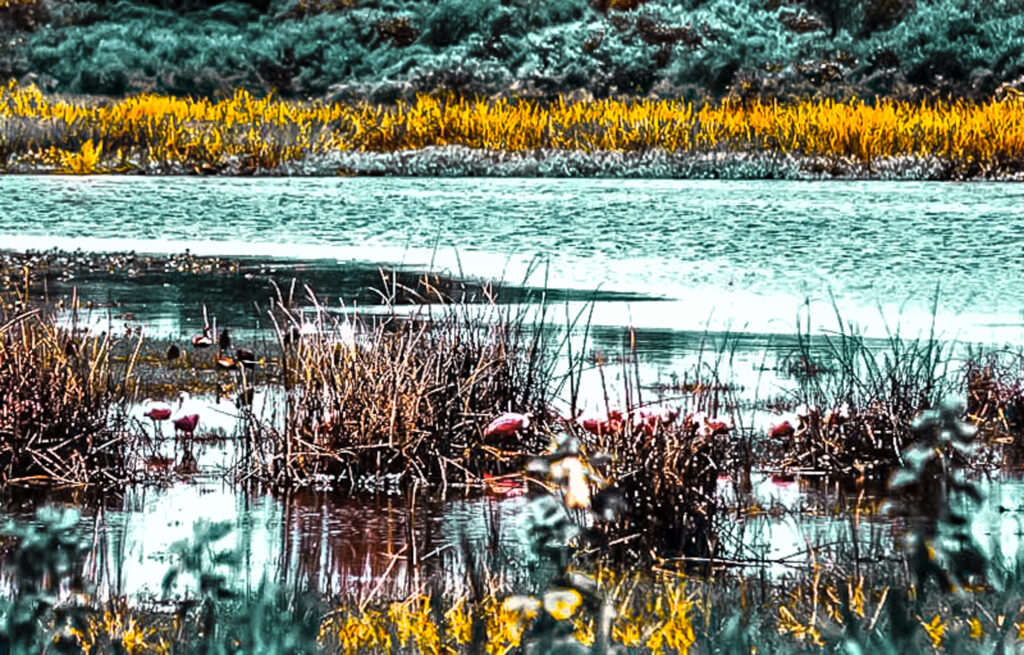
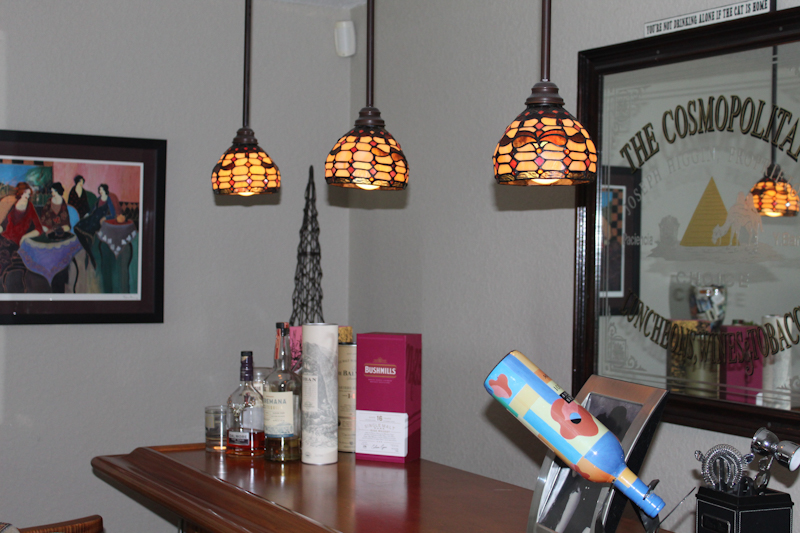
Resolution is not relevant. If you have 20 MPs, then that will record the same amount of detail no matter what the sensor size is. Full-frame sensors are not sharper than sub-full frame sensors. Each will record the same amount of detail and sharpness.
Then you have operating speed to consider. If you have a 40MP image it is a requirement for more computing power to process that image as well in post-processing. Storage goes up dramatically. 99% of that information goes away because most forms of display simply don’t need it. That level of MP will also cause camera shake unless a tripod is used 100% of the time.
What about color depth in RAW files? The human eye only discerns 10 million colors. Images are ultimately moved down to 8 bits for display. So saving an image in greater than 8 bits is excessive for viewing. In more detail, this is how it works –
If your color image has 8 bits per channel, and there are three channels (red, green, and blue), the overall image can actually fit a total of 256 × 256 × 256 shades, which equals 16,777,216.
That’s why you may occasionally hear an 8-bit per channel image referred to at a 24 bit image.
Why is this important? Research has shown that the human eye can resolve a maximum of 10 million colors. So an 8-bit image (in total, RGB), represents considerably more than 10 million colors. It’s all that is needed.
In terms of low ISOs, modern cameras are essentially free of noise up to 800 ISO. ISO 320-400 is commonly used in interior real estate work. The technology has advanced substantially. For interior real estate photography, if the ambient light is creating white highlights, one technique is to shoot a flash with the related shutter speed of 1/100th to 1/160th of a second. At 1/100th of a second ambient light really drops off.
At the end of the day, there is little-to-no advantage to a full frame sensor over APSC (all other things – like resolution, the camera’s image processor, lenses, exposure settings, etc. – being equal). And there are distinct advantages to shooting interior photographs with a crop sensor camera as you can use depth of field calculations / f-stops which provide twice the light in comparison to a full-frame. Photography is all about light – look at this fine art print The Abandoned.
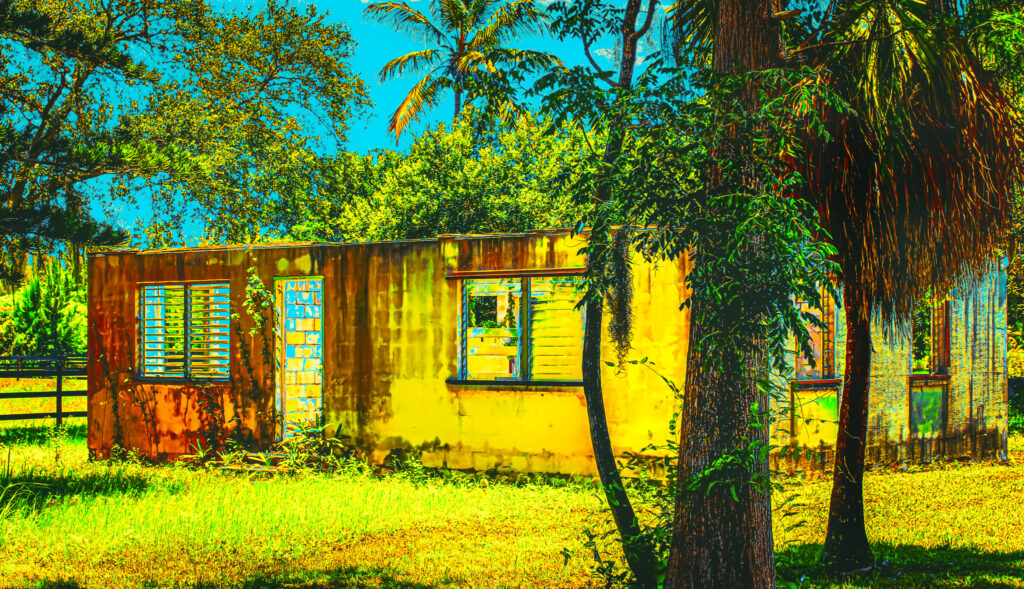

COPYRIGHT LAW
Under the Copyright Act of 1976 and the Berne Convention for the Protection of
Literary and Artistic Works, photographs (like designs and drawings) automatically
receive copyright protection immediately upon their creation. Copyright is assigned to the creator of the images (the Photographer) and gives the Photographer
the exclusive legal right to control how the image is used.
This control is exercised by granting licenses to specific persons for specific
uses. The right to use an image cannot be transferred by anyone without the
written consent of the copyright holder.
What are the advantages of utilizing flash photography in interior photos?
The light enhances contrast – the difference between highlights and shadows. As well, the light creates a constant color temperature to the interior space.
JT Grenough, Photographer
Bokeelia, FL
727-403-9559
Who owns a photograph?
According to the U.S. Copyright Act at 17 U.S.C 106, the photographer owns the images he created. As soon as the shutter is released, copyright proceeds to the photographer. The photographer owns that copyright throughout their life and for 70 years afterwards.
What is your opinion on 4K video?
80% of views on real estate on the web are through mobile devices, and they don’t operate in the 4K mode. If you’re at home on the Internet, you would need a $2,000 computer setup to recognize and process 4K. Most people don’t have that kind of equipment. 4K is primarily reserved for extremely wide screen, 60 inch and above, TVs.
What is your opinion on virtual tours?
Real estate expert Barbara Corcoran responded to an interview question – do people really buy real estate without actually walking into the unit? In response, she said: “Very few people will take that kind of risk.”
A buyer cannot necessarily spot rust, or a flooring issue, with a virtual tour. A house inspection doesn’t occur in a virtual tour. If the neighborhood is below standard, that cannot be determined from a virtual tour. Natural lighting cannot be evaluated in a virtual tour, either. It takes a personal visit. In my opinion, the virtual tour is interesting, but it is outside the scope of our services.
USING LIGHTROOM TO POST-PRODUCE REAL ESTATE PHOTOGRAPHS
How do you use Lightroom in post-production for real estate photographs?
• Highlights: If we have bright windows that require toning, we use the Highlights slider in the Develop Module. We move the Highlights slider left to make highlights darker. Usually while taking the photograph we use bounced flash to combine with ambient light, and this takes away most of the issue.
• Shadows: We normally post process shadows by sliding it to the right, which lightens the shadow areas.
• Exposure: After the highlights and shadows are adjusted, we use the Exposure slider to finalize brightness. The use of these three sliders is a very powerful feature of Lightroom, almost at times the equivalent of using a flash.
• Clarity: The Clarity slider in the Development module is also very interesting. Increasing the clarity changes the midtone contrast, which then sharpens the photographs. We increase Clarity by at least 40 points.
• White Balance: I have my Canon normally set on auto white balance, and adjust it as needed using the Temperature and Tint sliders.
• Vibrance: Vibrance increases the intensity of the image. Saturation has to be handled with caution, but an increase in vibrance is a good technique overall.
• Noise Reduction: If I shoot at ISO 400, I don’t have noise issues.
Finally I use the geometry section of the Develop Module to straighten all verticals, and remove any chromatic aberration.
ENHANCING THE SKIES IN LIGHTROOM
Remember, getting the JPEG right to begin with can be accomplished using a polarizing filter. Select a filter that matches the filter thread diameter of your lens. Attach it to the screw threads, turning it right. Then rotate it until you see the desired result. Remember, shoot with the sun behind you or at a 90 degree angle.
Often you’ll still need to adjust your sky in a real estate photograph. The very first step is to darken the blue hues. Using the HSL panel in the Develop Module, note that the sliders control individual colors and you have a choice – luminance or brightness, hue and saturation.
First find the Blue slider. Then click Luminance. Move the slider to the left.
Then click on Saturation and move the slider to the right. This enhances the colors. Be careful to do this in moderation, as you don’t want to create an unnatural appearance.
Sometimes your sky will still be too bright and the clouds lack detail. You have to tone down the brightest parts of the image by reducing the highlights.
Check out the video above – note the excellent cinematography, lights and colors that I produced with my Zeiss lens.
What are the essentials of real estate photography?
First, a professional DSLR camera is needed, and a good selection of glass – i.e., lenses. Lenses should include a telephoto, a 50mm Prime Lens and a Super-Wide-Angle lens. Adequate flash equipment and lighting is needed for interior real estate photographs. You also need advanced Lightroom editing skills to edit the daylight photographs, twilight photographs and the interiors as well.
The Secrets of Photography
First, let me talk about cameras for a moment.
DSLR Camera: The 18-22 Megapixel sensor allows you to shoot hand-held in almost any light. This range of megapixels is the equivalent of film resolution. When you move into the modern cameras, and you deal with huge levels of megapixels, 40 megapixels and greater, you almost always have to operate tripod-based, a significant disadvantage in my personal opinion.
The first fundamental is the camera. Point and shoot cameras are fine as far as posting images to your personal website for friends and family to enjoy, but if you’re serious about composition and printing, then you need resolution. You need a lot of megapixels – at least 18 megapixels to print 24×30 and 30×40 prints.
To achieve proper sharpness and saturation you also need what is commonly called a DSLR – this is a digital single lens reflex camera. Hobbyists use these and so do professional photographers. I use a Canon. High fashion photographers and portrait photographers alike often use Canon equipment. Canon color science look is one of the manufacturer’s strongest selling points. They are made according to Japanese factory standards, among the highest in the world.
The engineers that design the microprocessor in the Canon, commonly called the DIGIC processor have fine tuned it so that it produces JPEGs (pictures) of extraordinary quality. Lightroom is an essential editing tool for real estate photography.
Service Areas for Architectural Photography – Southwest Florida
Service Areas for Licensing – Worldwide
Shakespeare said: “Less is better.” He may be right. Somewhere around 20% of all photographers use drones in photography, but take a look at this article on the draconian regulations that are on the horizon. However, if you also need drone photography, we have a recommended FAA-licensed Drone Pilot you can engage as part of a commercial project.
homes in paradise photography, llc serves all of Southwest FLORIDA in the field of REAL ESTATE PHOTOGRAPHY & ARCHITECTURAL PHOTOGRAPHY including lee and collier cOUNTIES – In addition we provide our services in Port Charlotte, Punta Gorda, Boca Grande, Manasota Key, NAPLES and Venice. WE LIVE ON PINE ISLAND AND ALSO OFFER OUR SERVICES TO THE SANIBEL AND CAPTIVA ISLANDS.
Art Licensing WORLDWIDE – for Interior Art Consultants , INTERIOR DESIGNERS, ARCHITECTS, RETAILERS and Curators
Luxury Fine Art Photography Prints – Limited Editions
FINE ART PHOTOGRAPHIC PRINTS FOR SALE – GG GALLERY
Tropical Landscape Prints – Wall Art & Prints for Interior Designers and the Public
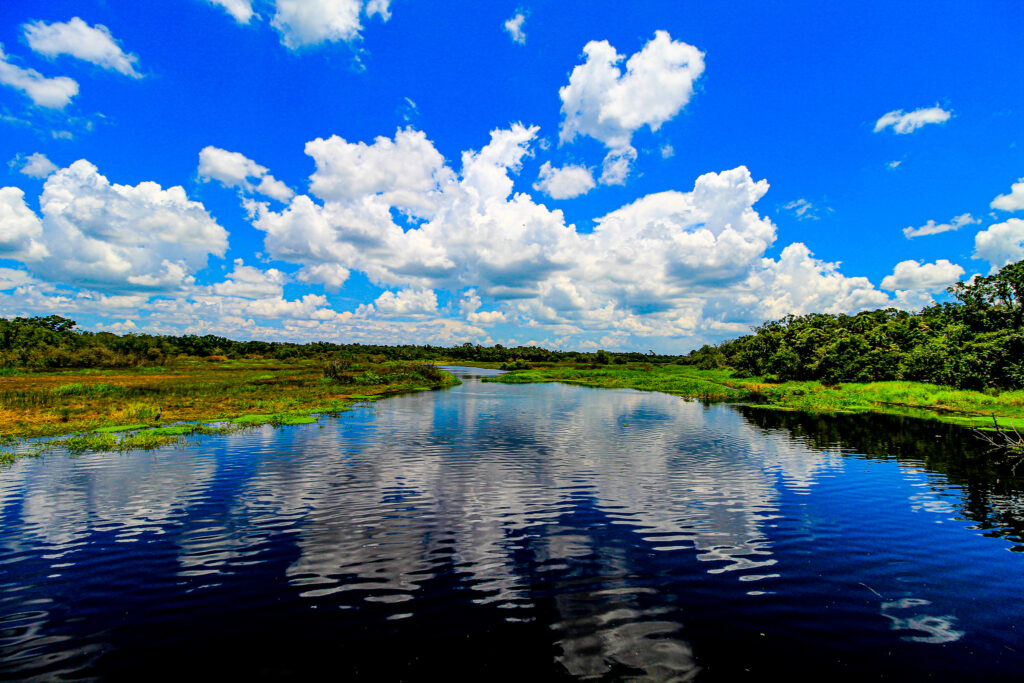
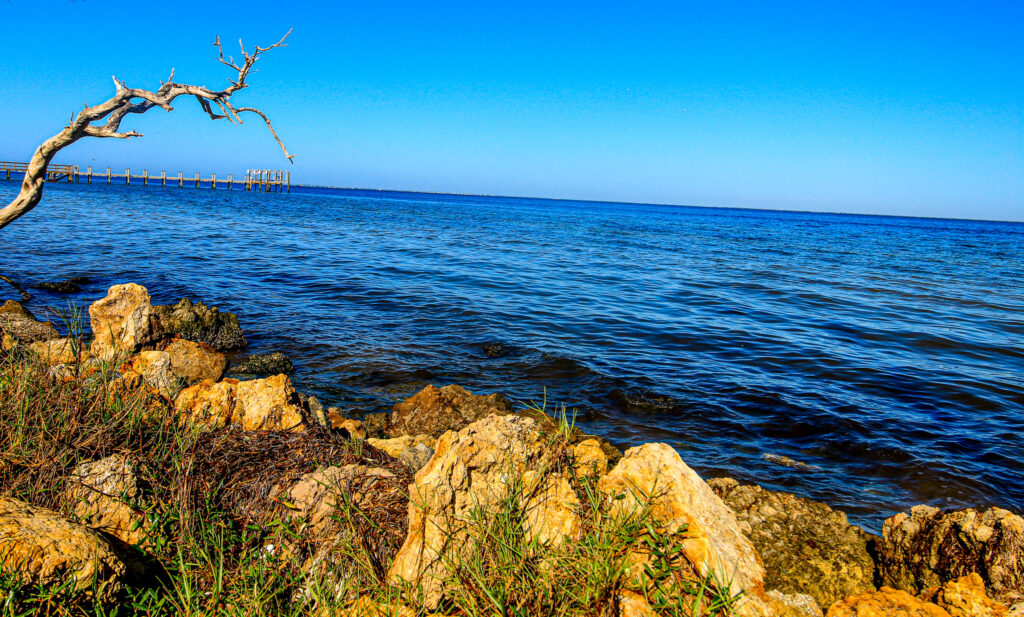
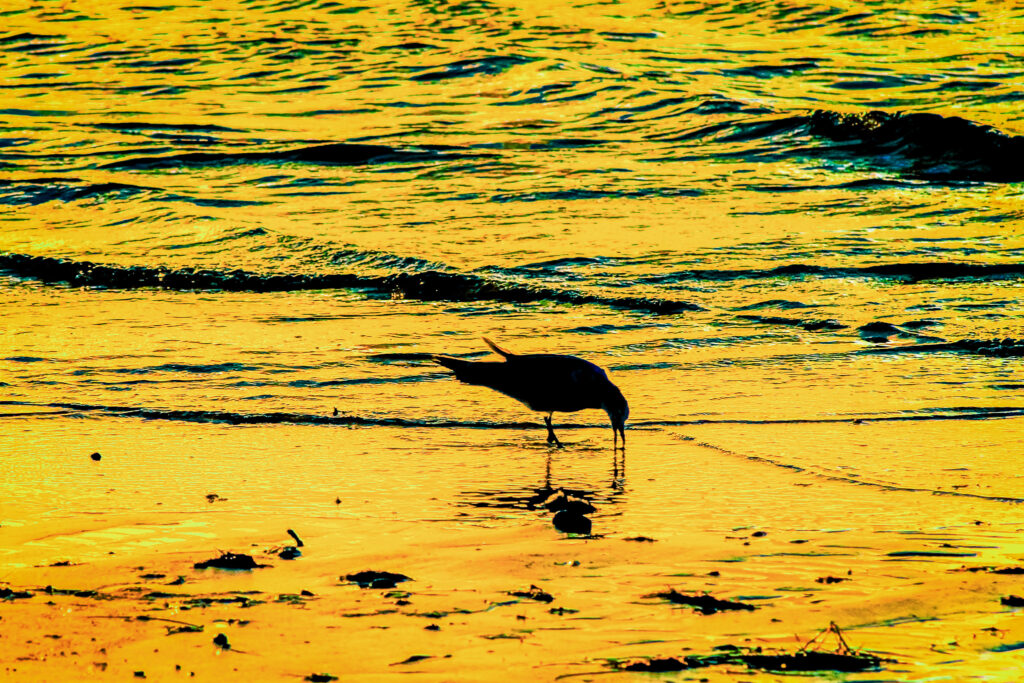
We work with Nevada Art Printers, an outstanding one-of-a-kind professional photographic lab to produce world-class image reproduction. THIS STATEMENT WHICH FOLLOWS FROM THEM IS A PERFECT DESCRIPTION OF THE QUALITY.
Our Giclee canvas prints are like nothing you have seen. They are created with 8 color OIL BASED INKS or our super wide color gamut 12 ink printer on the finest canvas using our custom tone curves. Artists that are looking for the best Giclee canvas prints & reproductions are blown away by the original artwork look of our photos on canvas. These canvas prints have incredible photographic resolution, clarity, and vibrancy giving incredible photo image quality. Canvas photo prints are waterproof and don’t crack like standard matte canvas coated with varnishes to achieve gloss. In addition to satin and matte grades we also offer Metallic Canvas which has similar qualities to the metallic papers and can appear backlit under gallery style lighting for an eye catching presentation.
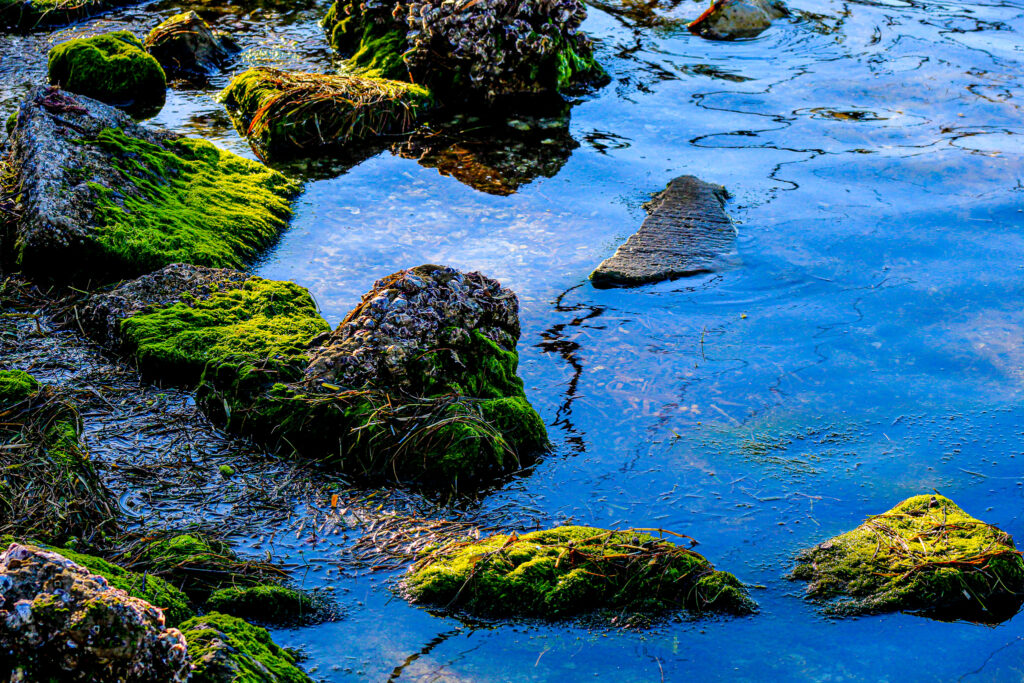
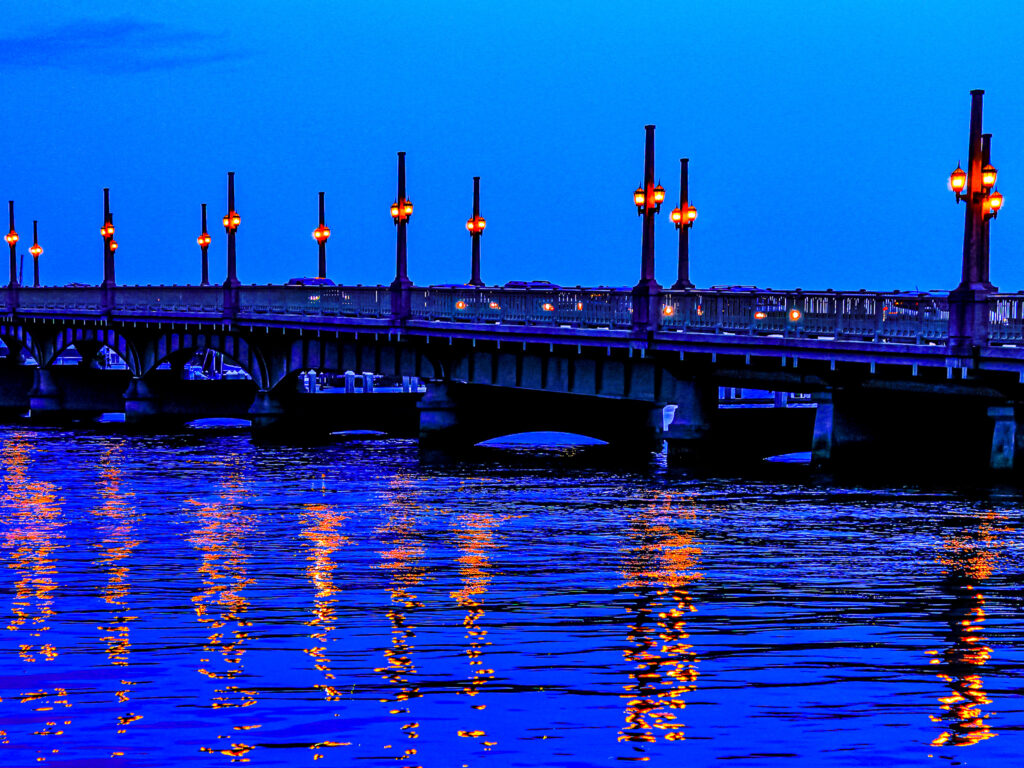
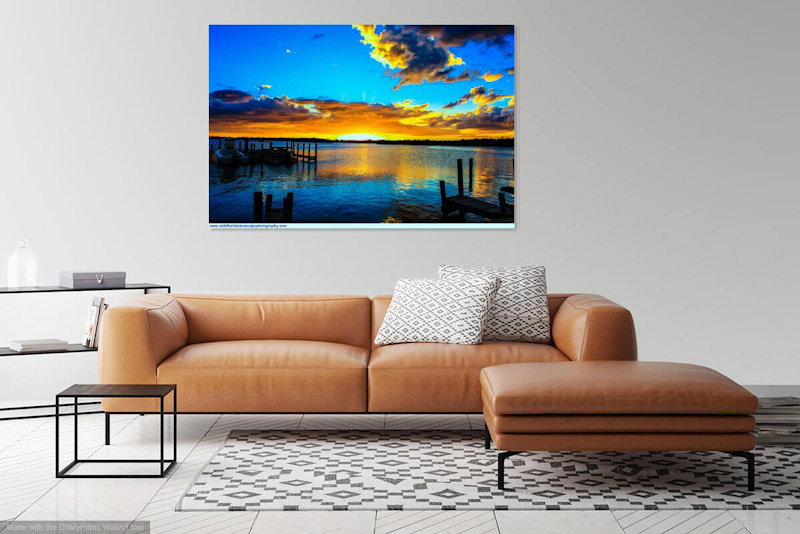
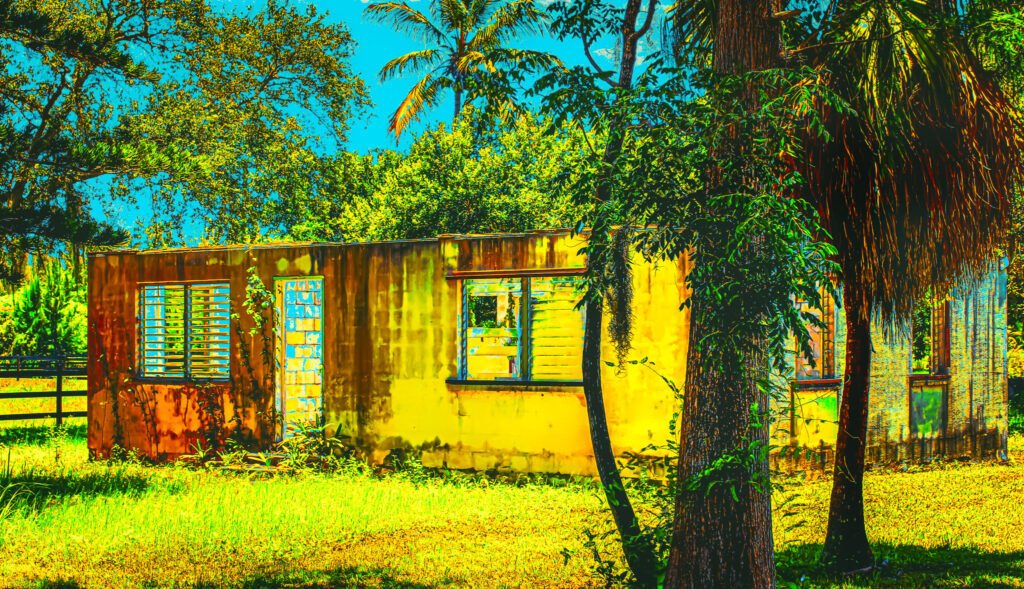
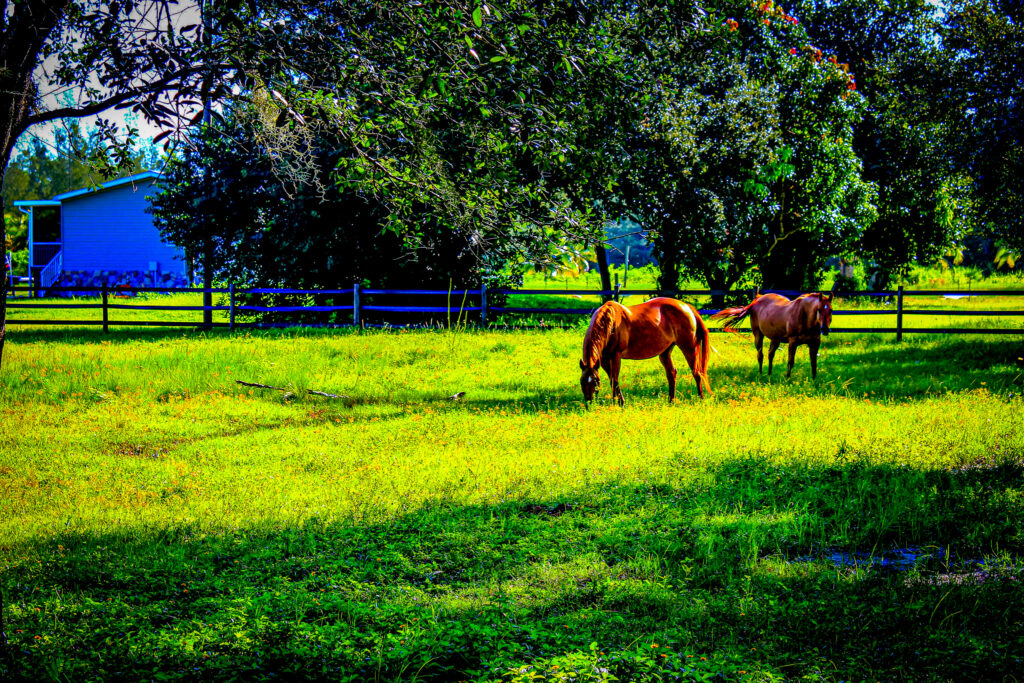
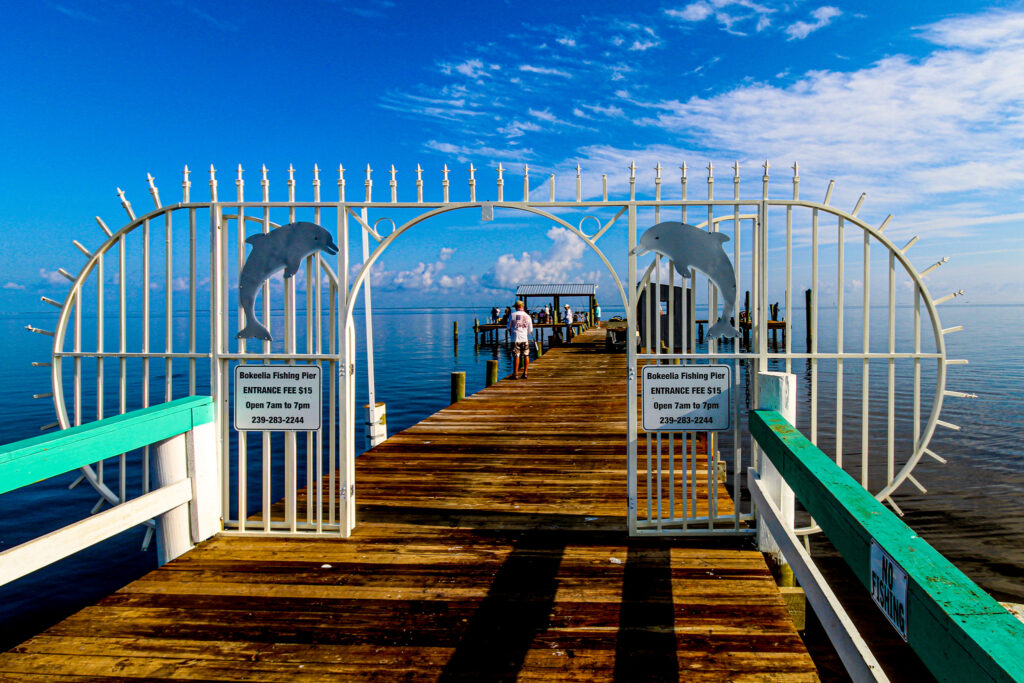

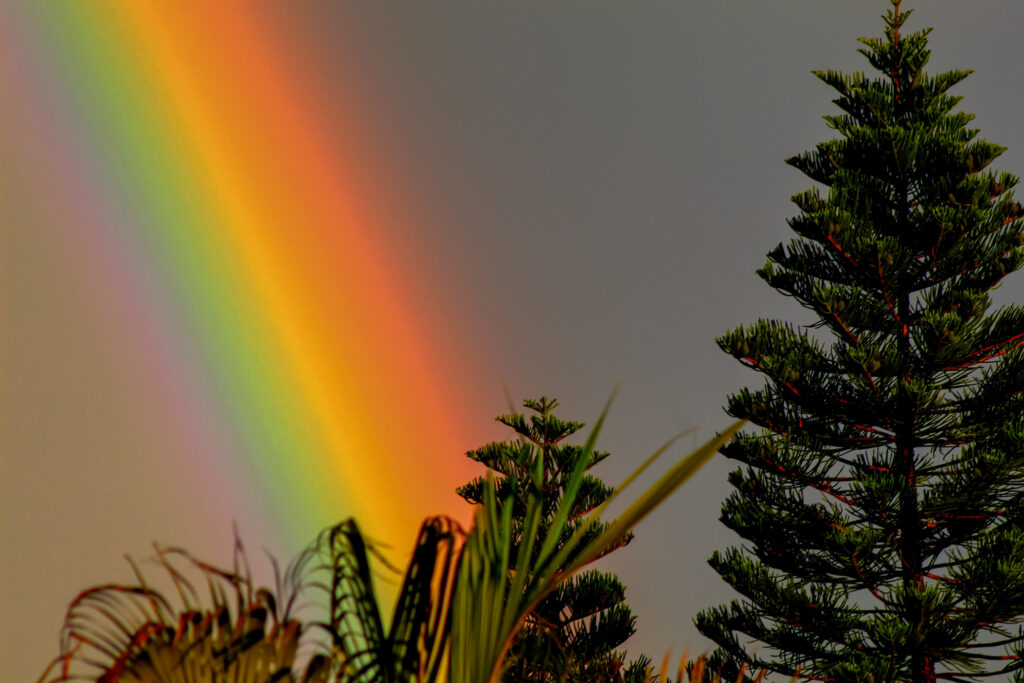
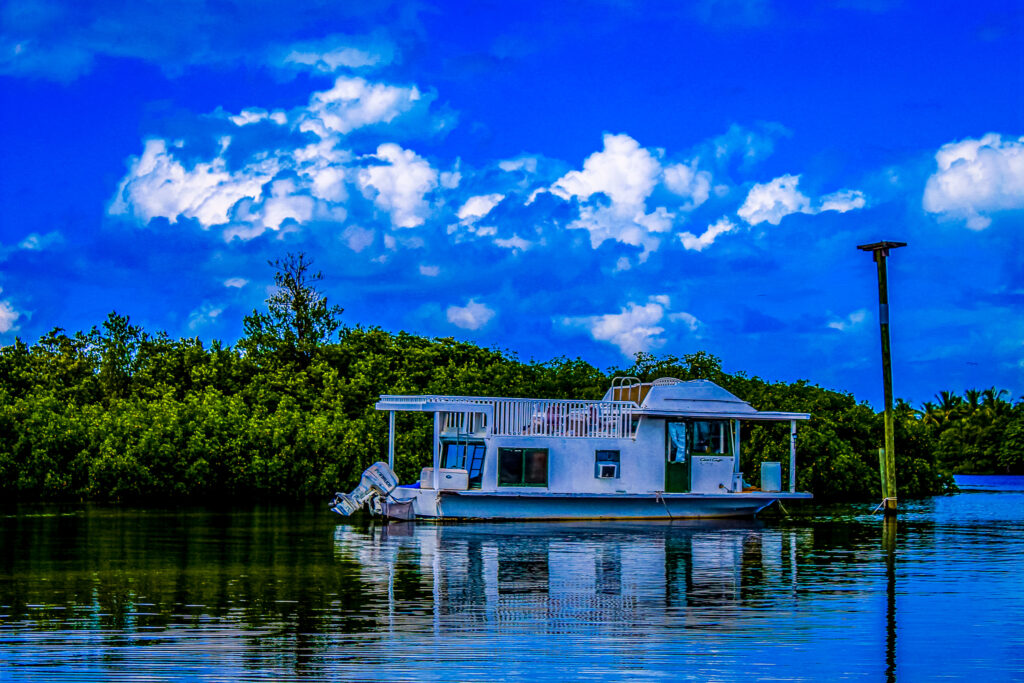

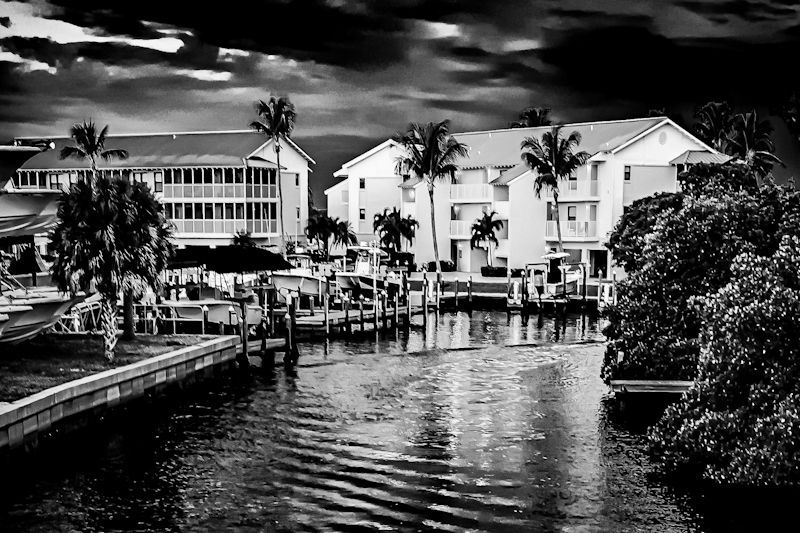
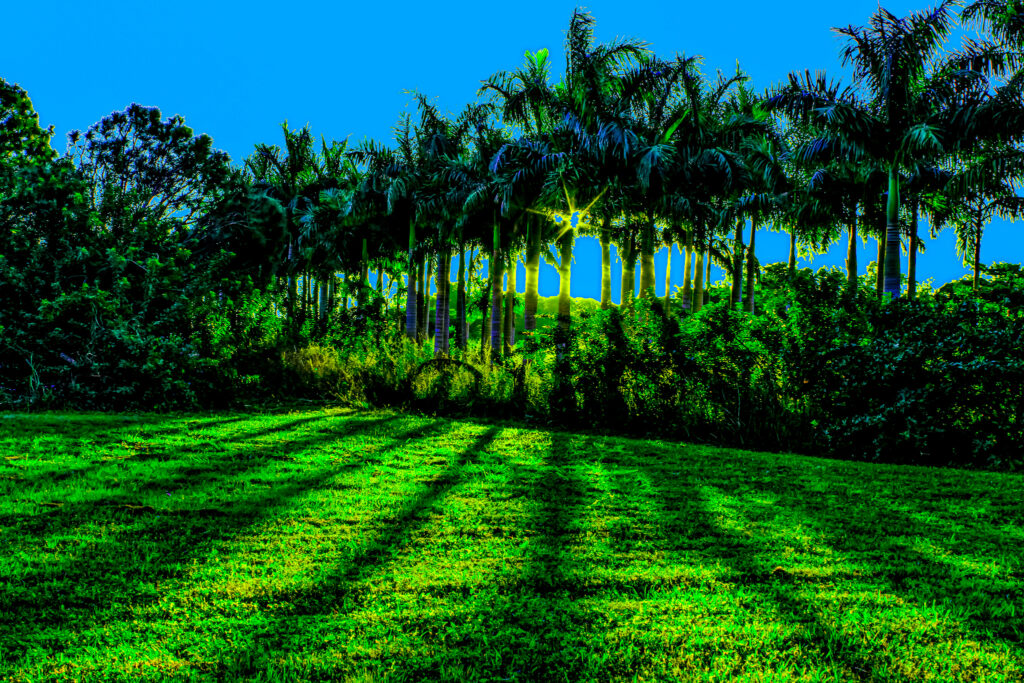
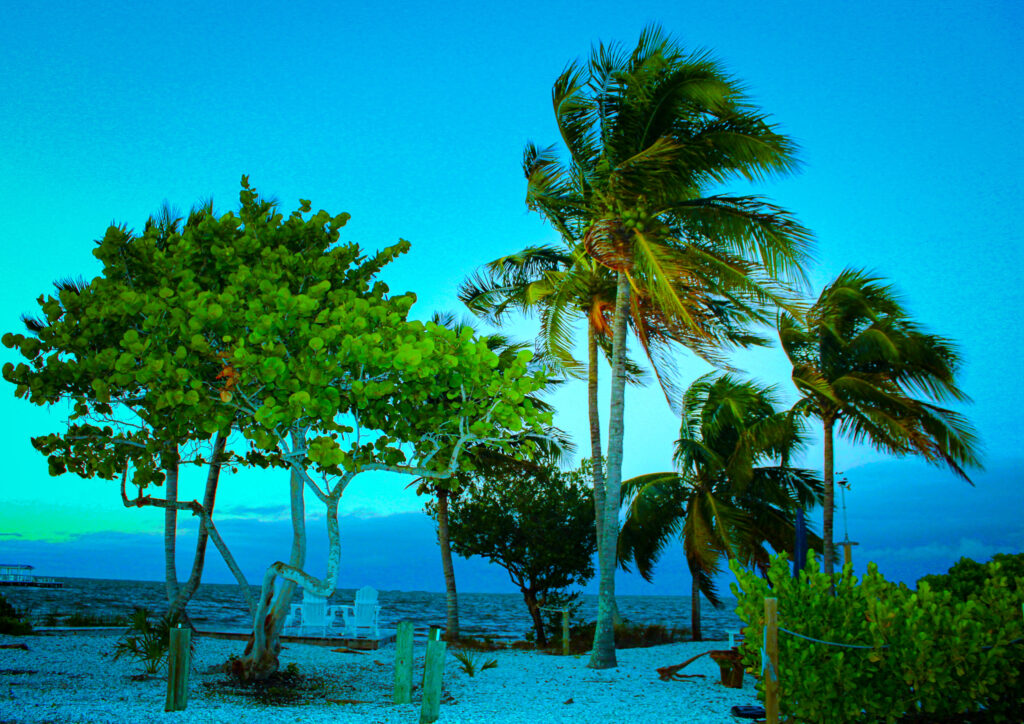
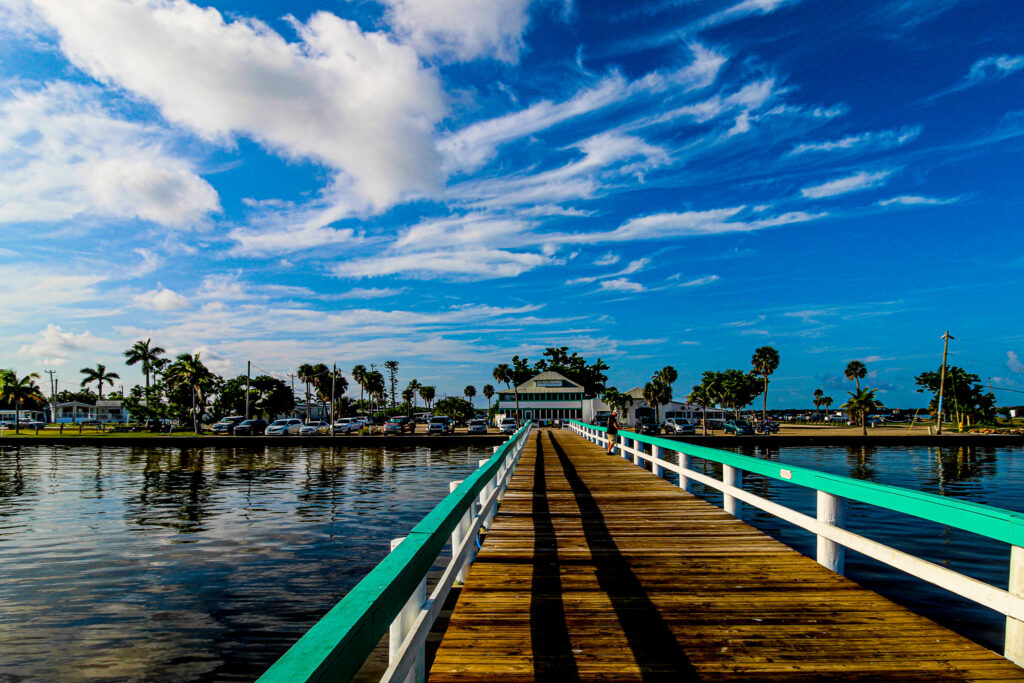
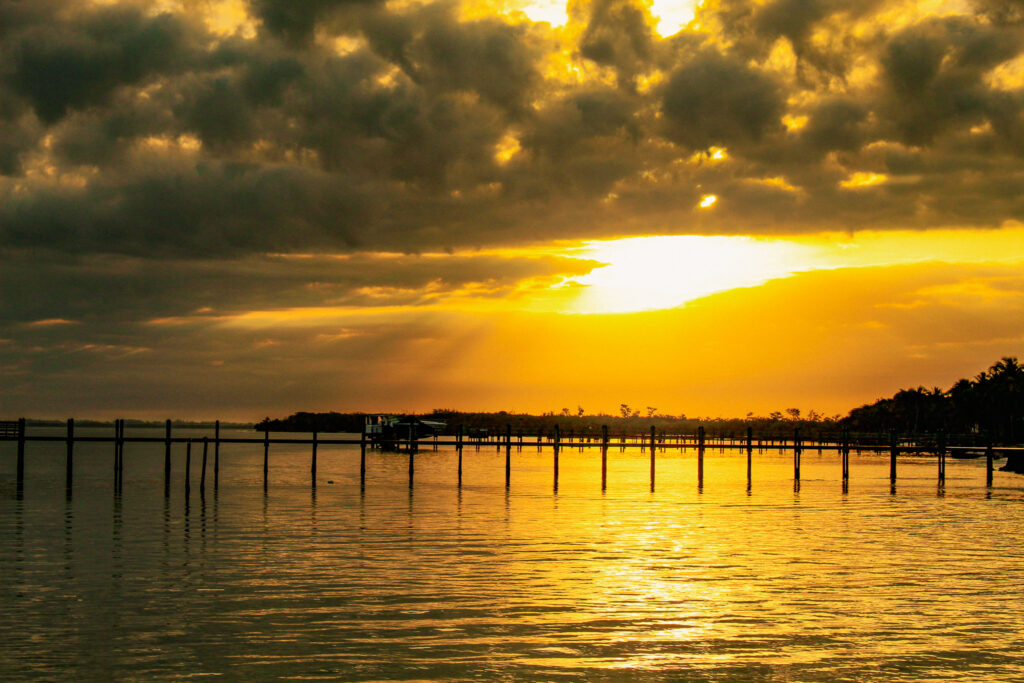
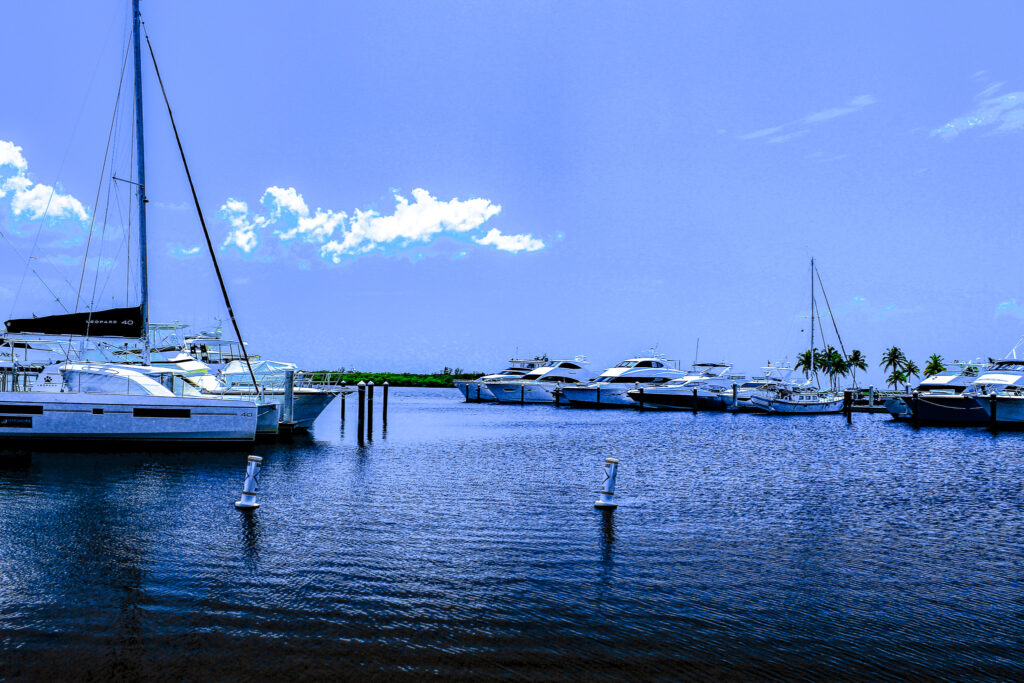
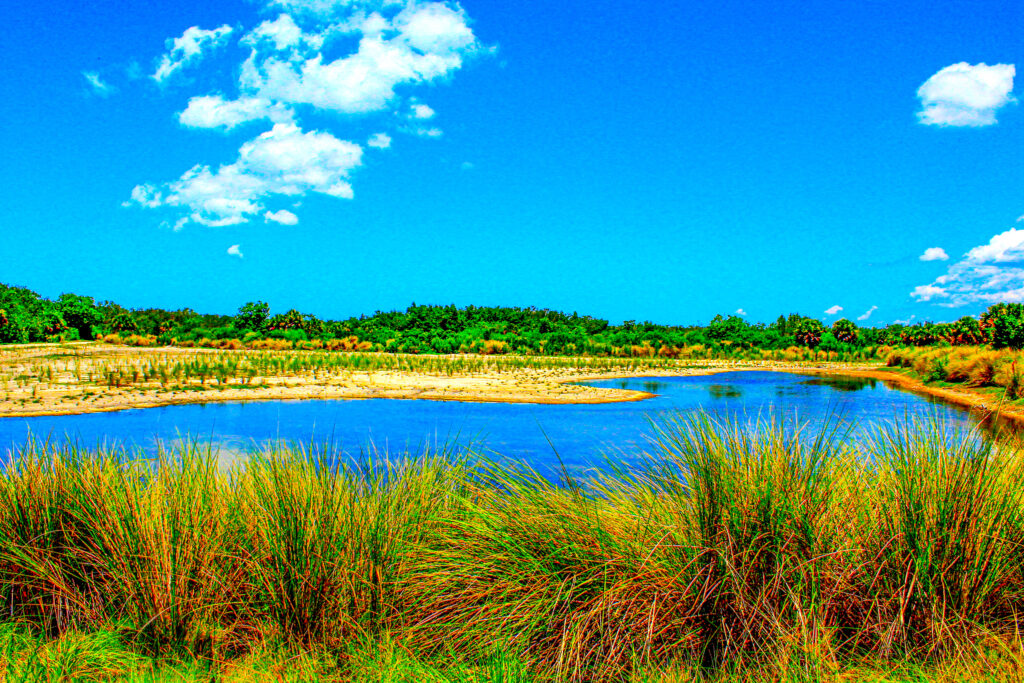
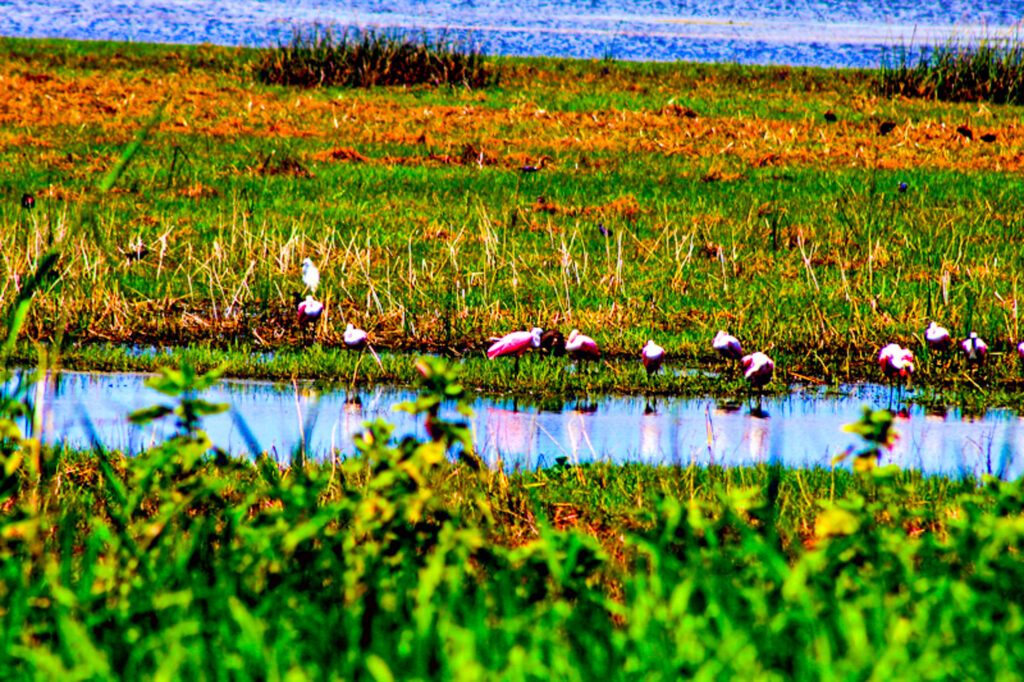
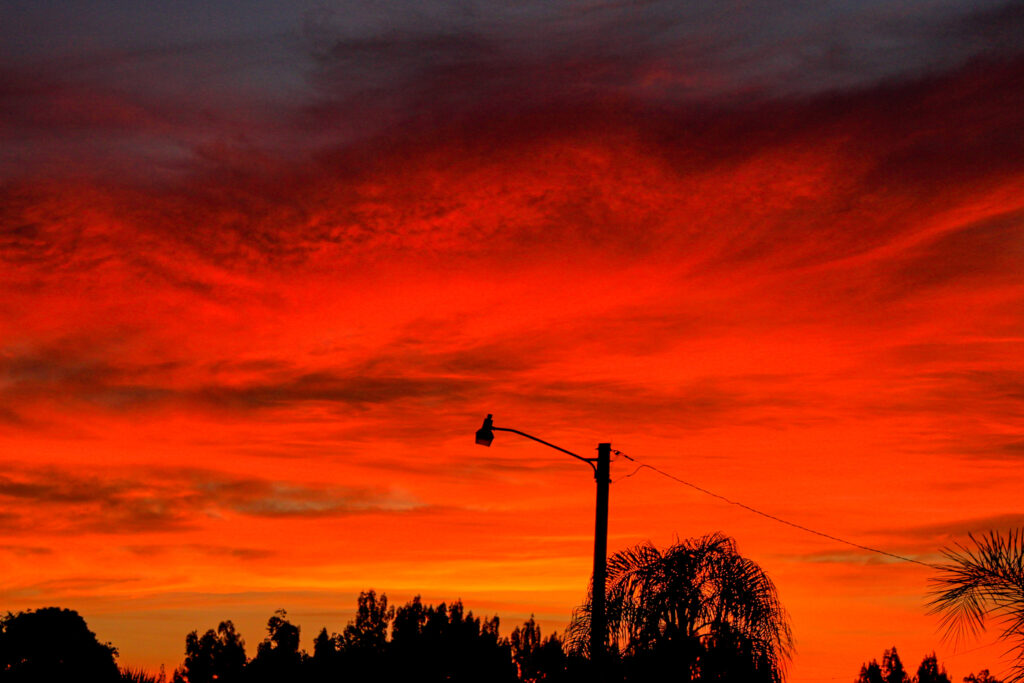
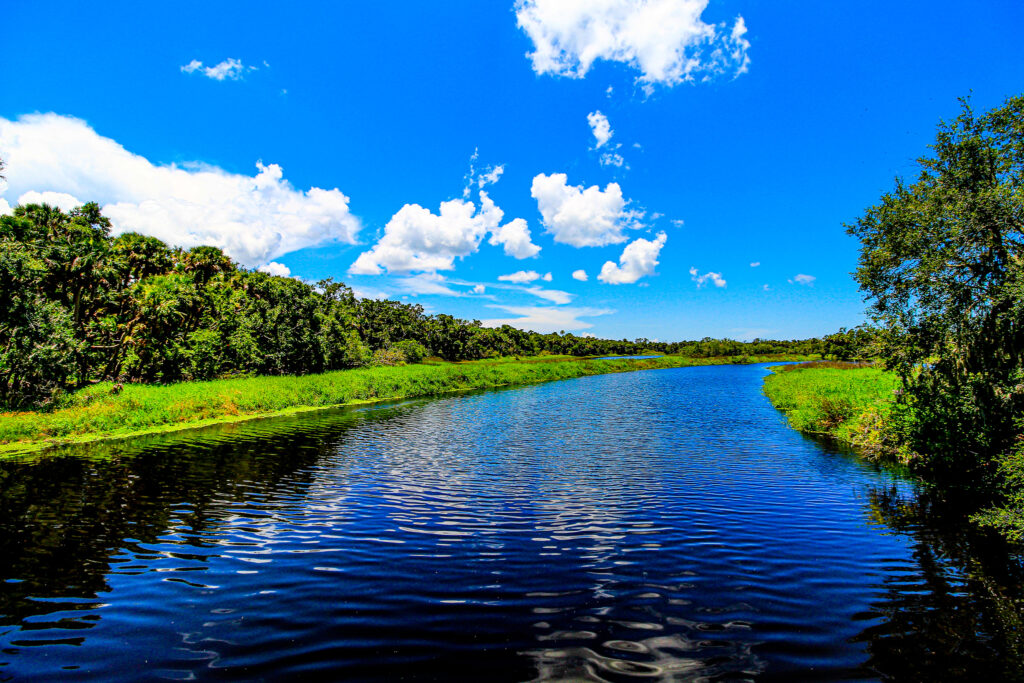
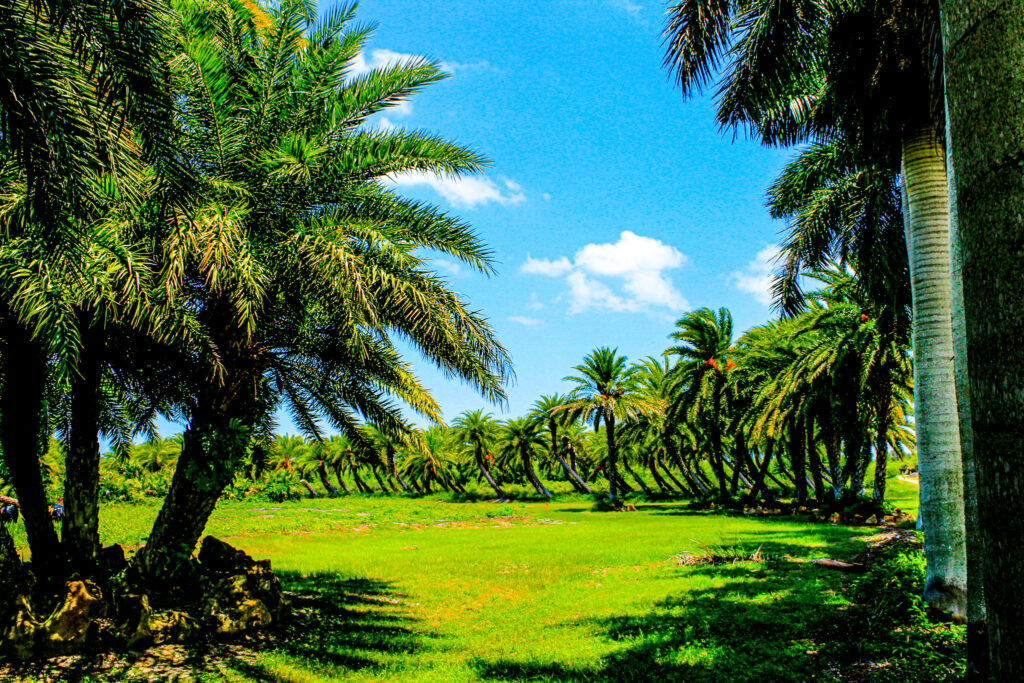
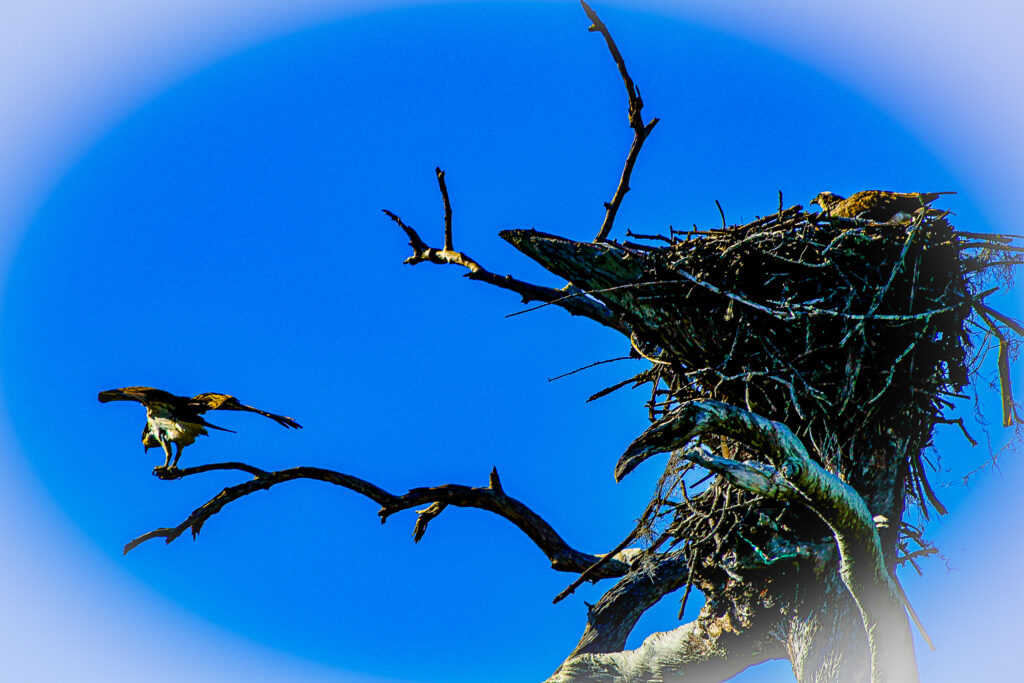
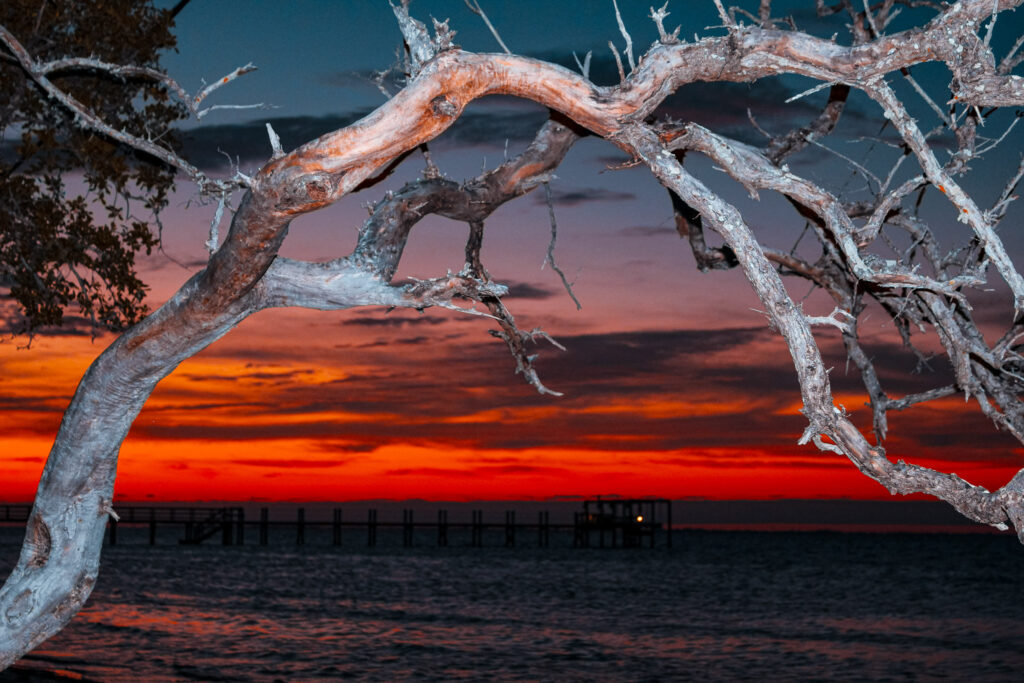
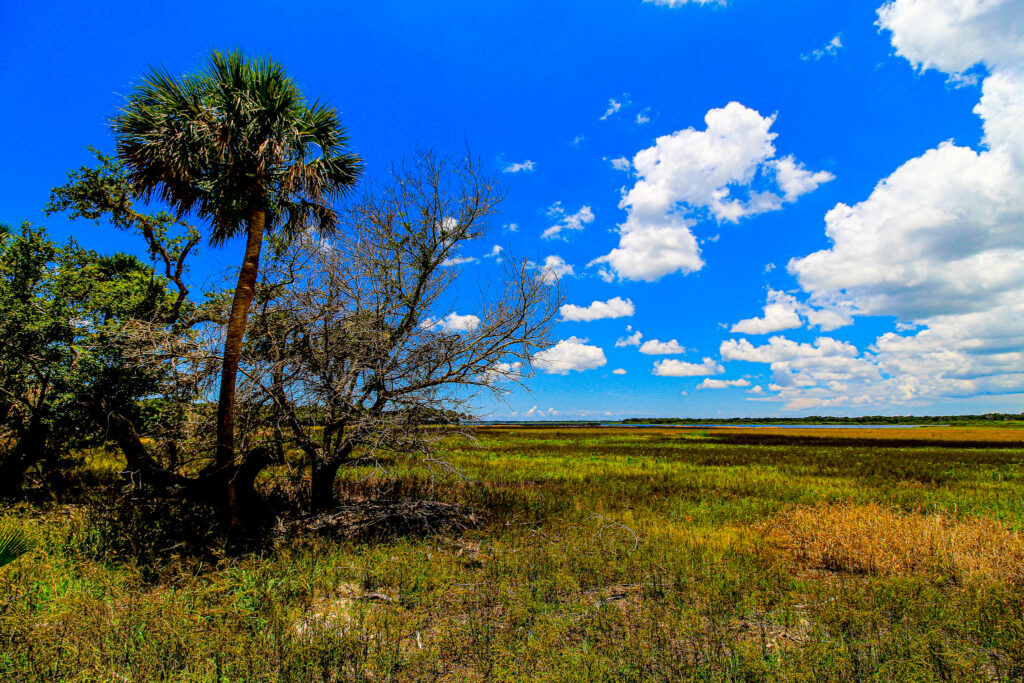
All art is a vision penetrating the illusions of reality, and photography is one form of this vision and revelation. ~ Ansel Adams.
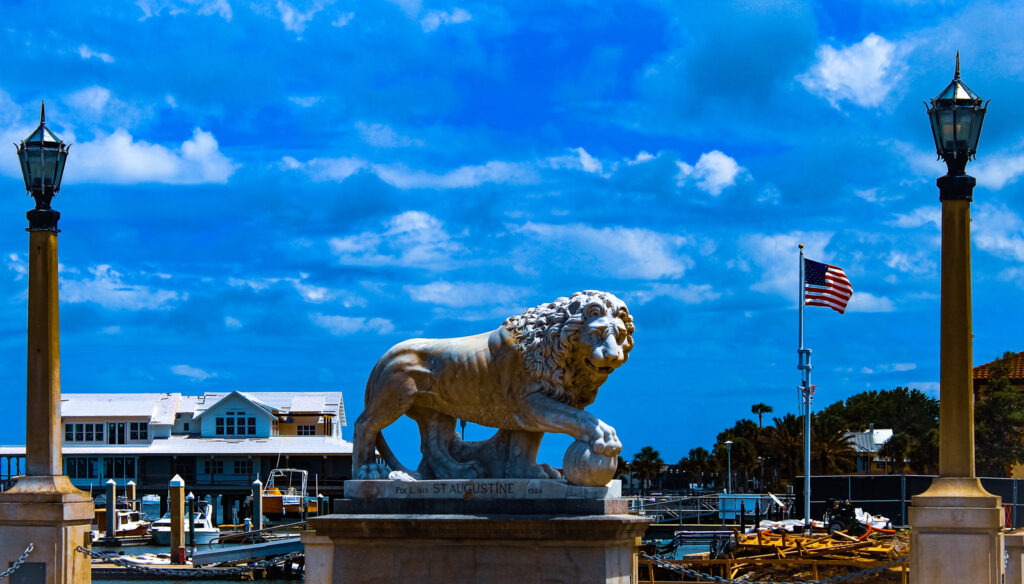
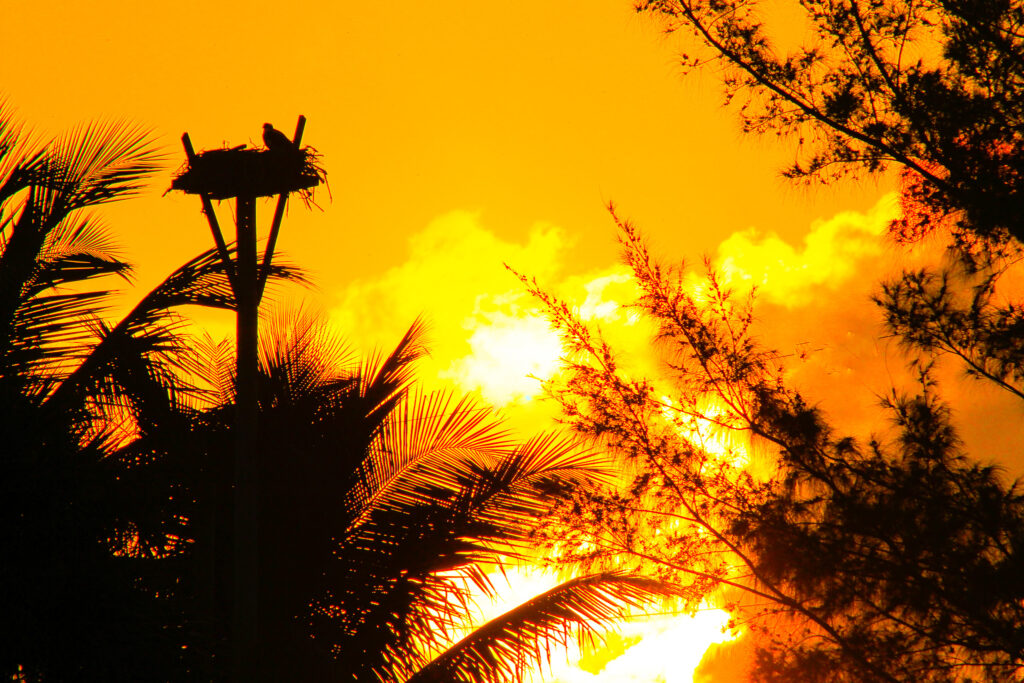
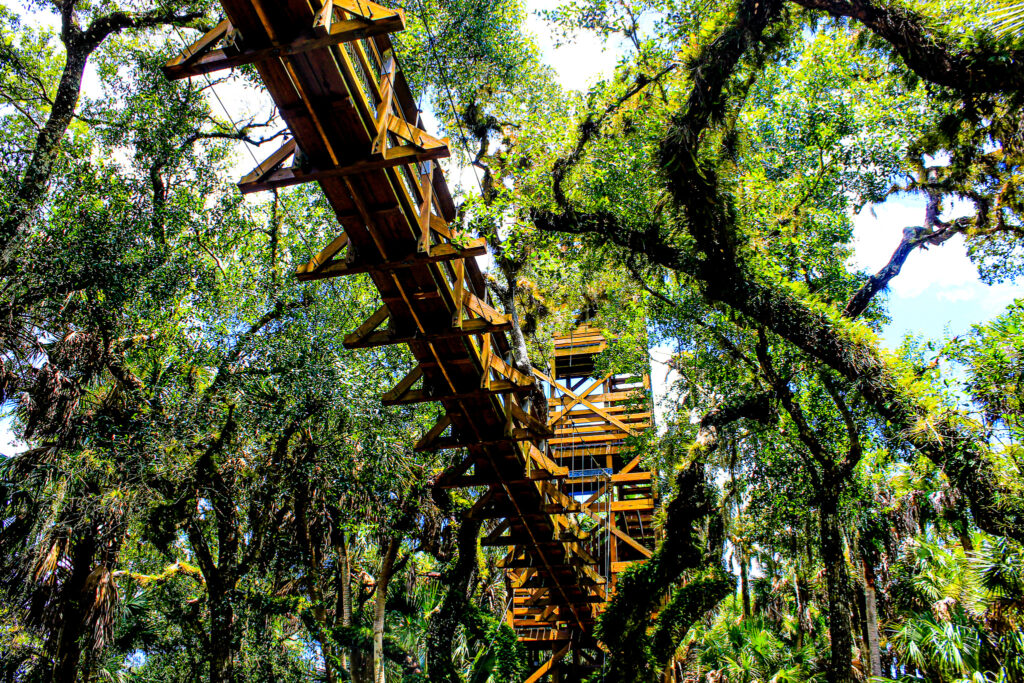
CONTACT US FOR PRICING AND AVAILABILITY
Please contact [email protected] for personal service from an actual human.
I can provide more information about availability and pricing of the photographs as well as answering any other questions you might have.
Fine Art · Limited Edition Artwork · World-Class NATURE Photography
I capture moments in time that will never occur again. In the gallery below you will find a variety of the best fine art photography for sale – all of which are gallery quality prints designed for individual purchasers. My composition techniques are dramatic and my post-production skills often create almost a painted texture to my photography. Just as Ansel Adam’s works of art can never be recreated, neither can mine. Limited editions tend to be printed in quantities of 500 or less, and once the last one is completed, no more will ever be made. I offer traditional Photo Prints (just the print – not framed) to collectors for those that prefer to handle the external framing themselves. I provide free standard delivery to any destination in the USA. Our prints are museum-grade. In America we refer to these as “Giclée Prints” or Archival Prints. According to Fine Art archivists, Museum Quality Prints will highly resist fading and discoloring under normal conditions for 100-150 years. Your chosen art piece can be treasured for generations to come.
· Our Photographic Fine Art for sale are all Limited Editions.
· They are all accompanied by a Certificate of Authenticity.
· Luxury Fine Art Limited Editions possess the highest artistic and visual value.
If I were to open a physical gallery, I would need to triple my pricing structure overnight. This increase in cost would not add any value whatsoever. That’s the reason my prices below are so extremely reasonable.
In every walk with nature one receives far more than he seeks. John Muir
How to Order?
If you are interested in purchasing a print for your home or office, reach out via email to [email protected] with your desired size and finish, and the number or name of the print. Keep reading below to see sizes and types of finish. You can right-click on any photo above or below, and you then choose to open the photo for viewing on a large scale in a new window. The filename also reveals the name or the number of the print. I would highly recommend you consider Sunrise at Jug Creek, pictured far above, as well.
LANDSCAPES AND TROPICAL SEASCAPES
- If you simply want to buy an individual TROPICAL FINE ART print only for your personal portfolio, here are the prices below. These works are offered UNFRAMED and ready to be framed under glass after acquisition at the discretion of the buyer. We use a Fine Art Paper (not a photographic paper). These are Giclee Fine Art Prints. We create custom ICC profiles with a tone curve to get the best reproductions on a 12 color pigmented printer and we print in 16 bit color.
- Print Prices $250 for 11 x 14
- 16 x 20 $350
- 24 x 36 $450 or a 30 x 45 for $550
- FINE ART GICLEE’ ( G-CLAY) PRINTS have high resolution, clarity, archival properties and Dmax giving incredible image quality. Used by fine art photographers and painters alike for their rich color, tone and detail.
- Canvas Prices are available by quote since there are so many variables and a large variety of sizes available. Here are a variety of preferred sizes, and costs: 11 x 14 $300 – 16 x 20 $400 – 20 x 30 $580. These are premium canvas gallery wraps on a 1.5 inch stretcher frame.
- If you need a Metal Print or a custom size, just contact me. Metal Prints are printed on actual metal. Metal Prints are created by infusing images onto aluminum with glossy metallic to matte finish options. Professional metal photo prints are vibrant and durable. Your custom metal print will make a statement and retain its value. Metal Prints offer an incredibly brilliant, luxurious display medium for your art. Metal prints are quickly becoming the favorite medium – they are Dye sublimated, and have a much higher brightness than paper giving enhanced saturation and a silky tonal range. 11x 14 are priced at $400. 16 x 20 are priced at $500. 24 x 36 are priced at $800. Aluminum is the metal of choice for a wide variety of reasons. It is very lightweight and, when made into an alloy, can even be stronger than steel, even though it is a third of the weight. These qualities make it easy to hang and mount on your walls and tough to damage or fade. It is durable, non-toxic and allows for a variety of different finishes. Aluminum’s low cost and high quality also enable us to offer you beautiful, long-lasting prints at an affordable price. Normal turn: Creation times for the Metal Print is 8 business days, and then allow 5-6 days for shipping. The pricing found on this website for all pieces less than 60″ includes shipping and handling at no additional cost anywhere inside the US.
- Notes on Acrylic Prints follow -They are waterproof and resistant to humidity. But they have a higher cost compared to other types of prints, are prone to scratching if not handled with care, and as well if they are covered with a protective coat this may be difficult to remove without scratching the print. Summarily, though acrylic prints are durable in that they protect your image for longer, they are also fragile. Additionally, most acrylic prints are not scratch-resistant. This means that, when transporting your acrylic photo prints, you are more likely to get scratches on them than your canvas prints. I also recommend Canvas prints since they are lighter than acrylic photo prints, making them easier to transport than acrylic prints. A canvas print, not to be confused with a canvas painting, is an image printed from an inkjet printer onto canvas. Once printed, the canvas gets stretched onto a frame.
- My contact information: Email: [email protected]. Cell phone 727-403-9559. I live in Bokeelia, Florida on Pine Island. And of course we handle payments by PayPal.
What is Luxury Fine Art Photography?
Featuring vibrant color reproduction, remarkable definition, and minimalist appeal, our Prints are the ideal accent for those who love the finer details.
Luxury fine art photography is the creation of photographic imagery of the highest quality, which is characterized by high-quality craftsmanship and artistry. Usually unique representations of subject matter are rendered, along with perfect lighting and expert composition. Notice the photography midway down the page, an Abandoned House photographed on a remote tropical island – the colors and texture are exquisite. An aesthetic and emotional appeal is created for the viewer. Luxury fine art photography represents an investment, and is often displayed in private collections and galleries. It is normally printed on limited editions and in metallic or other mediums which reflect and highlight its beauty and its subject matter.
BUYING FINE ART NATURE PHOTOGRAPHY PRINTS – FOR INTERIOR DESIGN
The interior designer must visualize the solution to the design problem in much the same way that the photographer envisions his finished work of art. Each uses the same elements and principles of design. Both are working together for the final effect. Often a grouping of three fine art prints side-by-side is utilized for effect. They should normally be in the same genre of art. Photographic art as an element of interior design can immensely improve the quality of the space that is decorated by a professional designer. Art is recognized to place a person in an altered state of mind and uplift his spirits.
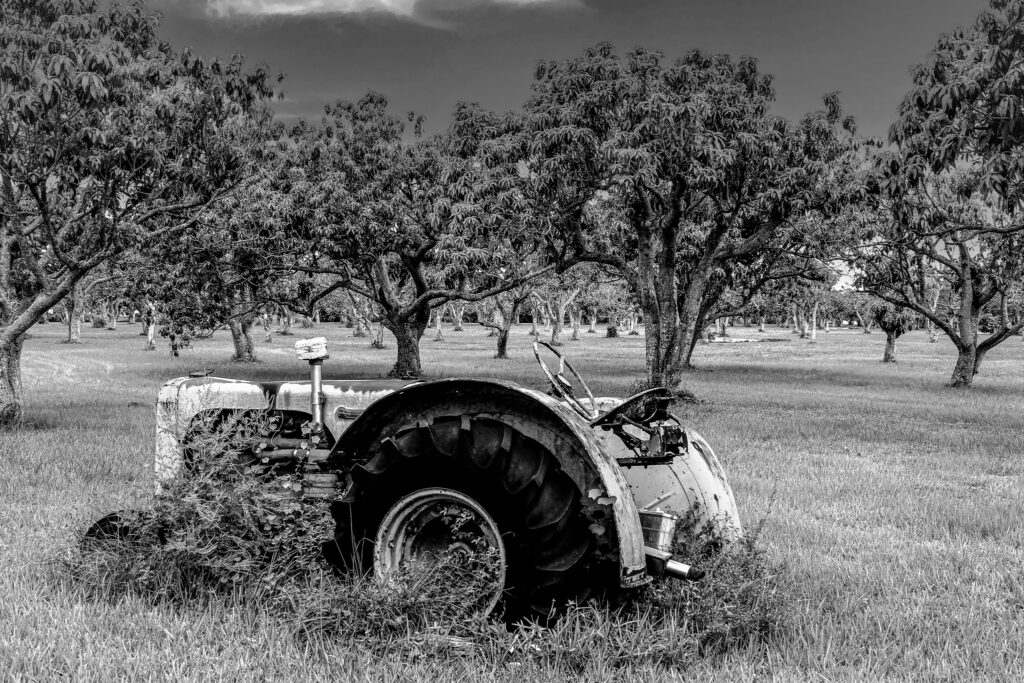
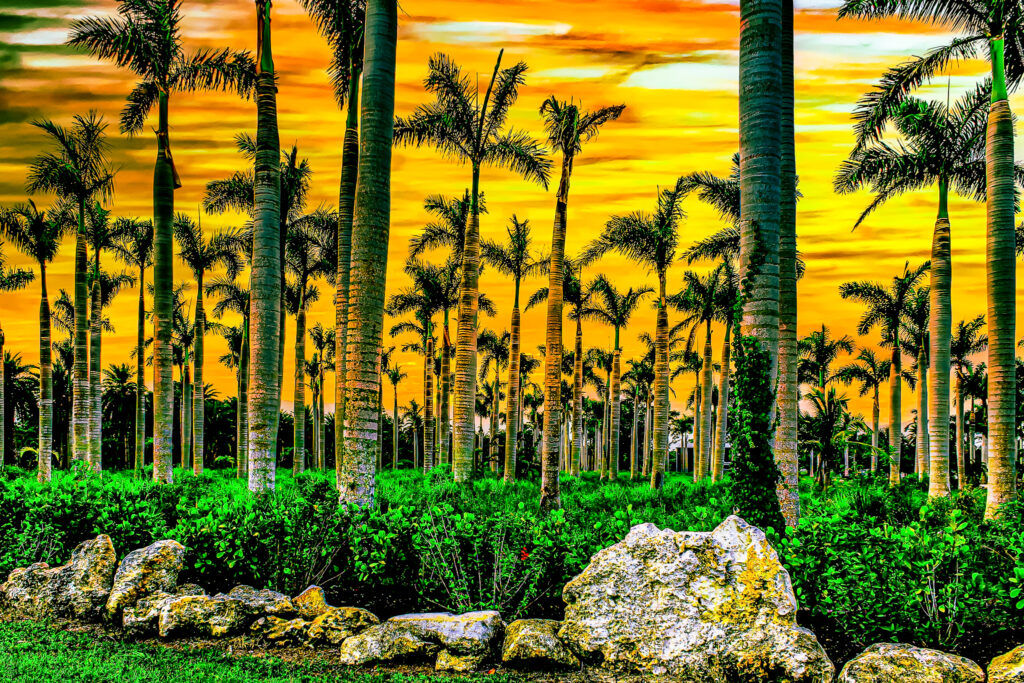
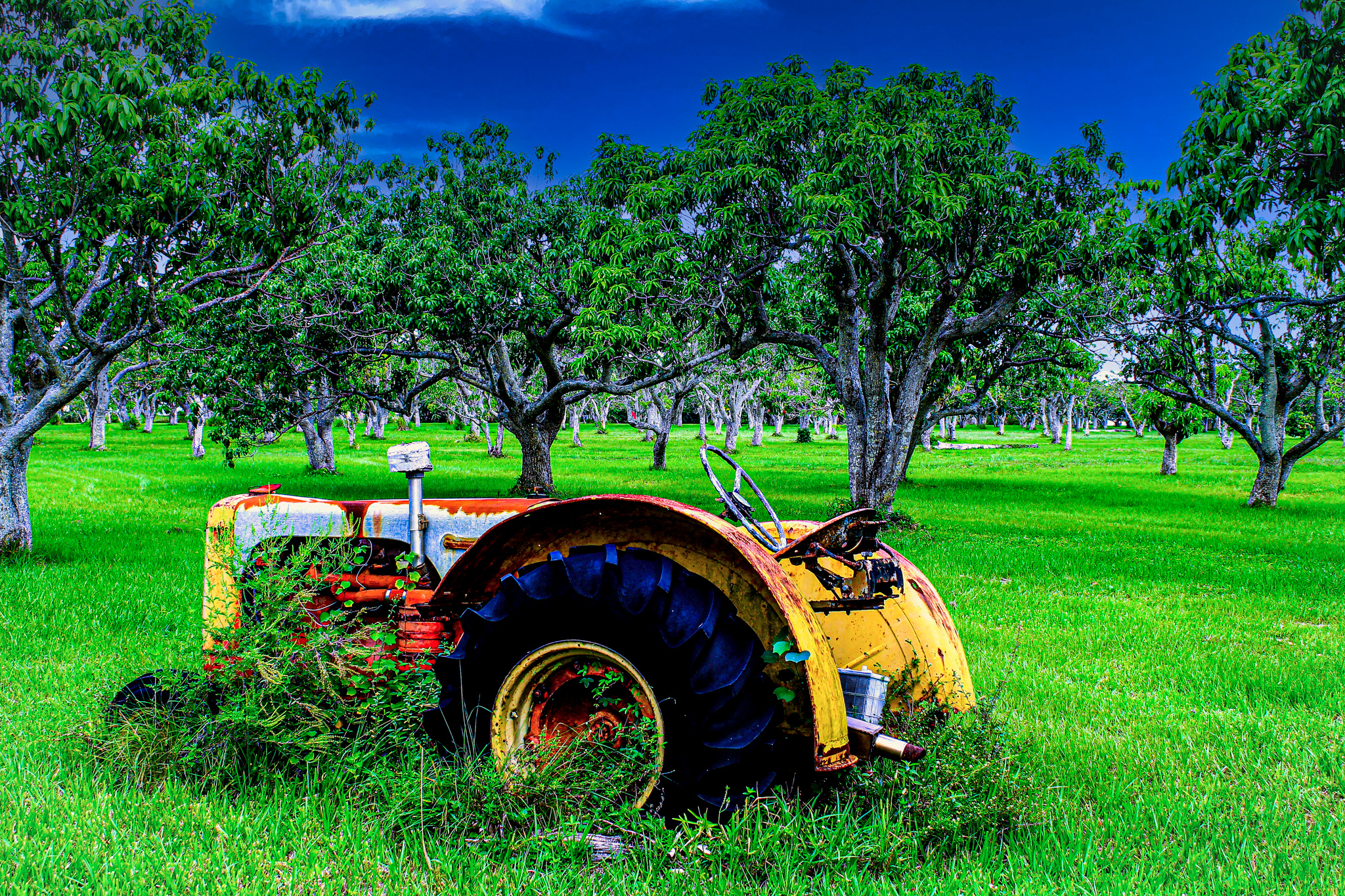
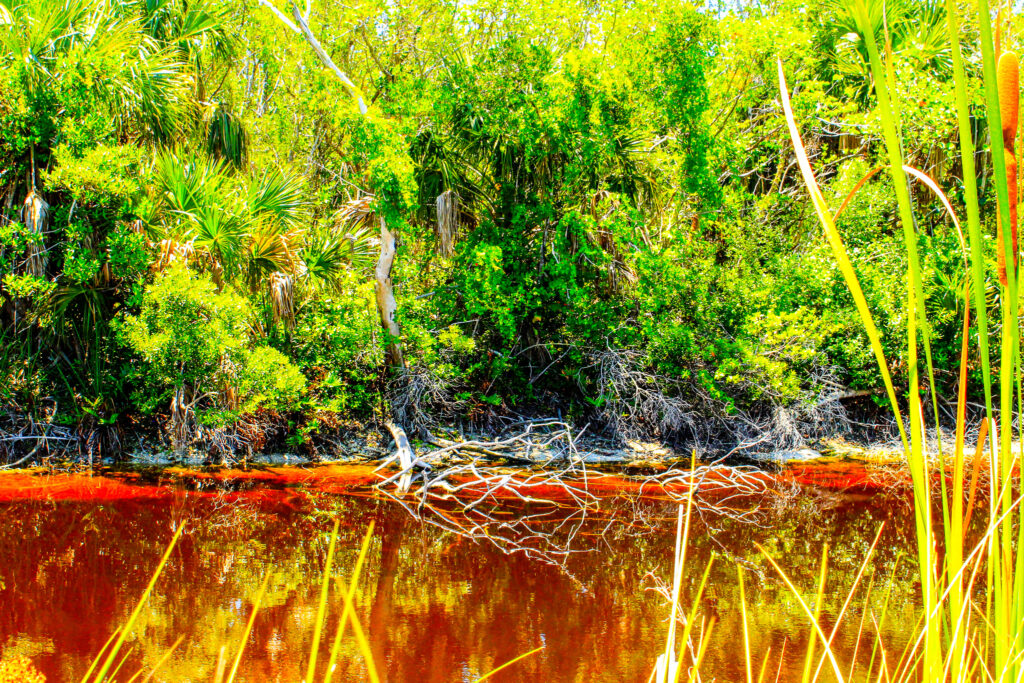
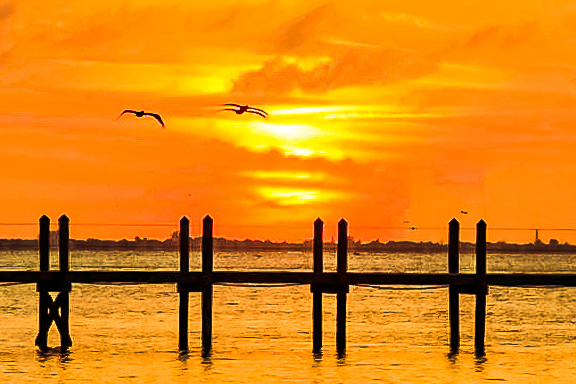
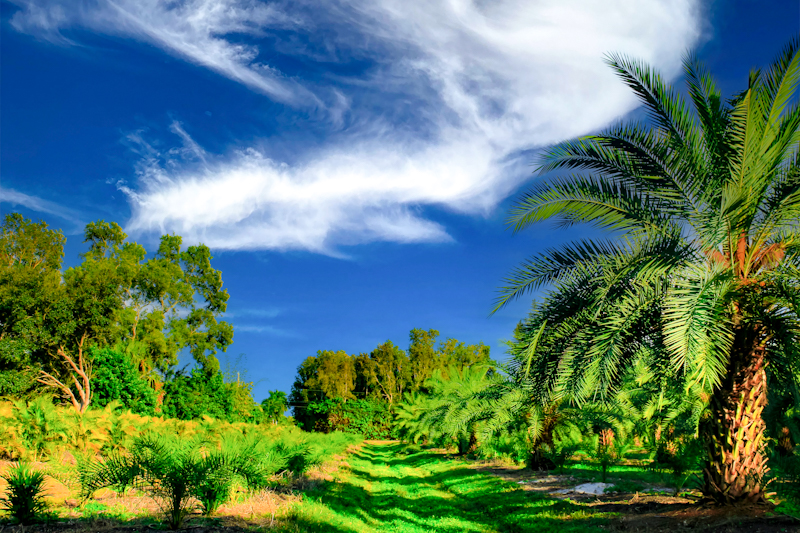
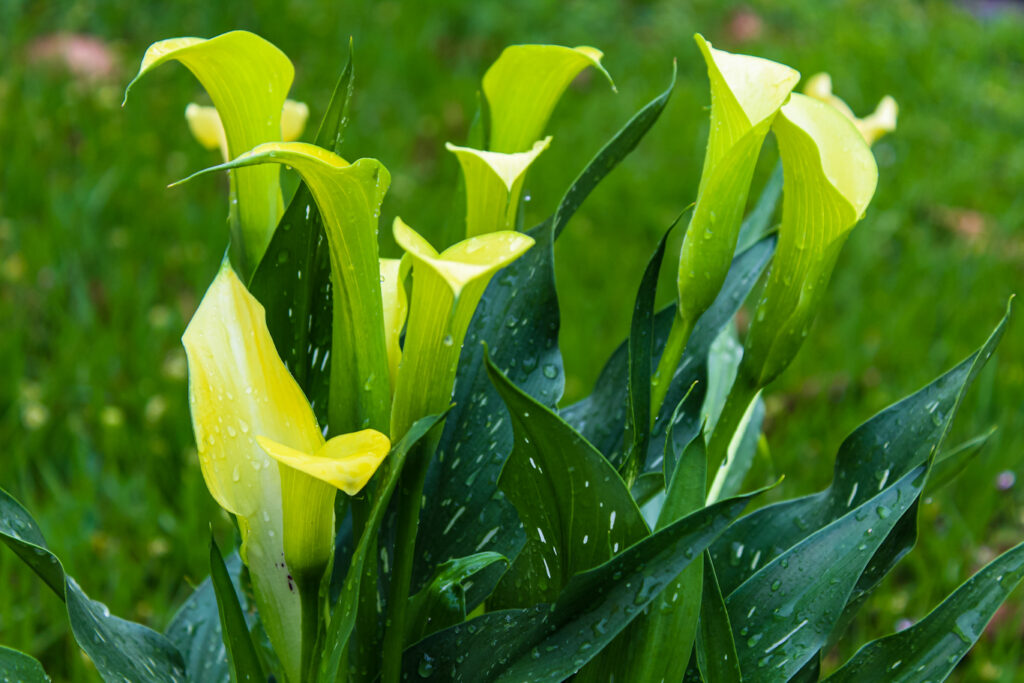
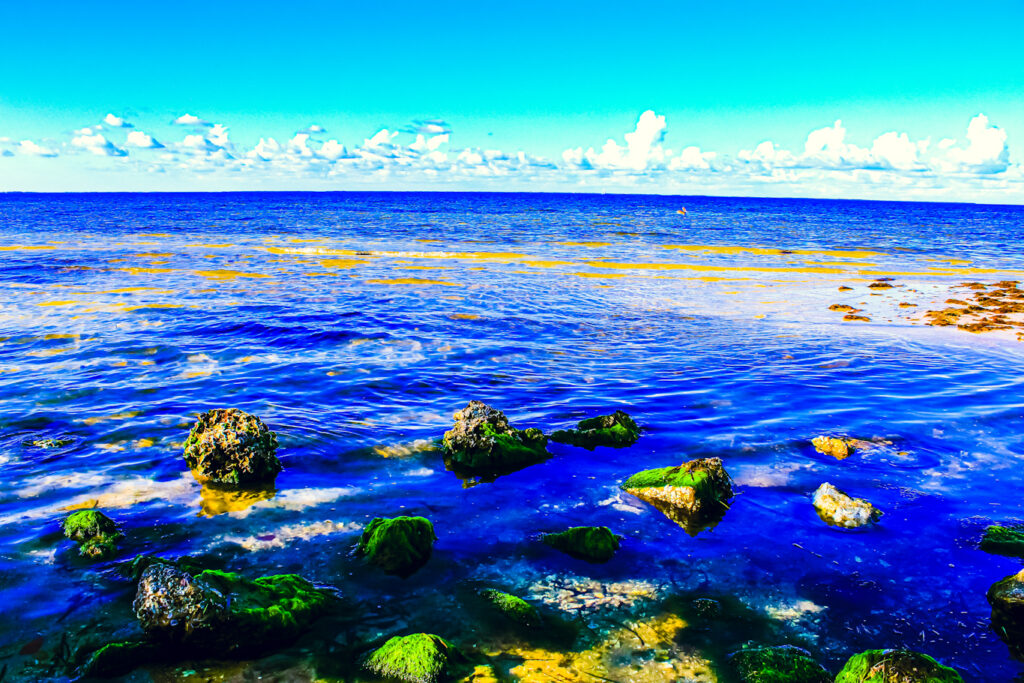
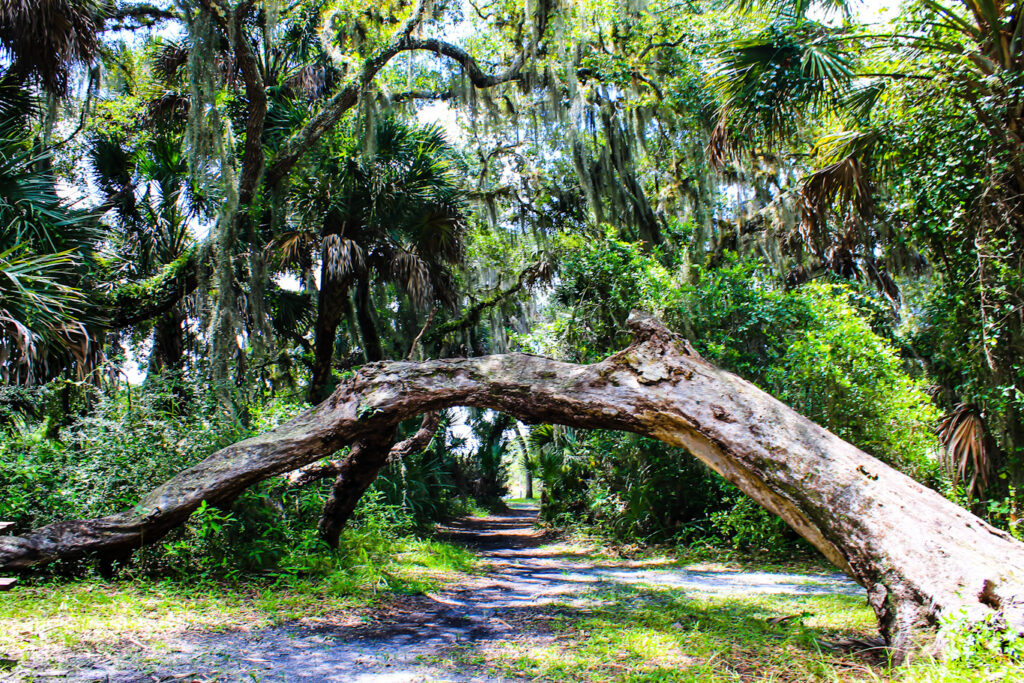
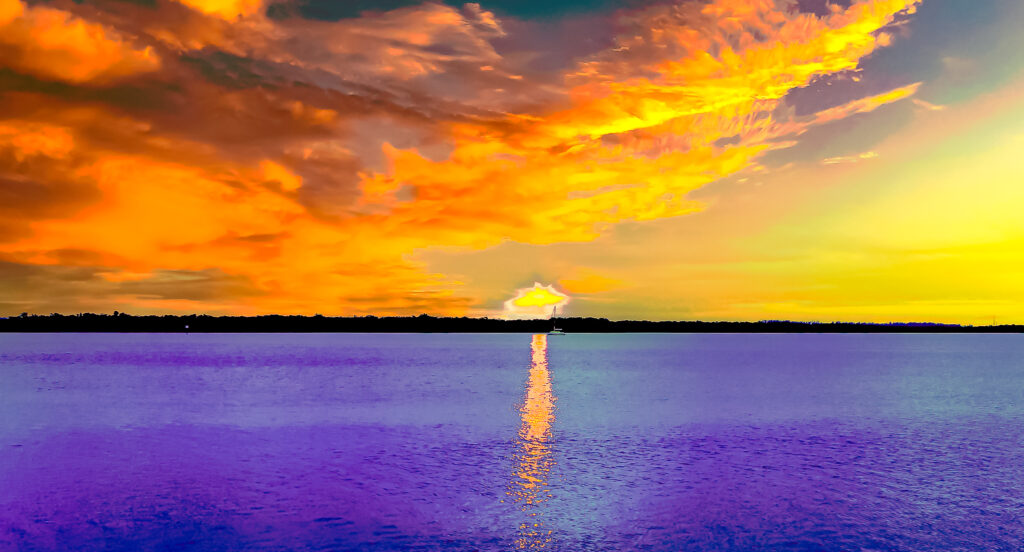

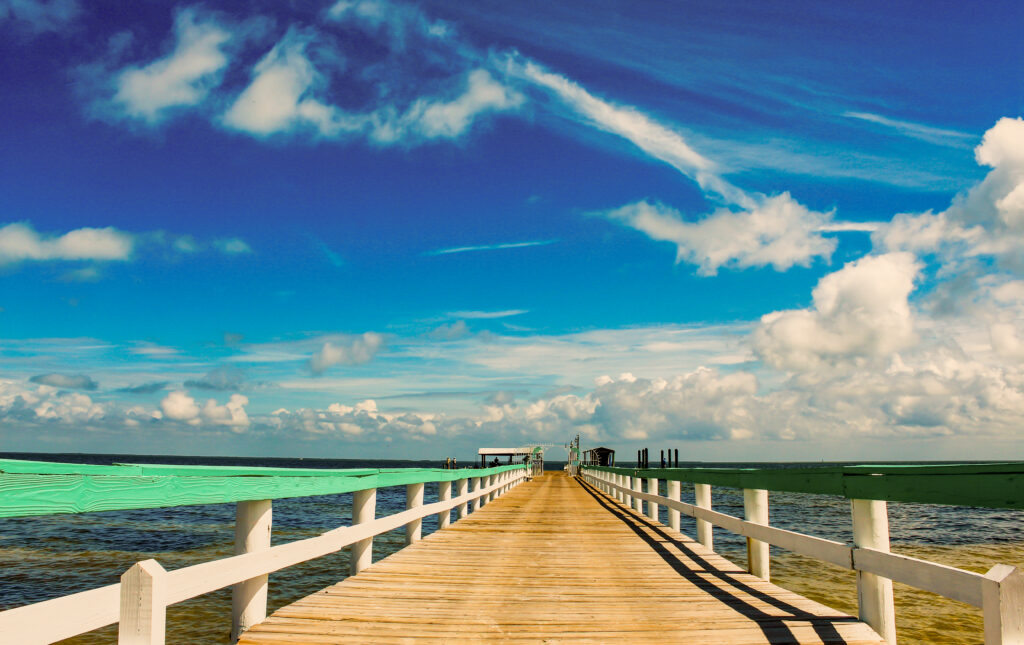
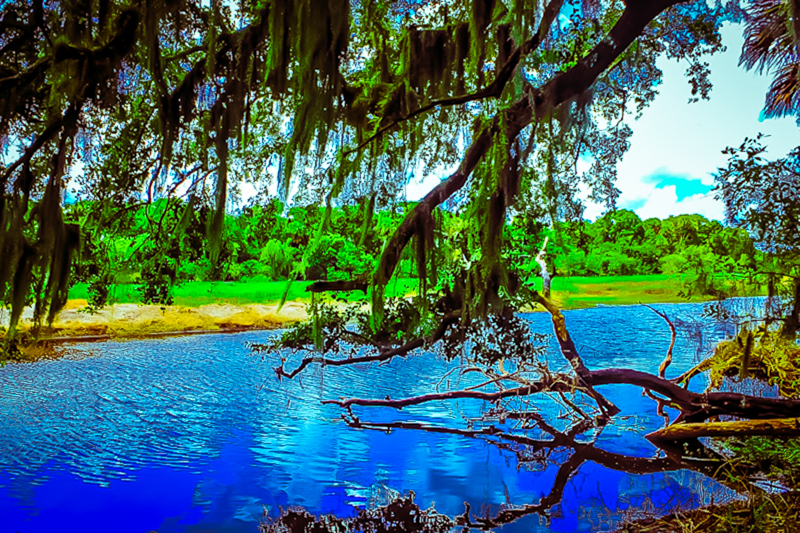
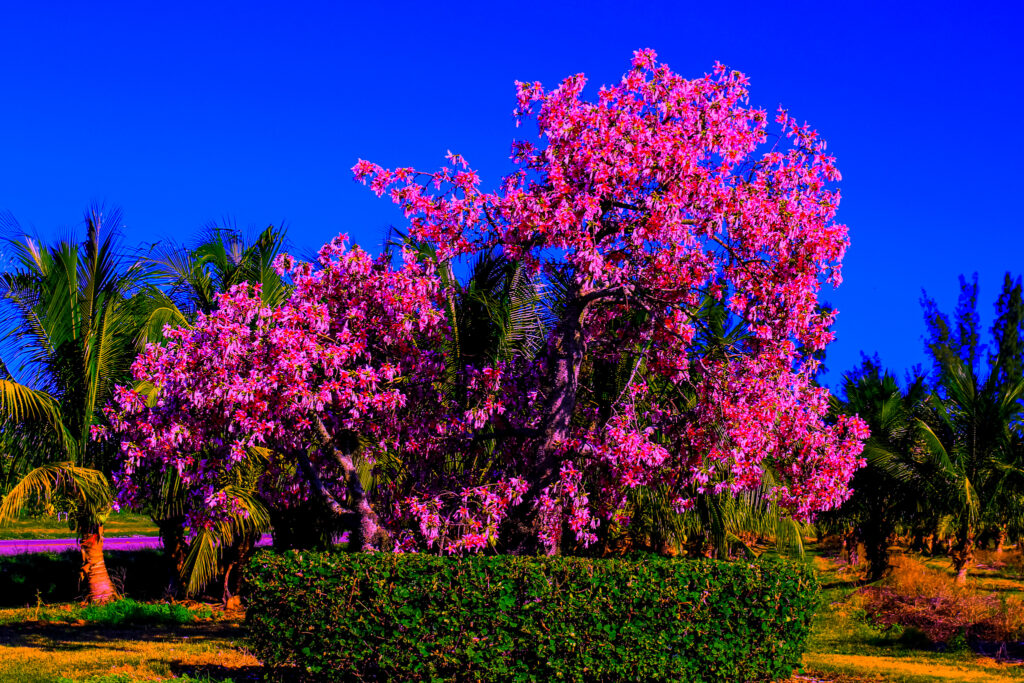
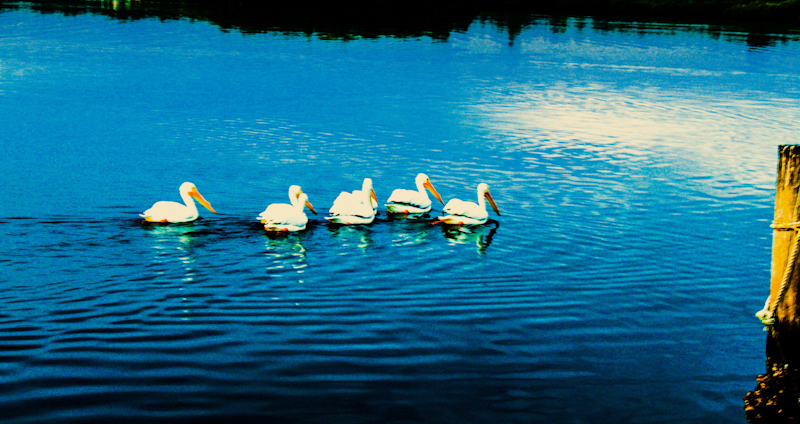
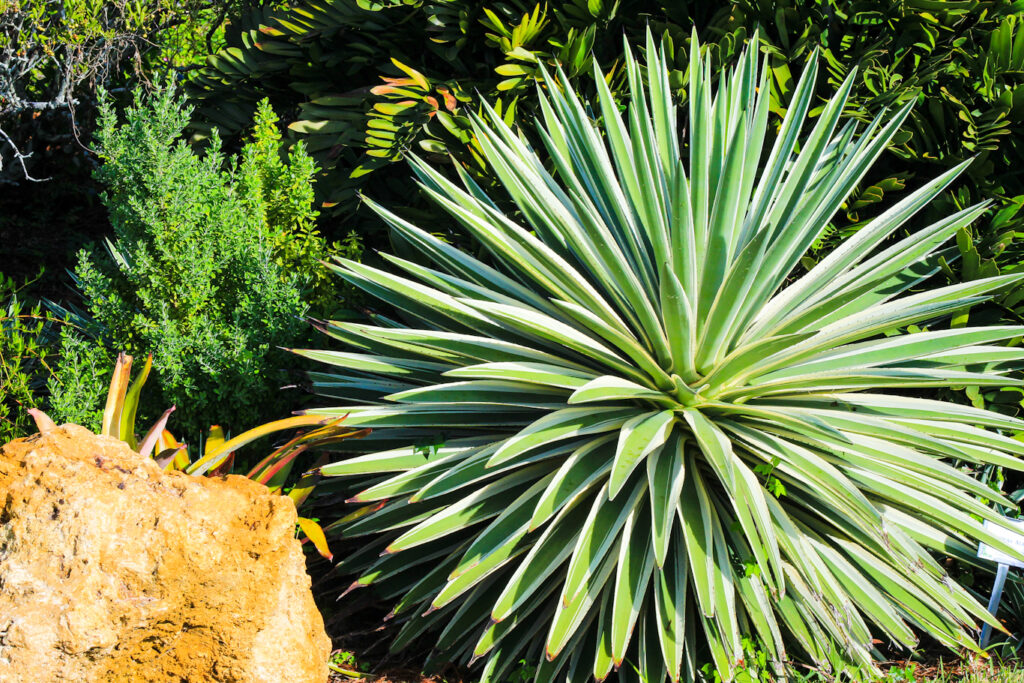
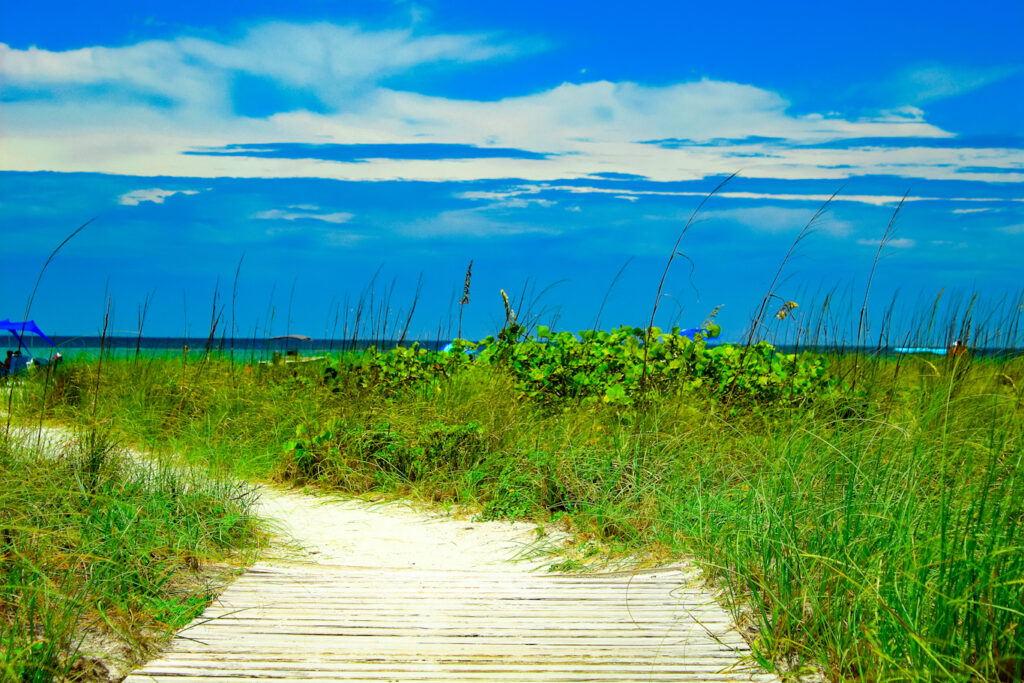
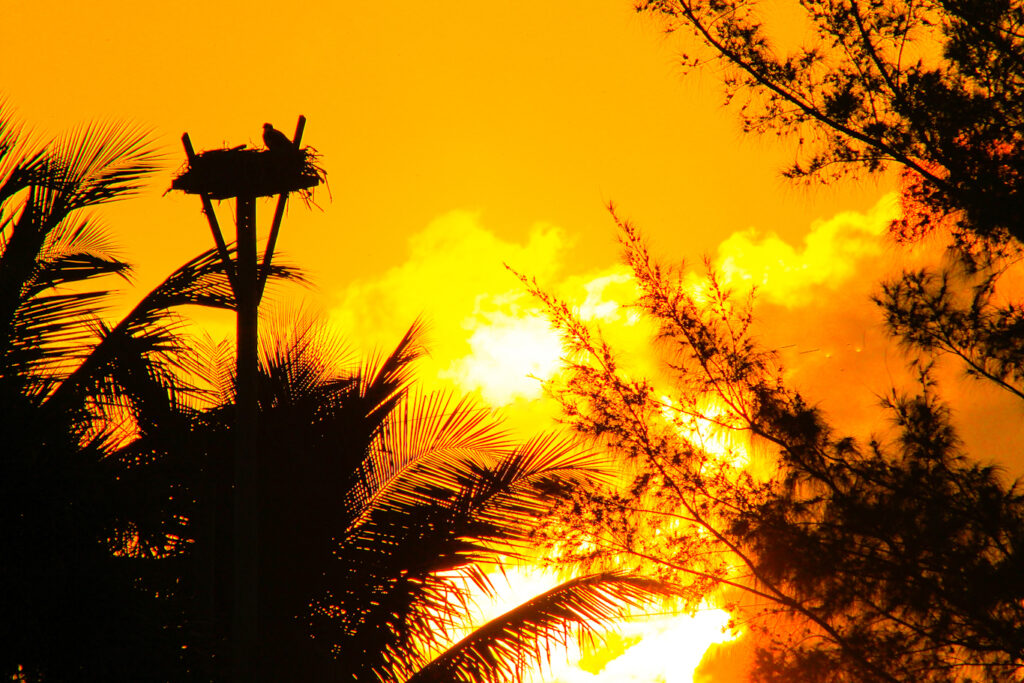
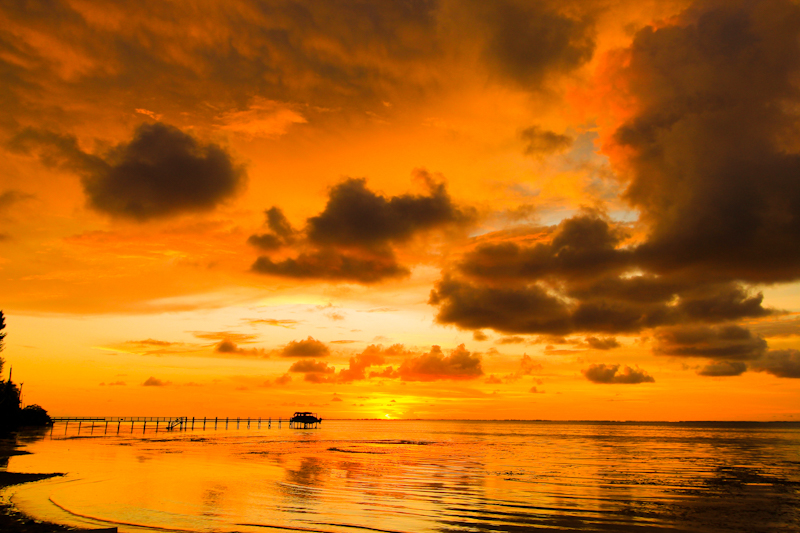
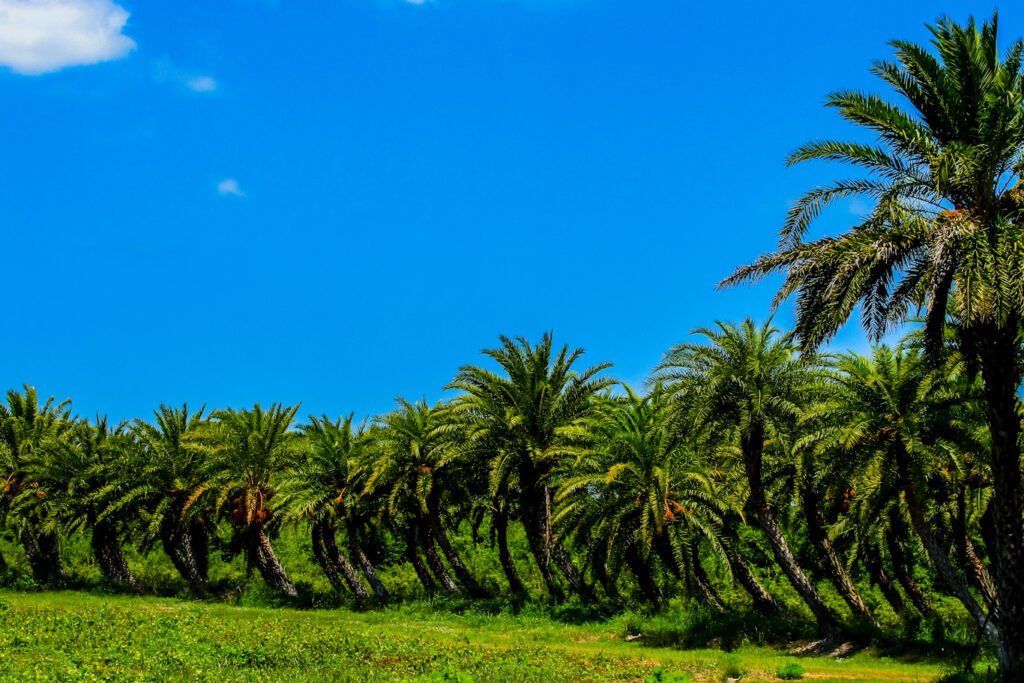

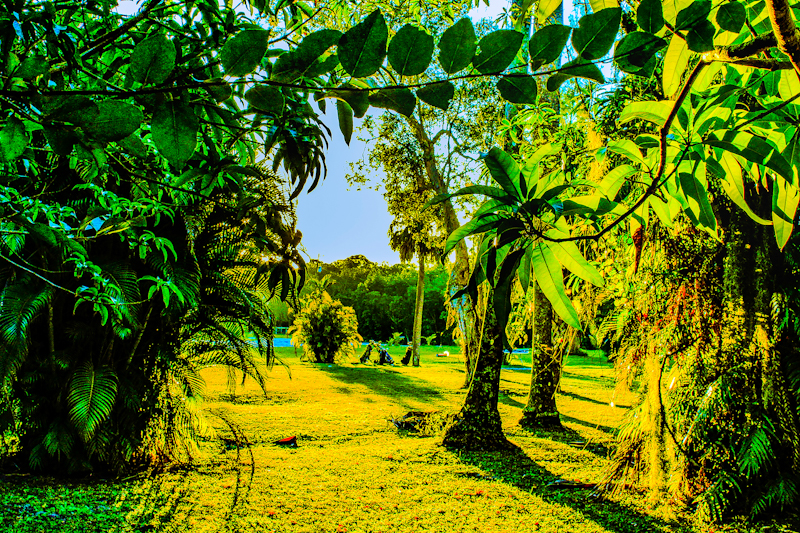
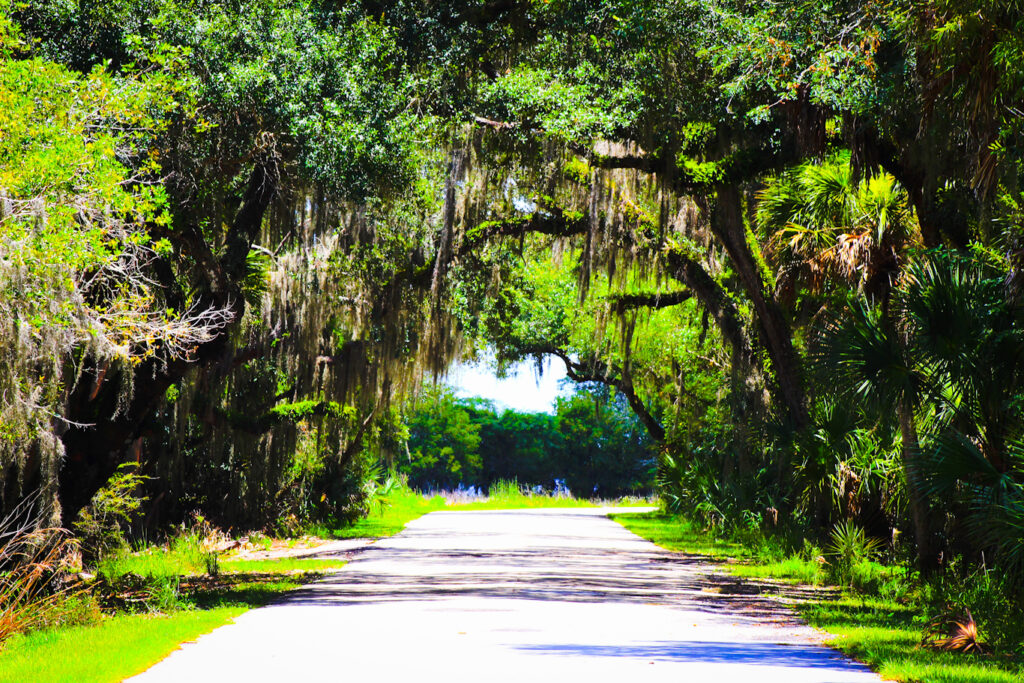
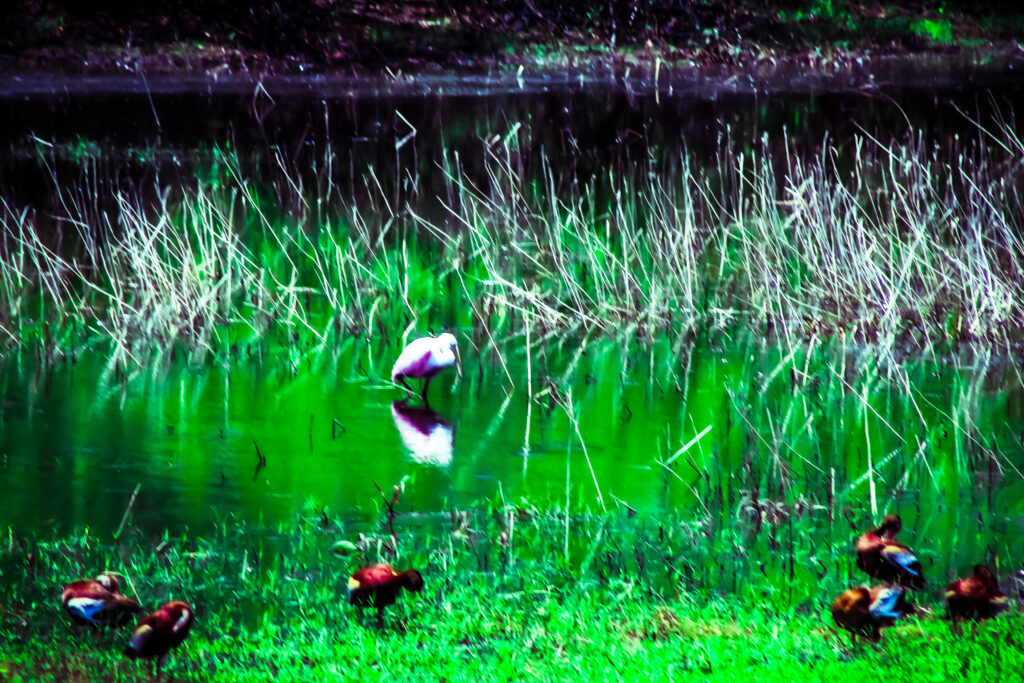
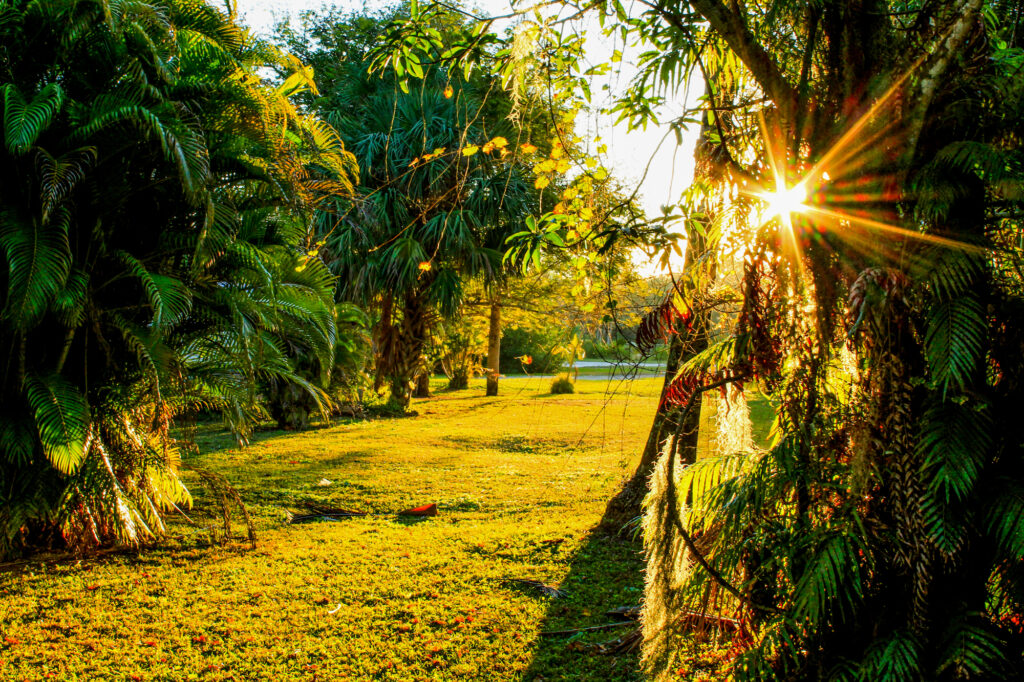
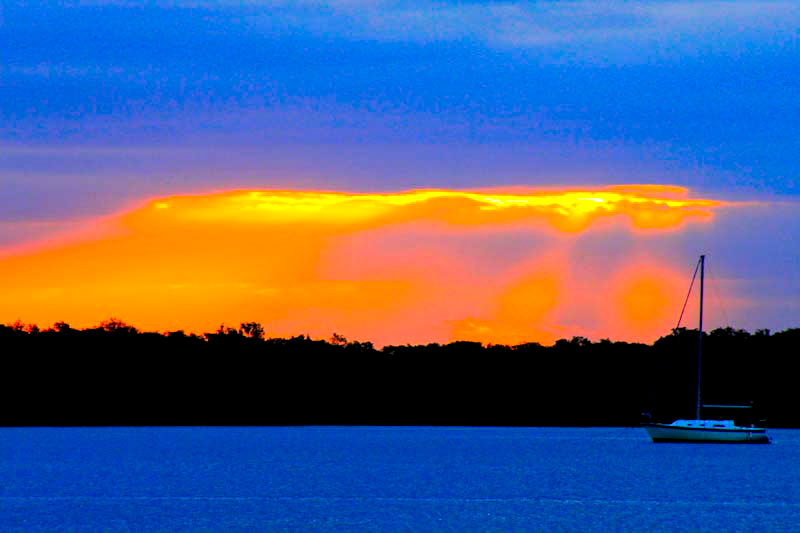
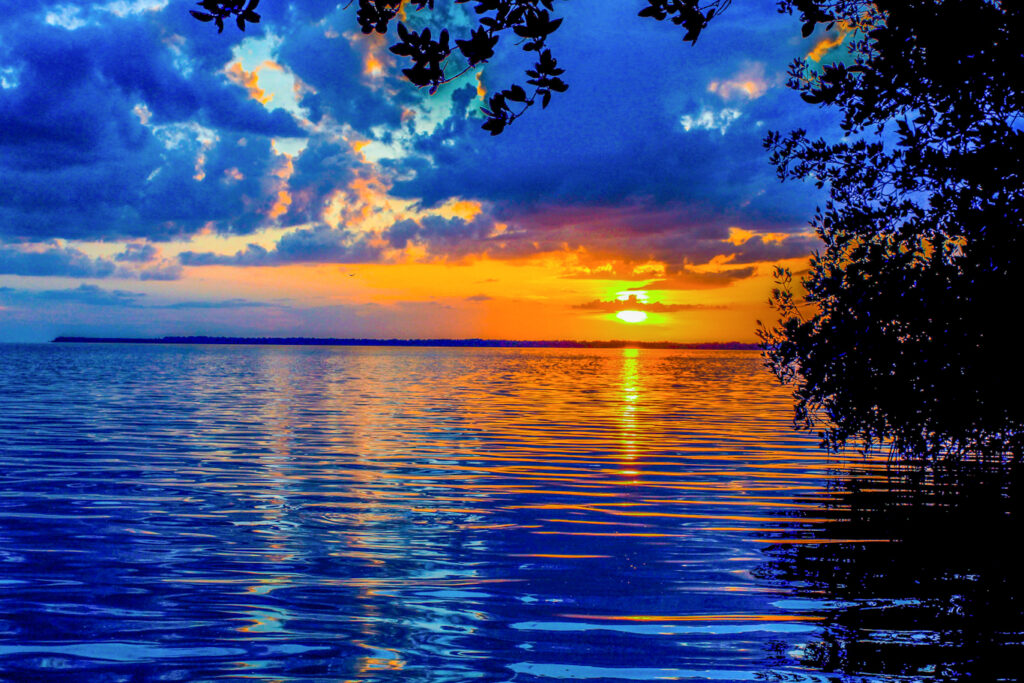
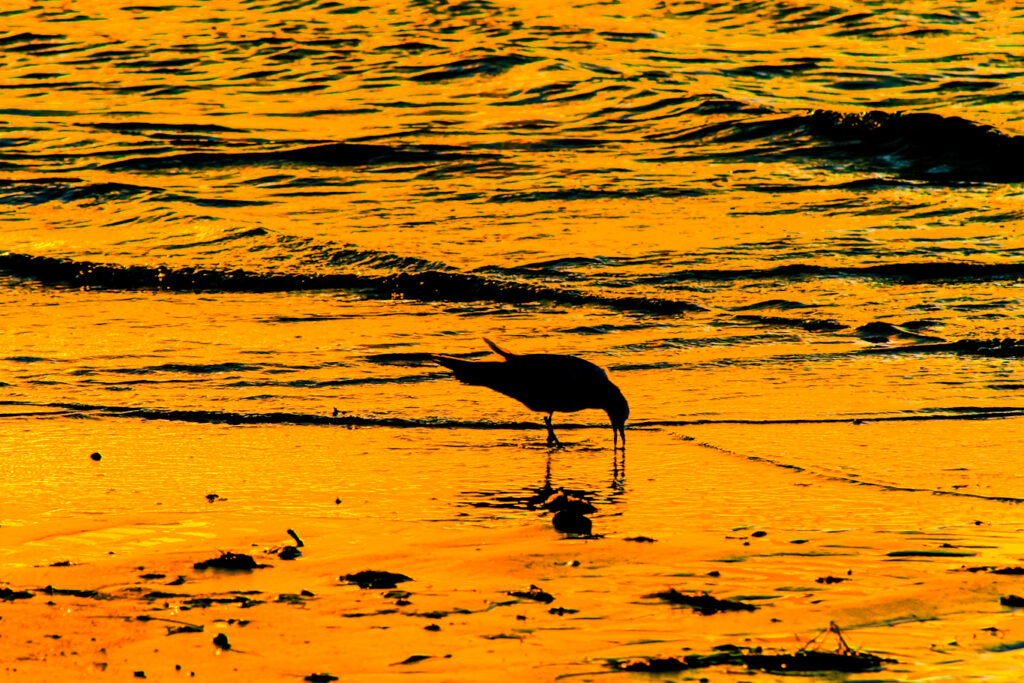
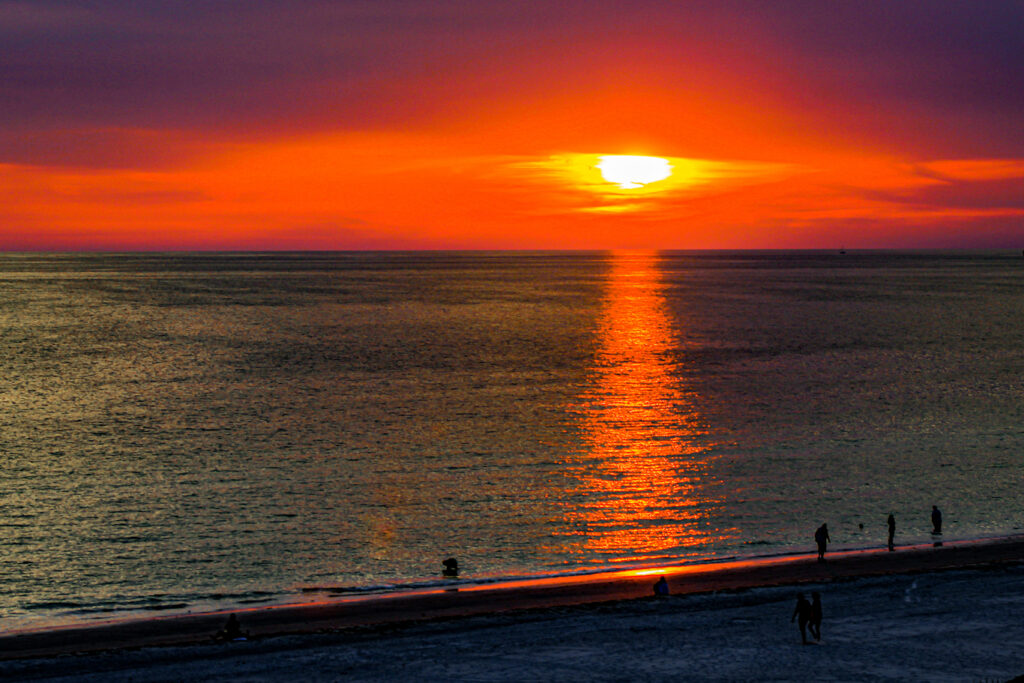
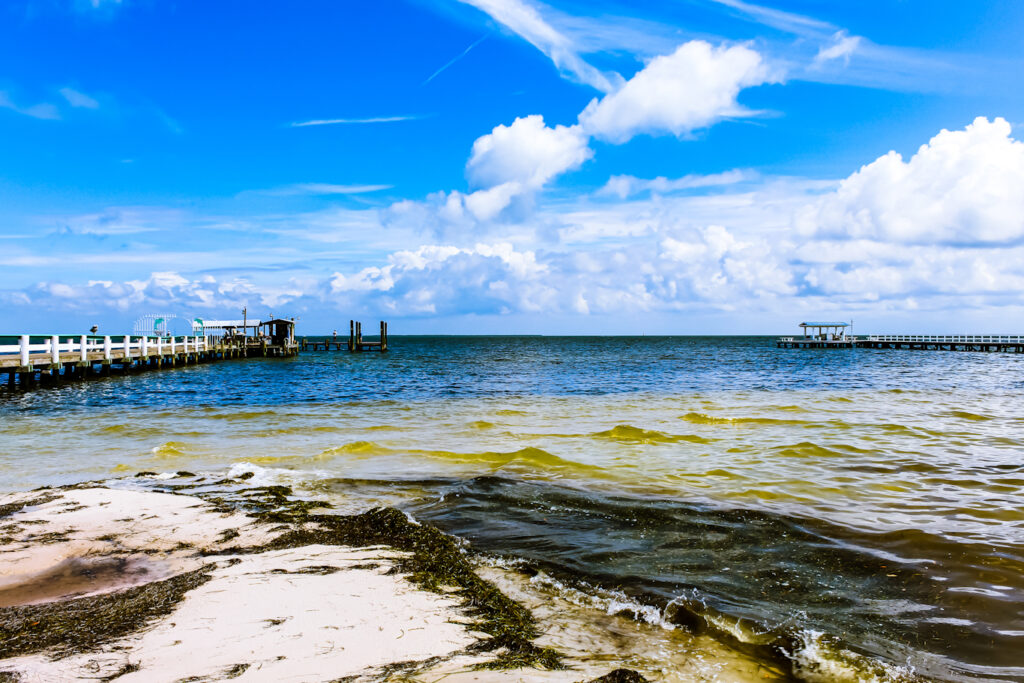
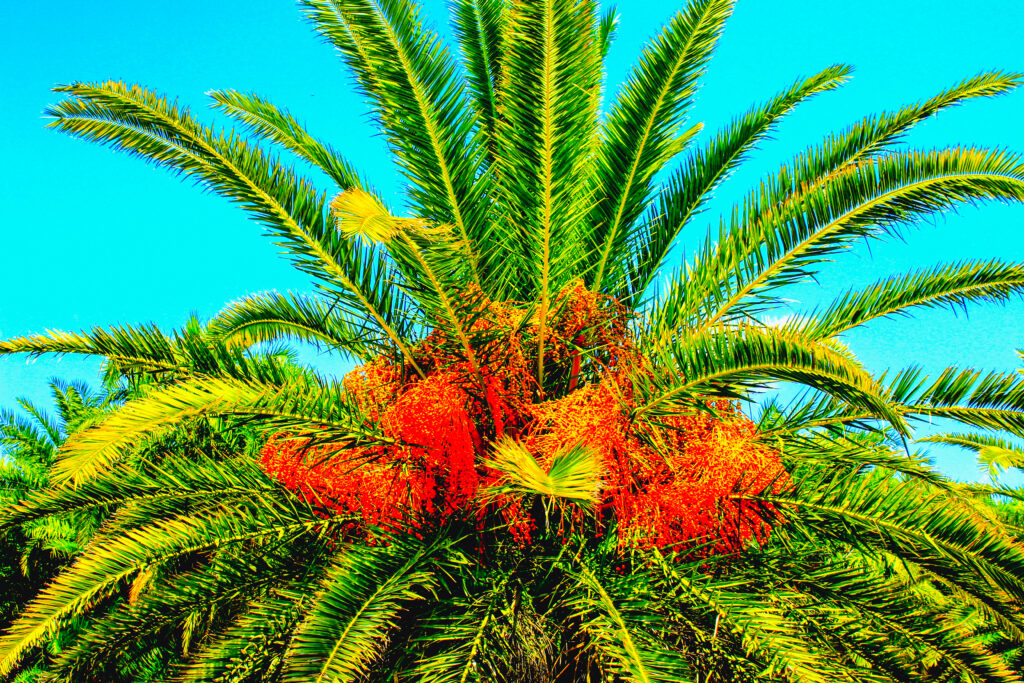
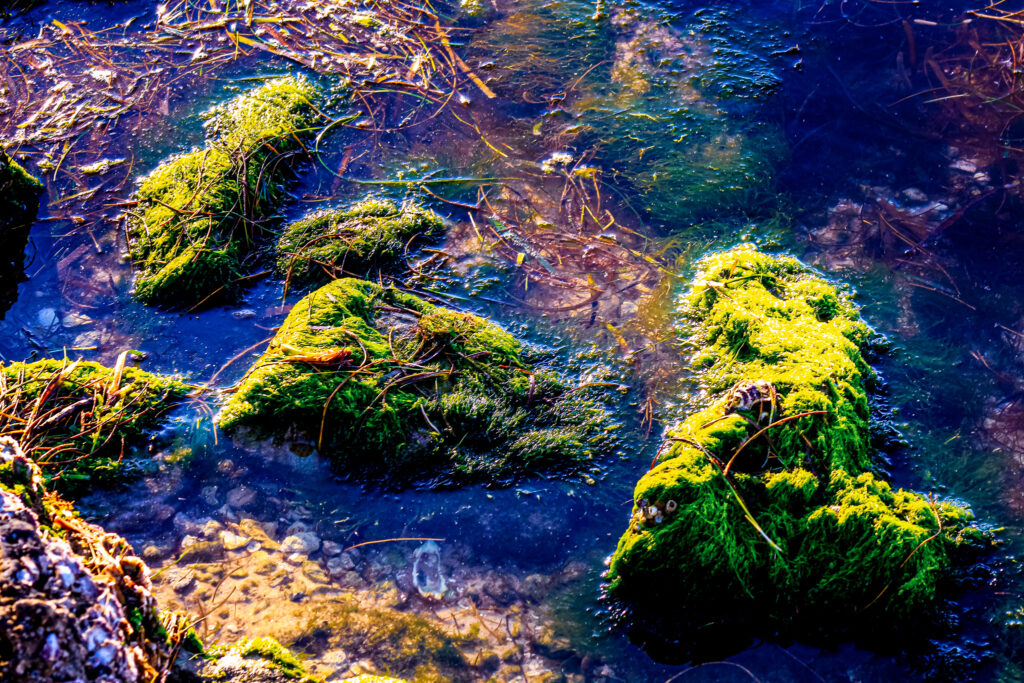
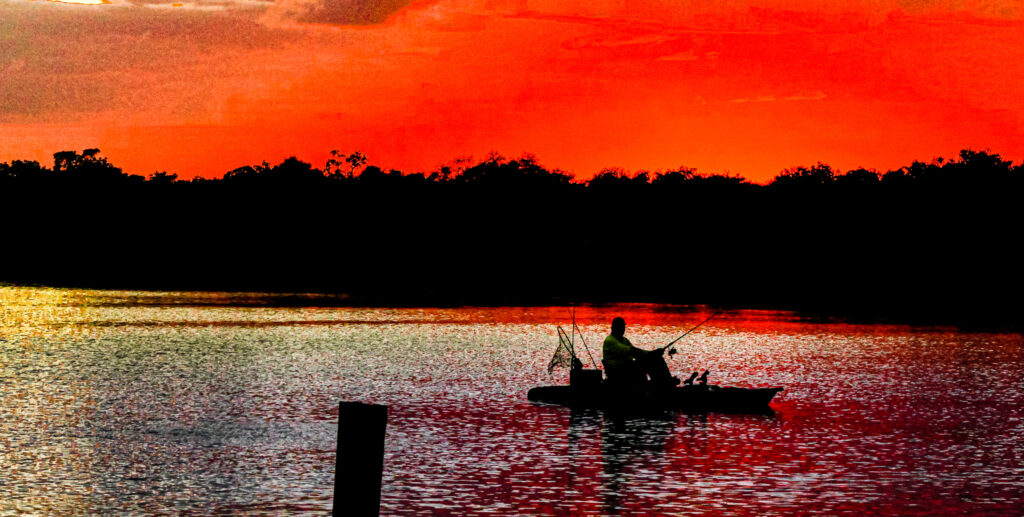
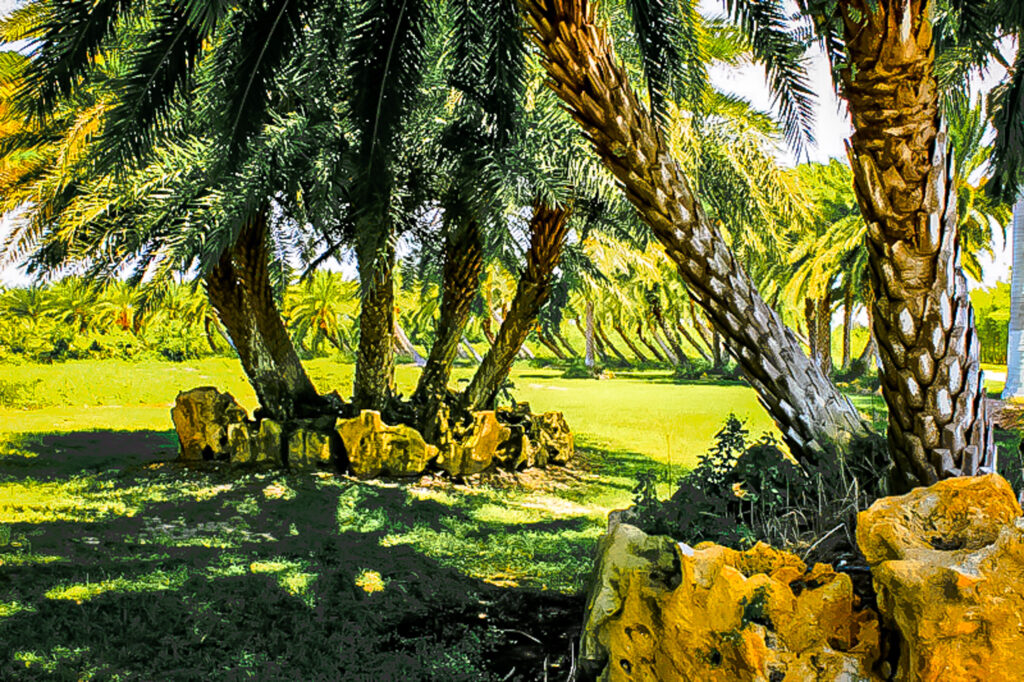
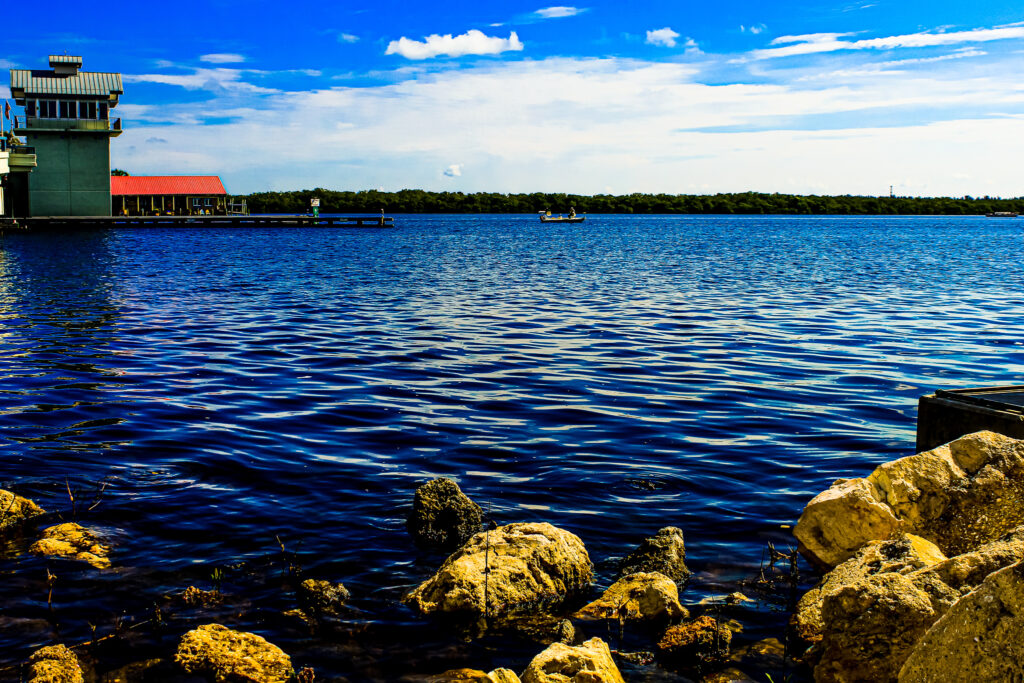
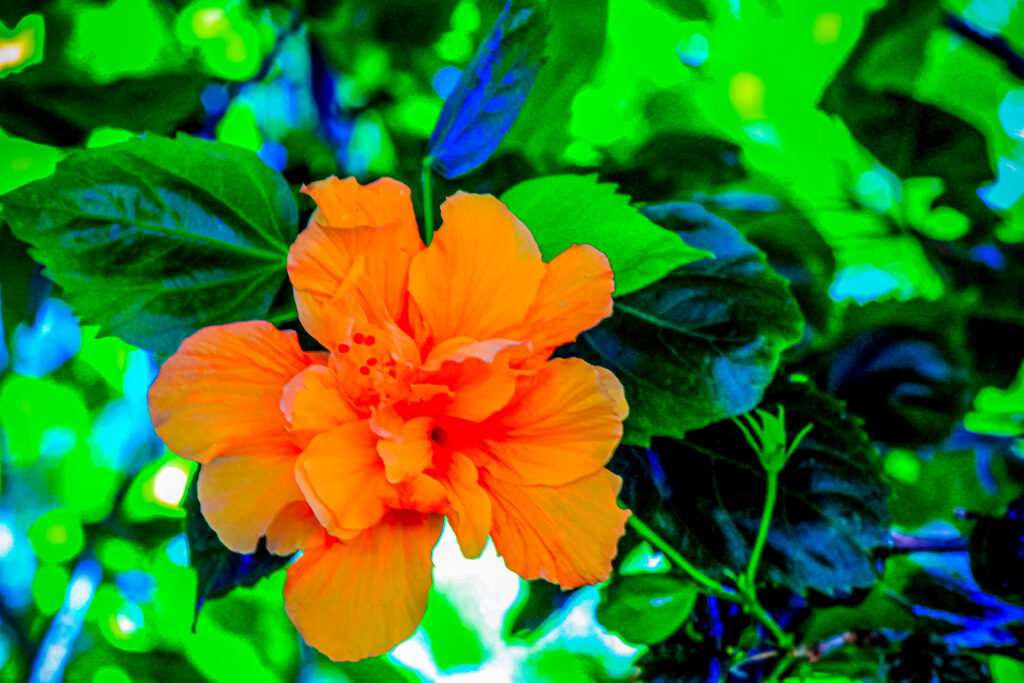
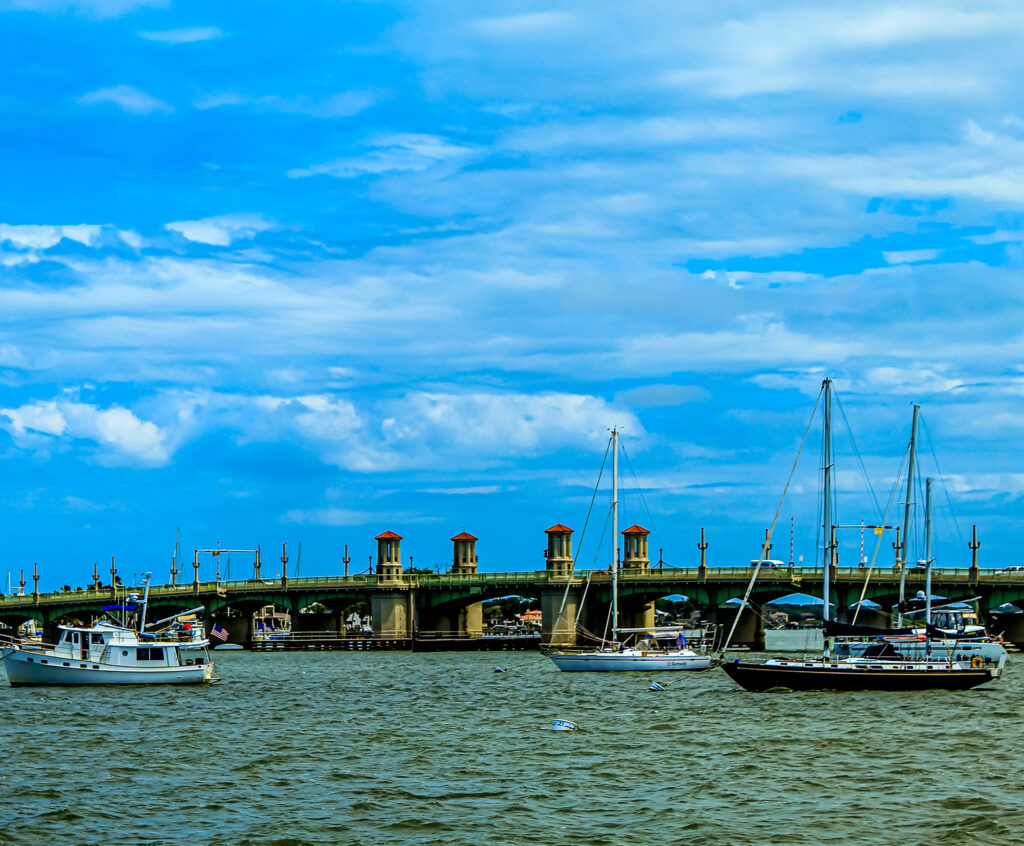
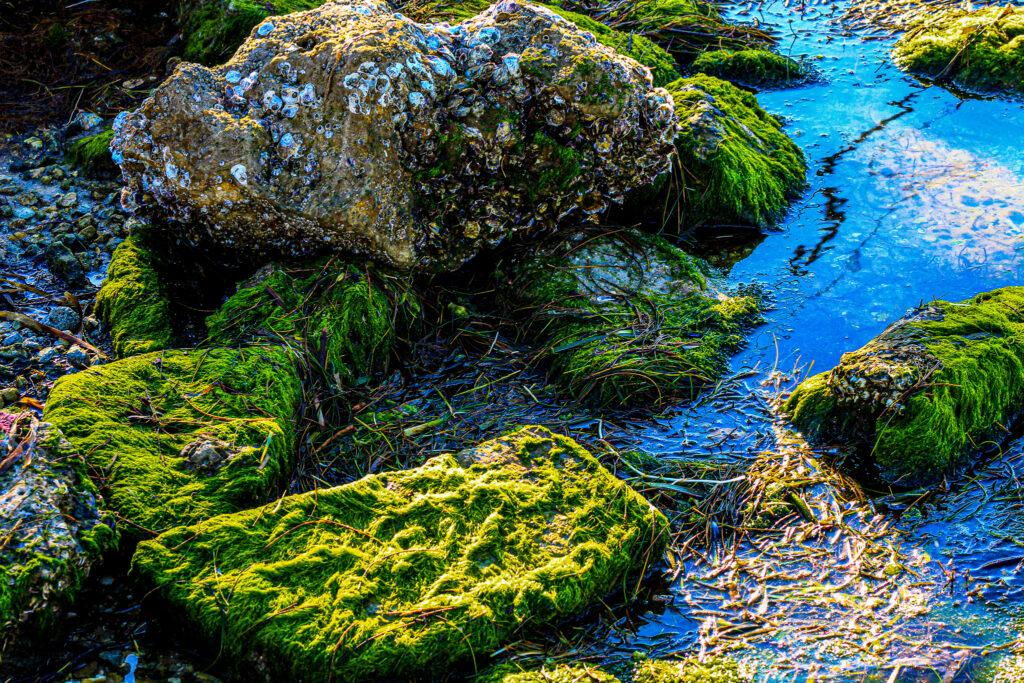
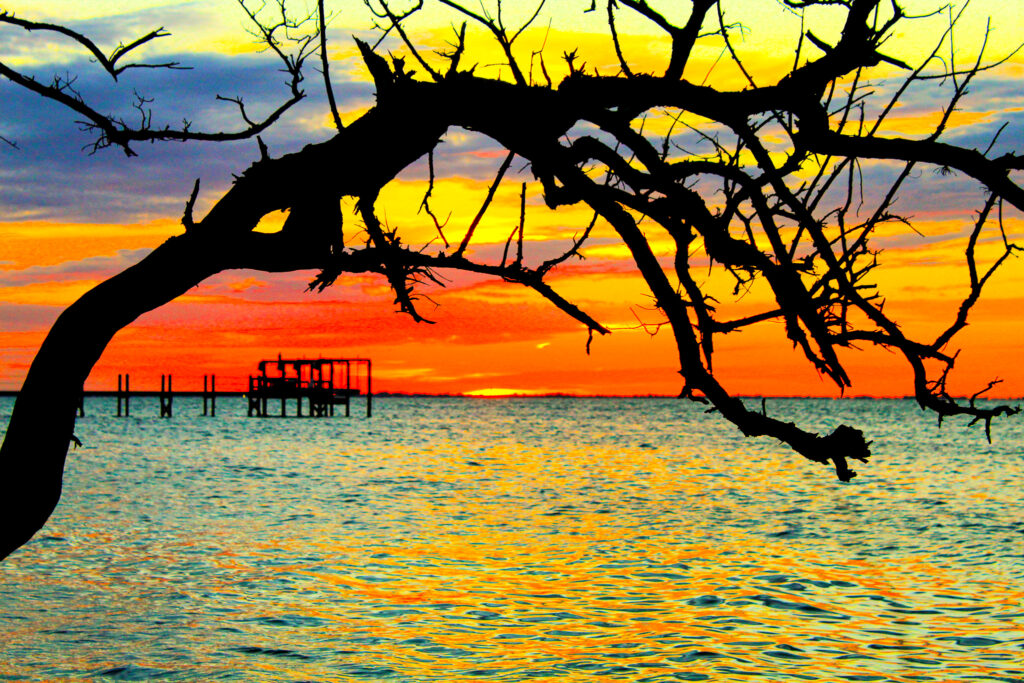

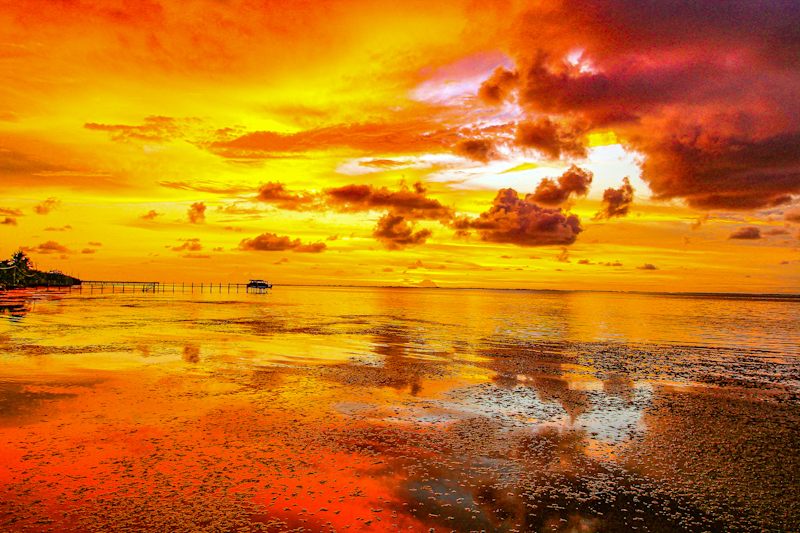
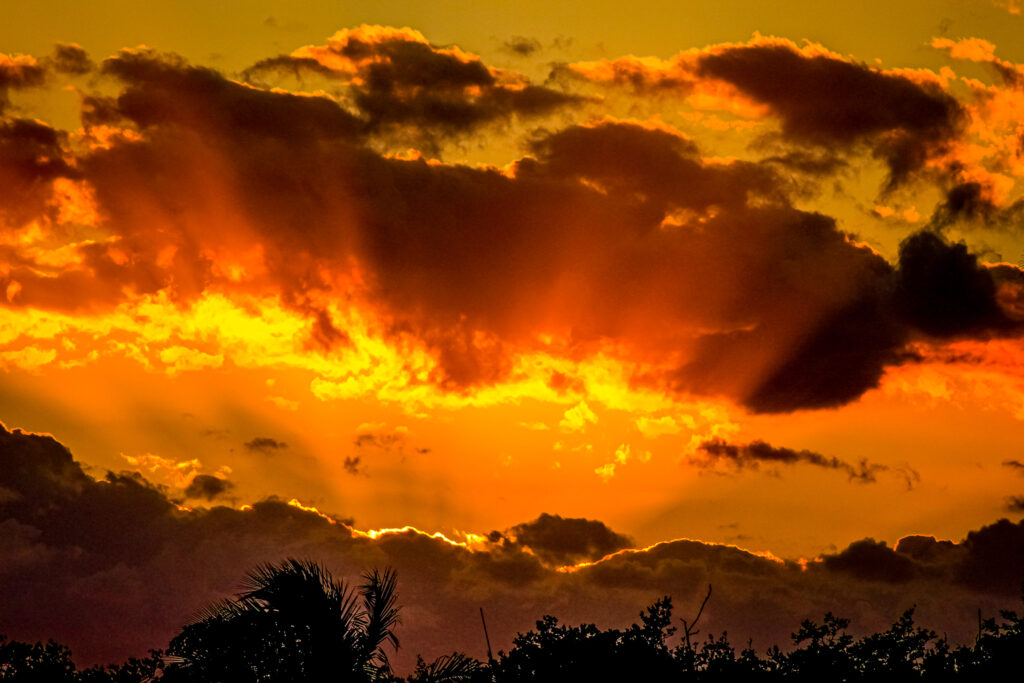
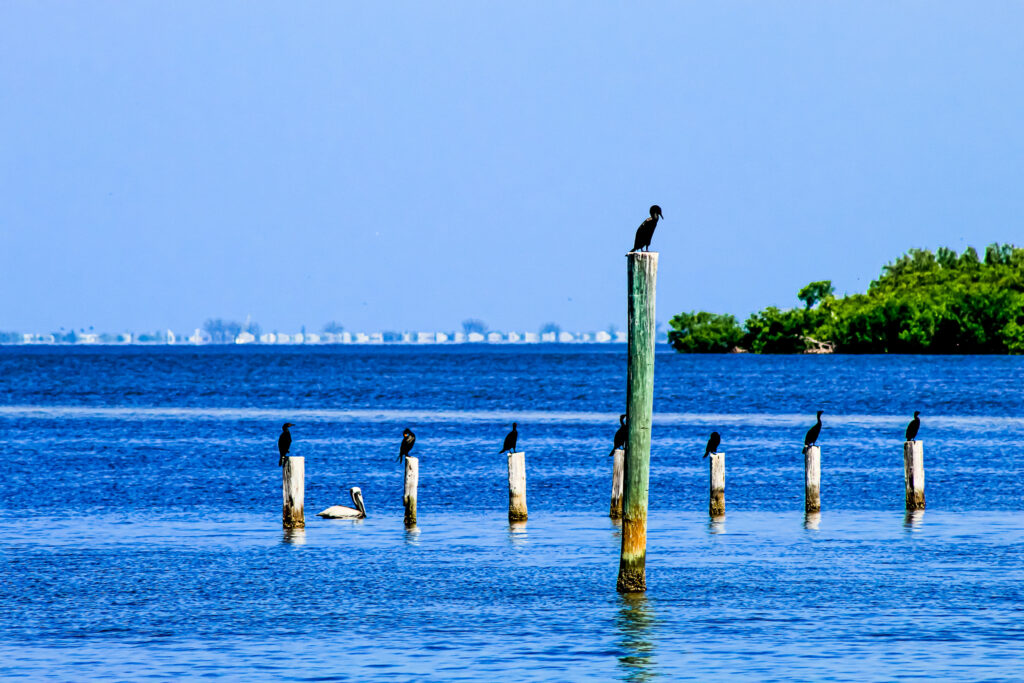
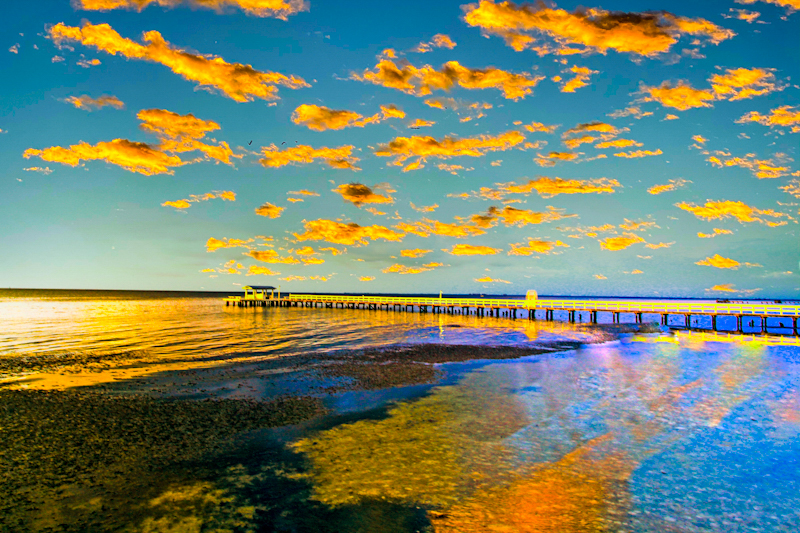
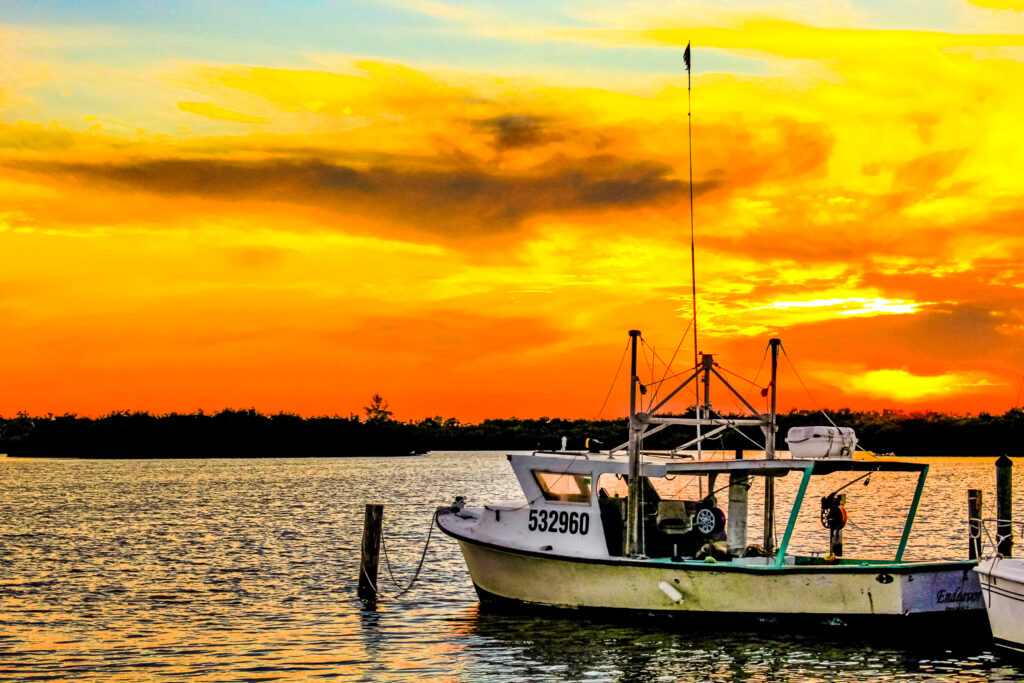
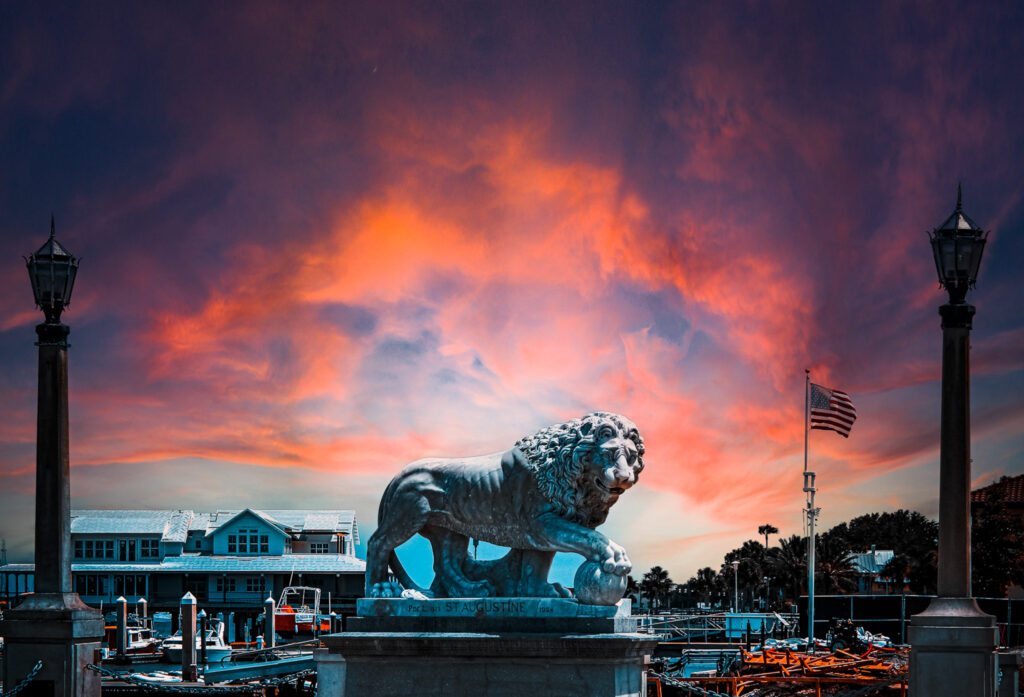
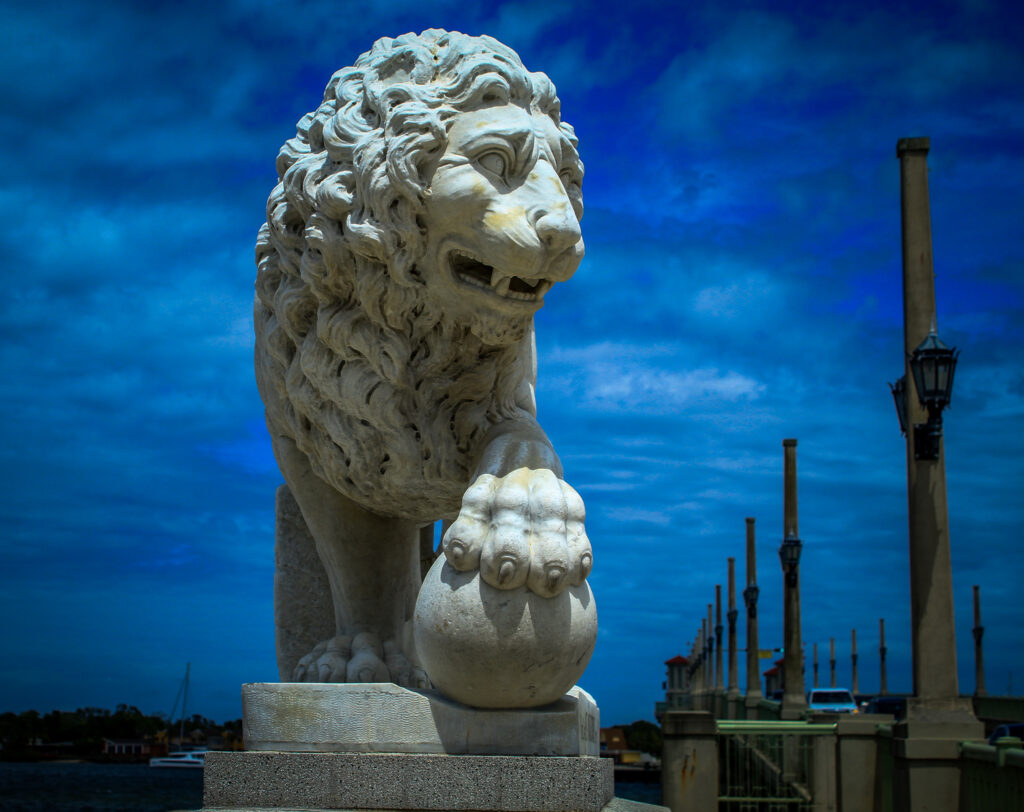
NAUTICAL SHELL ART available for FINE ART PHOTOGRAPHY LICENSING
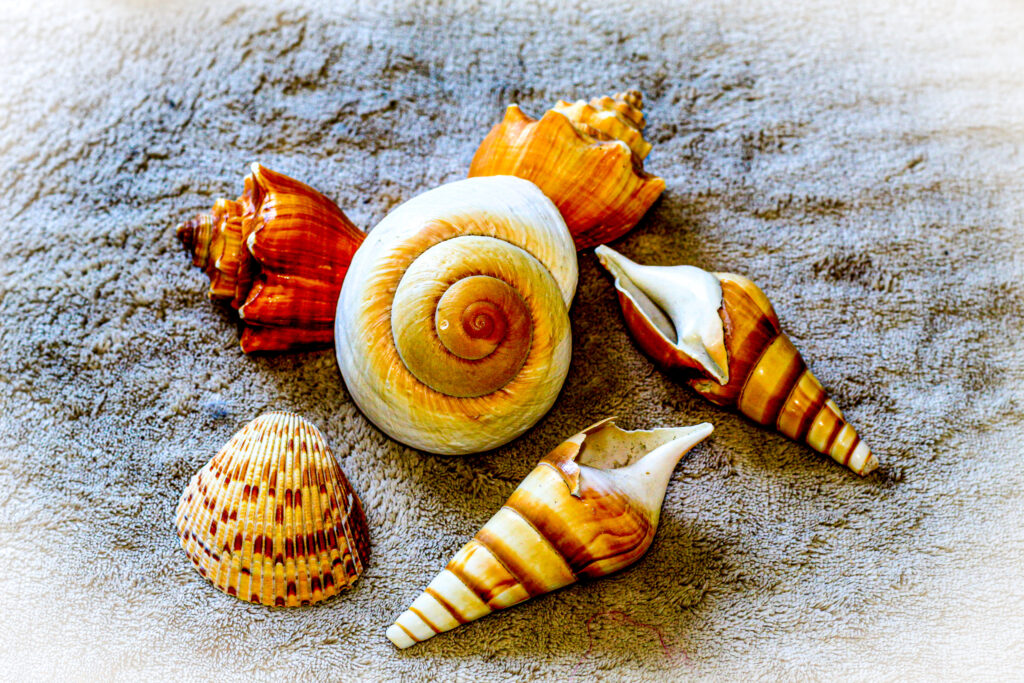
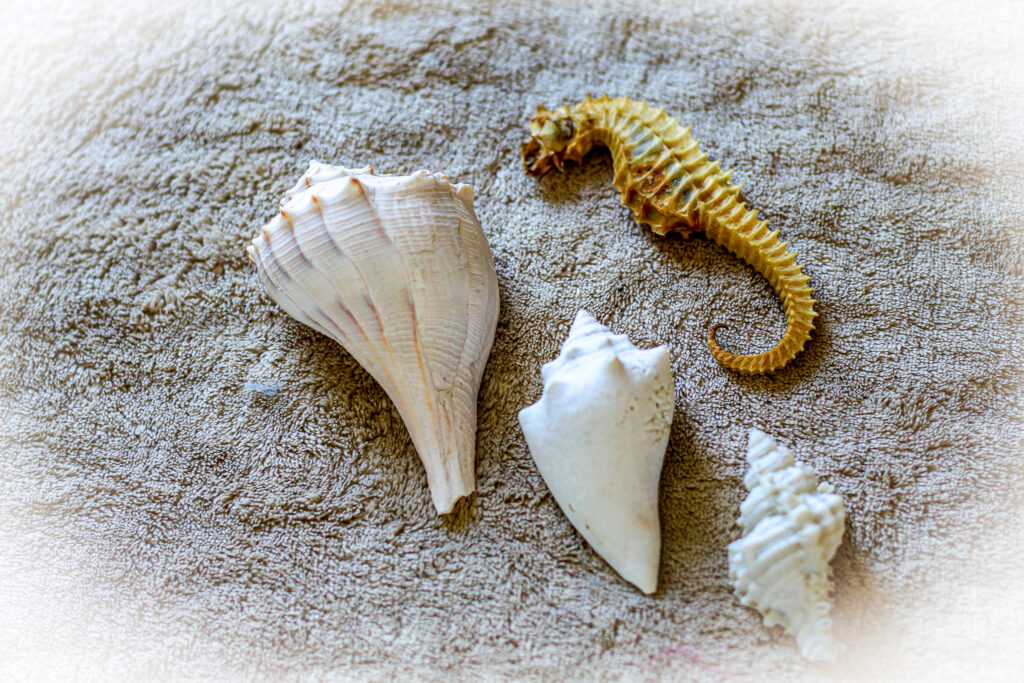
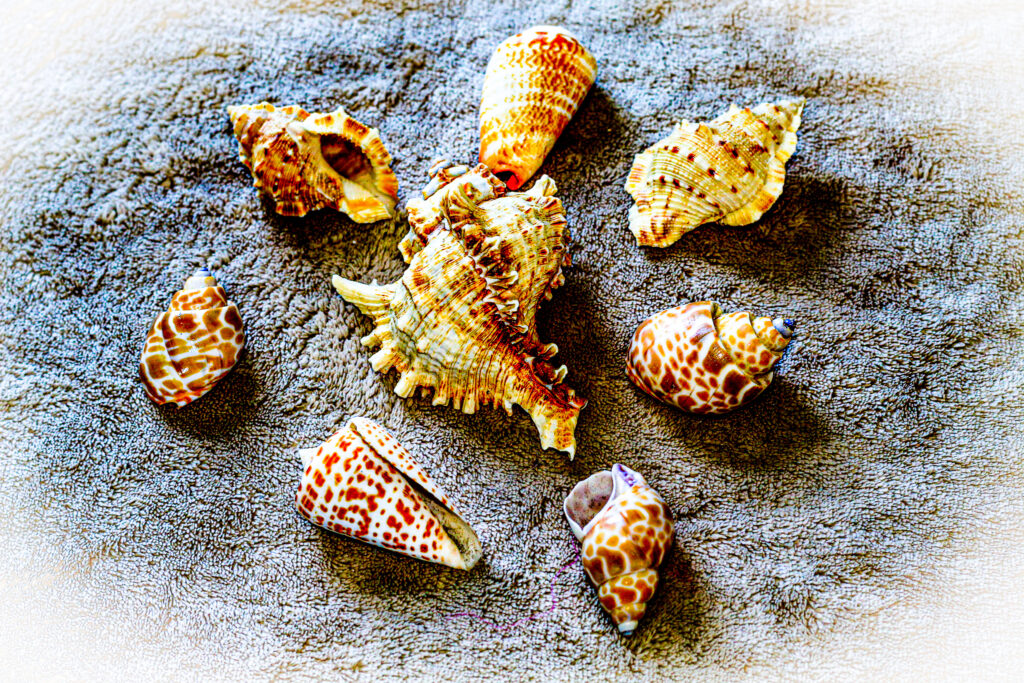
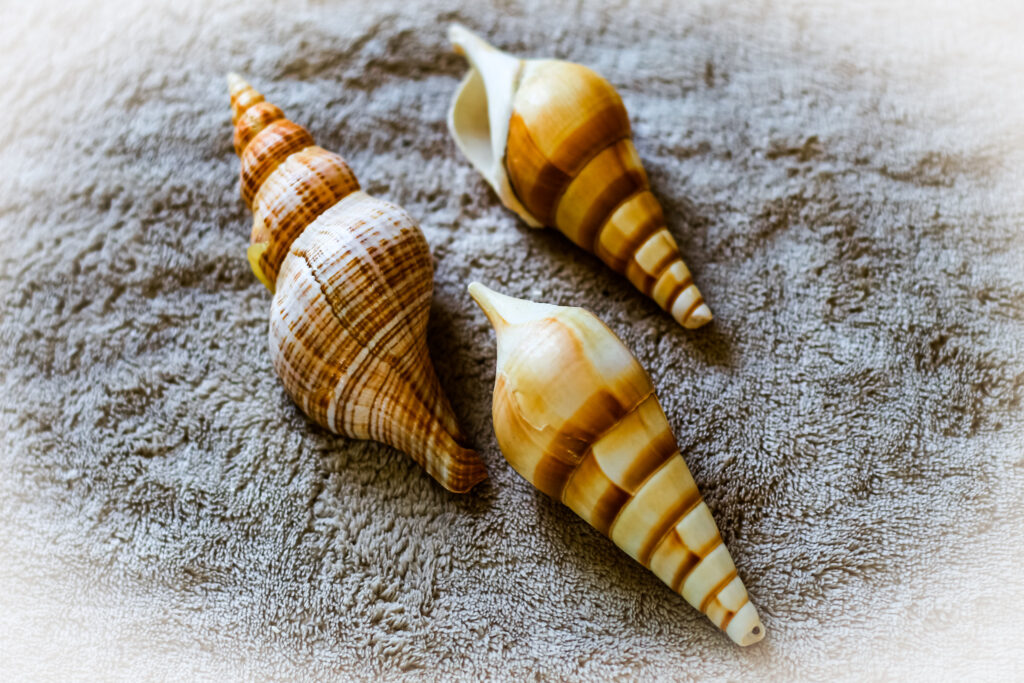
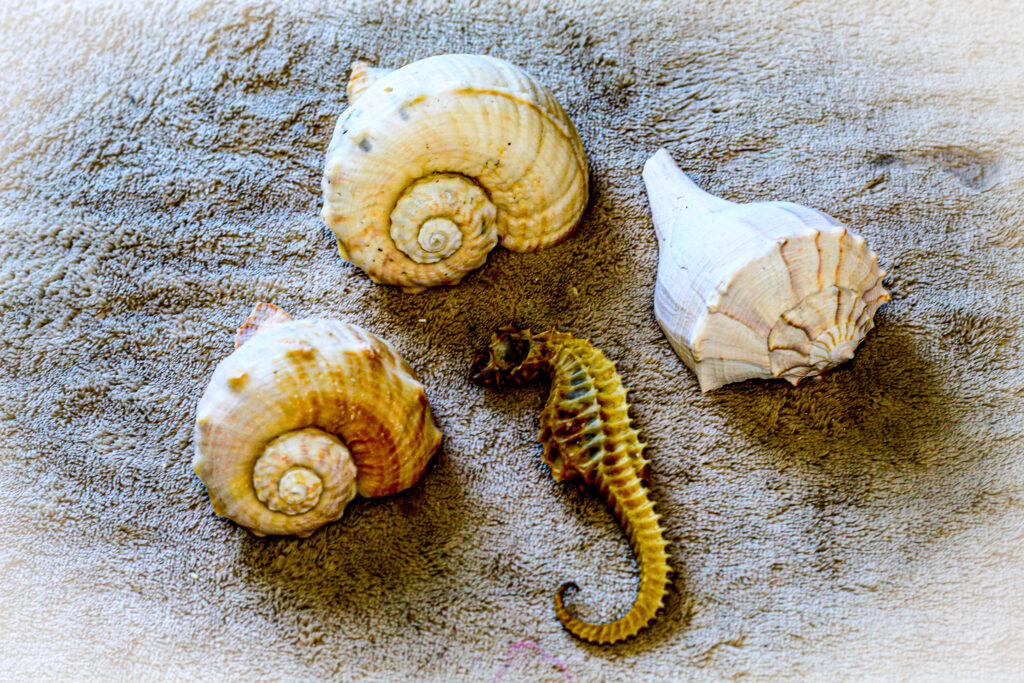
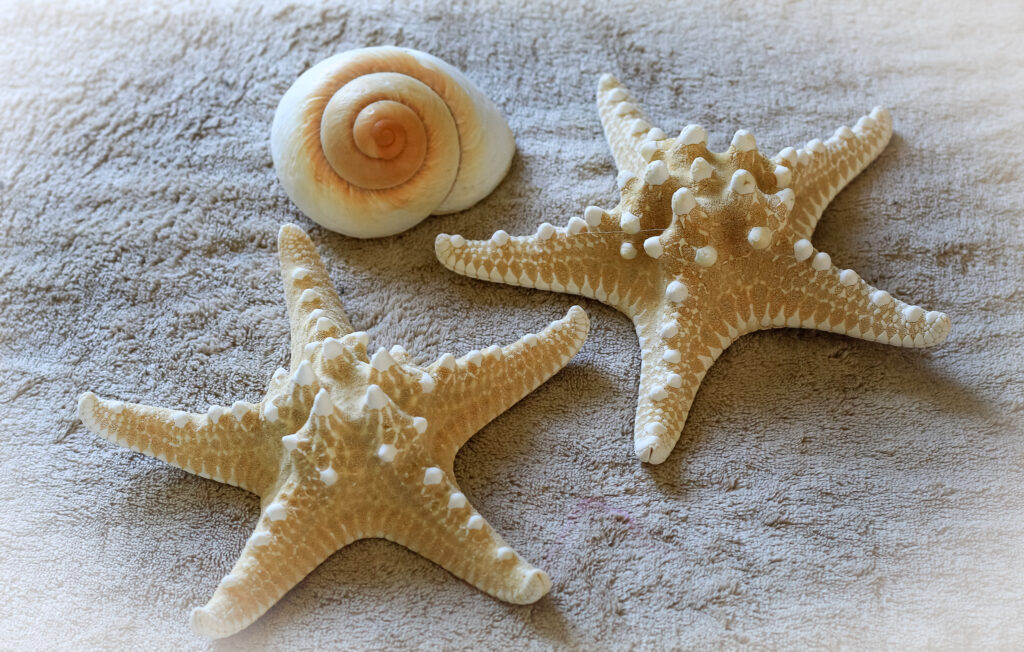
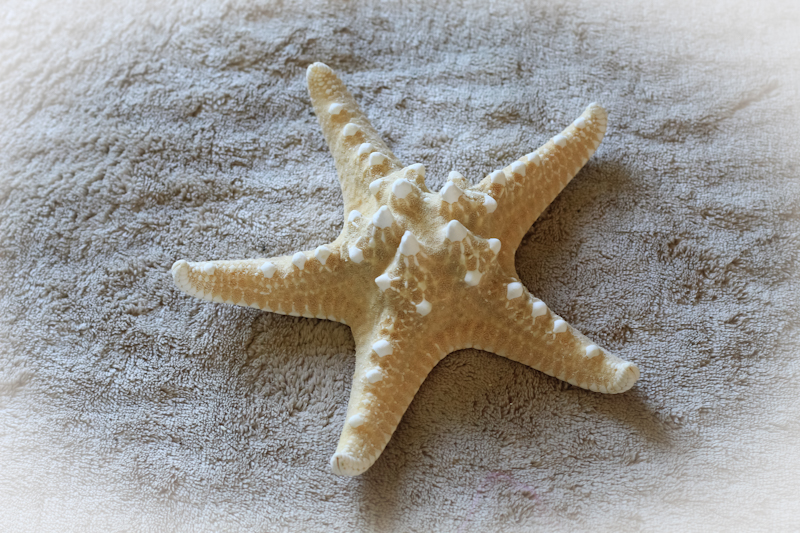
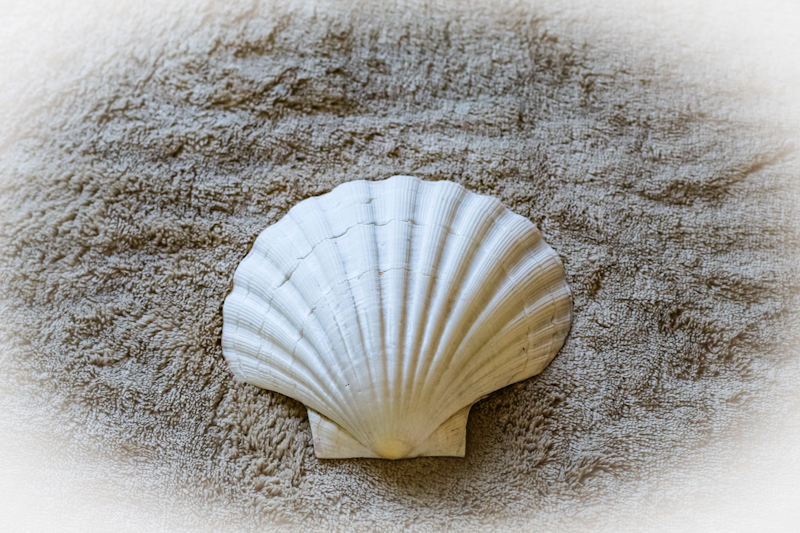
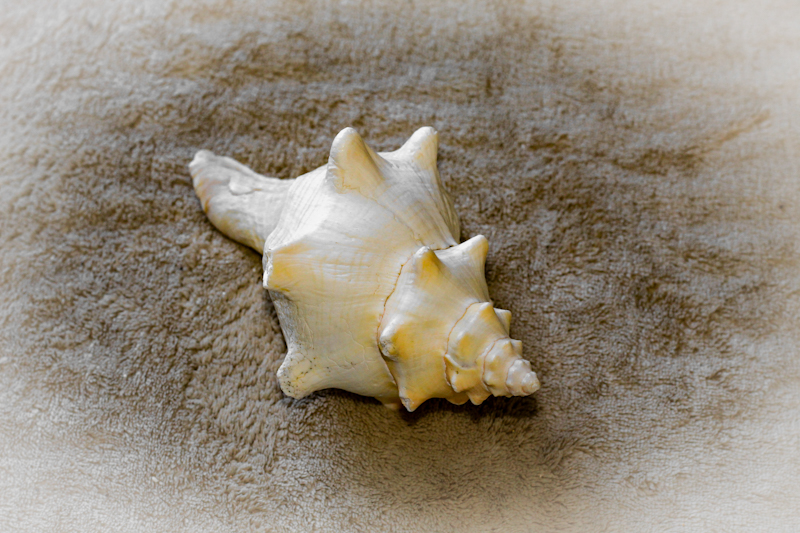
Copyright Gerald Grenough 2023
“You don’t make a photograph just with a camera. You bring to the act of photography all the pictures you have seen, the books you have read, the music you have heard, the people you have loved.”
― Ansel Adams
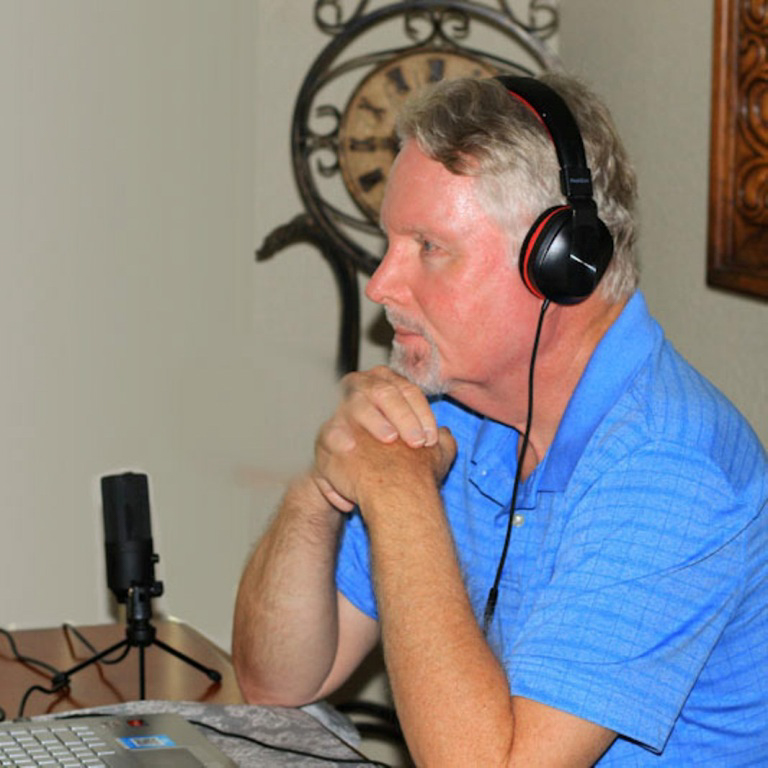
Artist Statement
“Color! What a deep and mysterious language, the language of dreams.” ― Paul Gaugin
After studying the technical and scientific aspects of photography for at least 1,000 hours, I found the next natural step in understanding the importance of visual storytelling was to study the work of the Masters of the 1800s, starting with the Hudson River School artists, Sotheby’s conducted a recent art sale of their paintings, many of them valued in the $30,000 – $50,000 range. The most celebrated landscapists of that century are the example for us of the classic use of architectural forms and composition. Here’s a painting from that group, courtesy of nga.gov
